

































WINNERS REVEALED:

Reviewing the Global Gaming Awards in London
ROUNDTABLE: We explore... what’s the deal with casino streaming?
AROUND THE WORLD: Articles on Finland, the UK, Curaçao & more






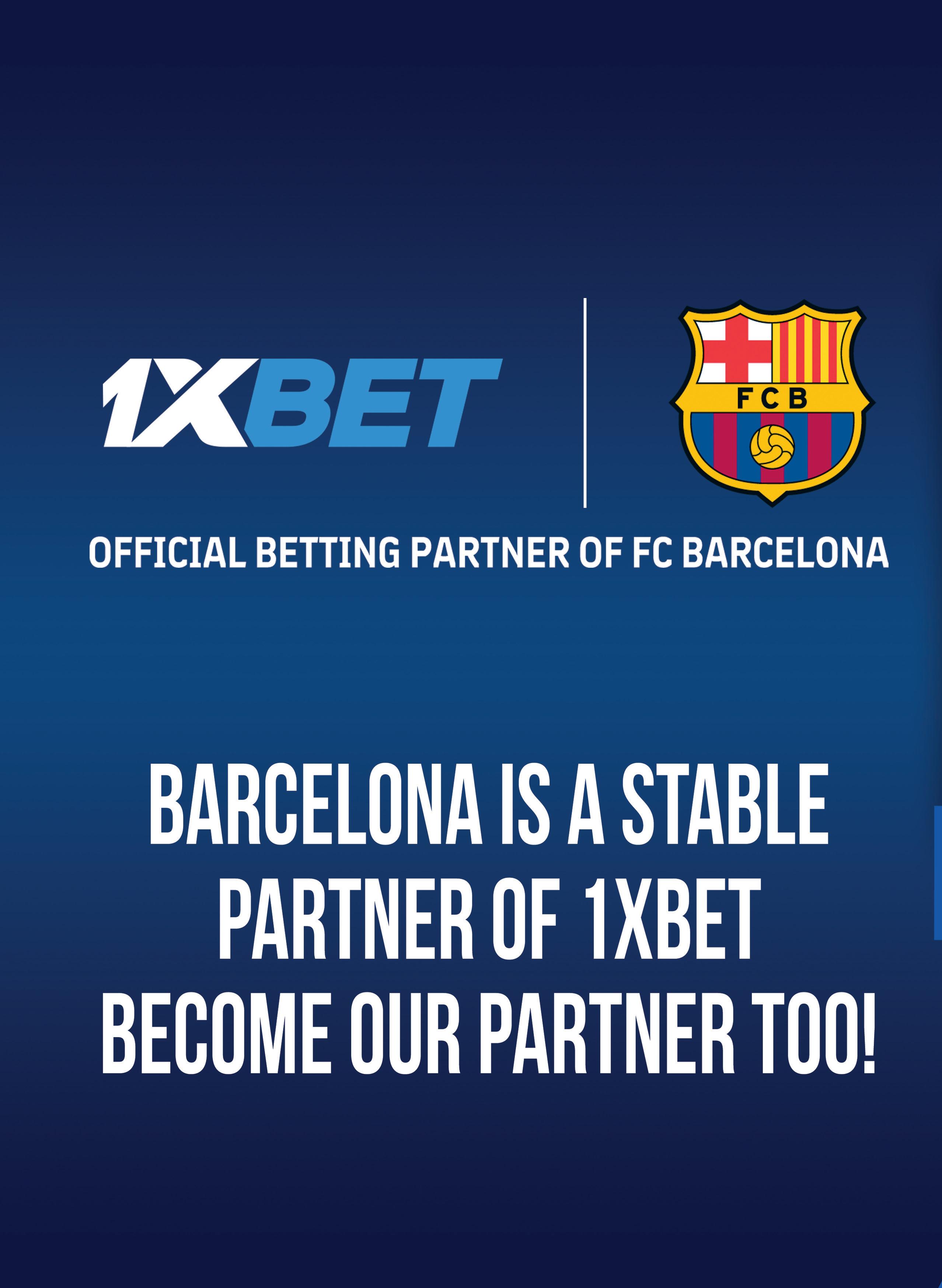
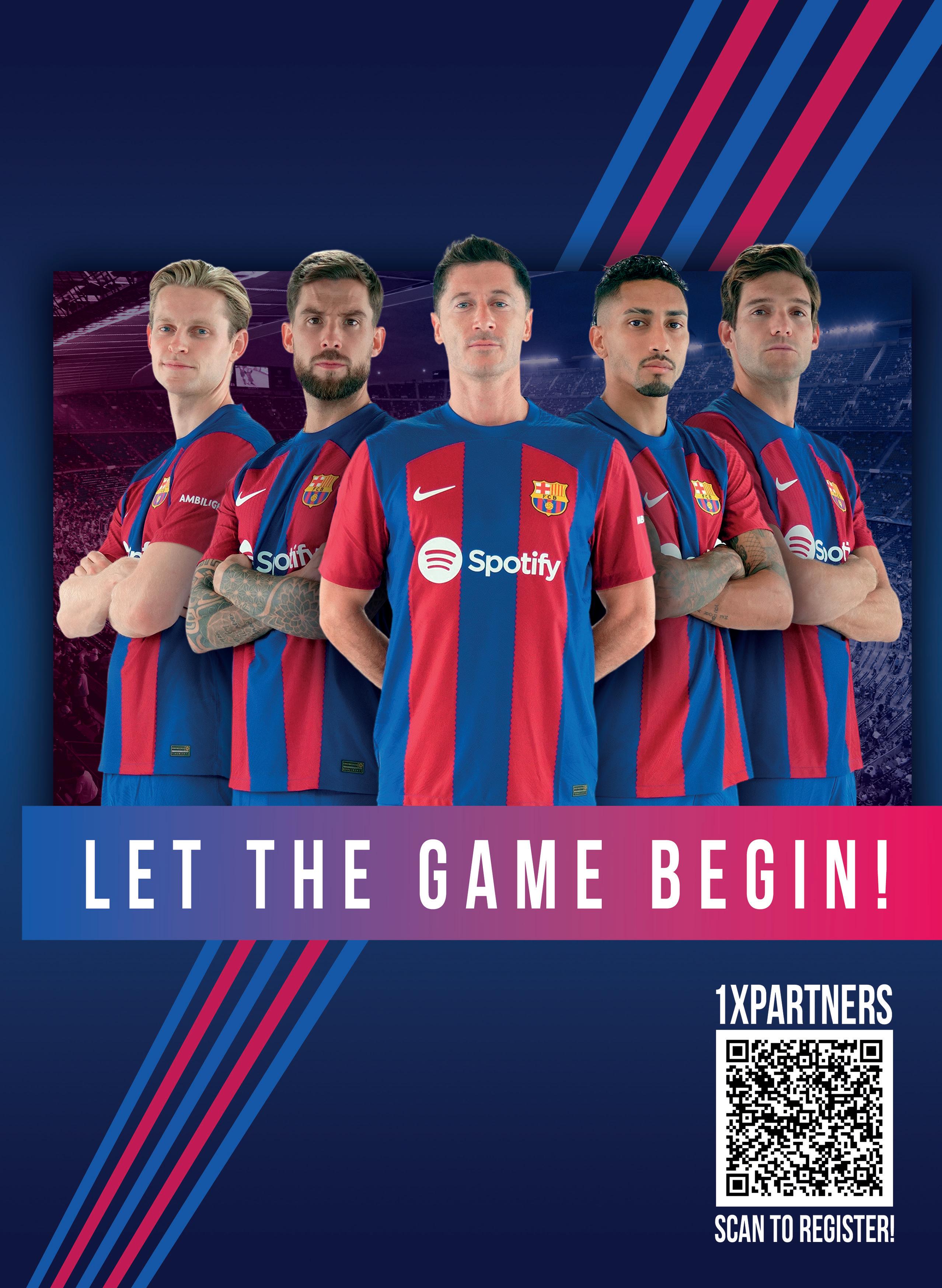






hirty years… has it been that long already?




















How time has own since the rst-ever online bet was placed, and how the industry has changed in that time. We sit today in a world where thousands of online casinos pro igate the World Wide Web. There are those – many – who will argue we are, in fact, part of an age with simply too much opportunity to gamble.
Rewind, though, to a time when the World Wide Web was barely a thing; a time when land-based casinos weren’t just the norm – they presented the only form of gambling. The transition has given birth to a whole new behemoth of industry, and Gambling Insider speaks with industry experts to explore just how that transition has played out, along with its many di erent phases and iterations.
Elsewhere within our March/April issue, we review the winners of February’s Global Gaming Awards EMEA in London, which saw Paddy Power, bet365, Spribe and more leave the industry’s most prestigious Awards ceremony with trophies.
There’s a global theme to several of our key features, as the IGA Group walks us through the latest developments within Curaçao’s licensing system (in brilliant detail). Over in Finland, meanwhile, experts talk us through a market that has 'passed go' and is moving away from a monopoly system.
The UK, and more speci cally London, provides us with a double focus this issue – rst we speak with the son of famed gambler Stevie Thomas, Thomas being the subject of a book release this year. Also looking at a time gone by, we review what exactly went wrong at Crockfords... And when you actually look into it, despite its historic reputation, what went wrong is very clear.
In today’s age of myriad options for gamblers (I just wrote about the thousands of online casinos that pro igate the internet, didn’t I?), Crockfords found itself with an o ering so limited it could not attract anyone on merit – only on heritage. Predictably, that did not remain sustainable for long.
Before I close o my second Gambling Insider Editor’s Letter of 2024, I would like to personally thank each of our Roundtable contributors for a very informative edition of the regular feature. This time, we focused on casino streaming and the responses we received from industry suppliers – and streamer extraordinaire herself Lady Luck HQ – made for fascinating content.
William Aderele
William.Aderele@gamblinginsider.com
Tel: +44 (0)20 7739 2062
Irina Litvinova
Irina.Litvinova@gamblinginsider.com
Tel: +44 (0)207 613 5863
Serena Kwong
Serena.Kwong@gamblinginsider.com
Tel: +44 (0)203 435 5628
Max NGarry
Max.Ngarry@gamblinginsider.com
Tel: +44 (0)207 729 0643
BUSINESS DEVELOPMENT MANAGER
Michele Brooks
Michele.Brooks@globalgamingawards.com


Our thanks, of course, to all contributors, including those involved in our Insiders, Product Reviews and Final Word sections, while Ron Mendelson of Fast Offshore provides his own walkthrough of online gaming history, supplementing our main feature.
Much has changed within the last 12 months, let alone three decades. But one fact does remain: people love to gamble. I’ve said it before – probably within these very pages – but that will never stop; whether it’s another 30 years from now or 3,000.
TP, Editor

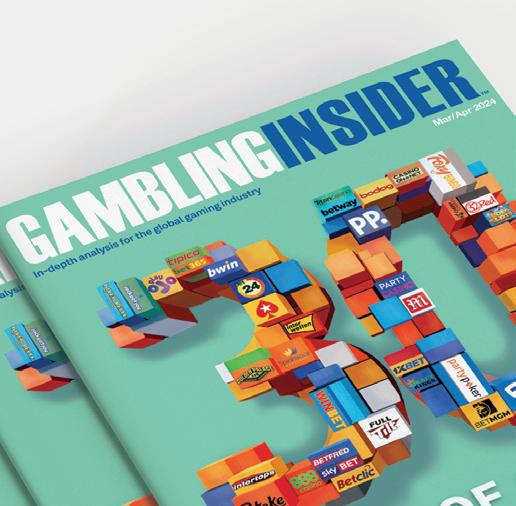
Tel: +44 (0) 207 739 5768
CREDIT MANAGER





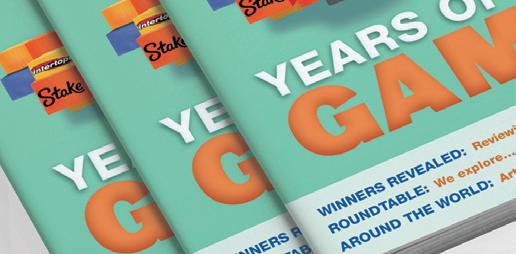

















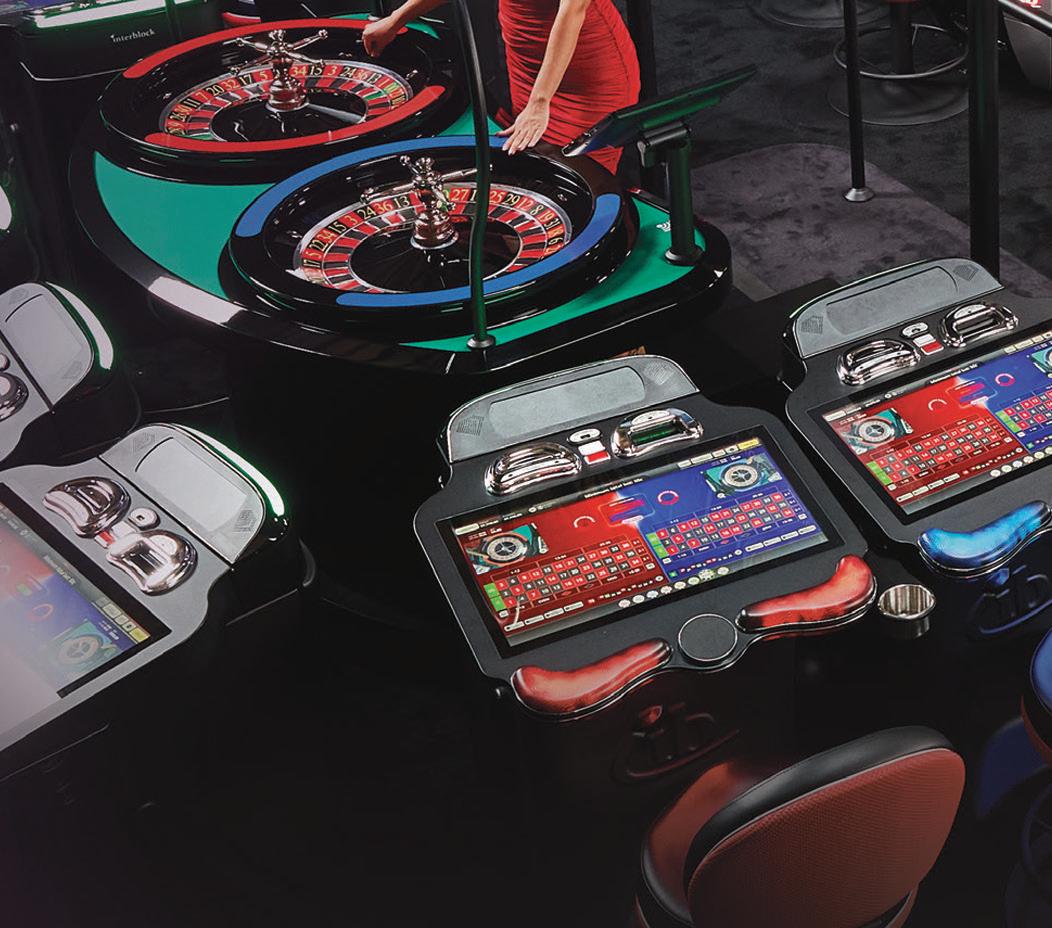
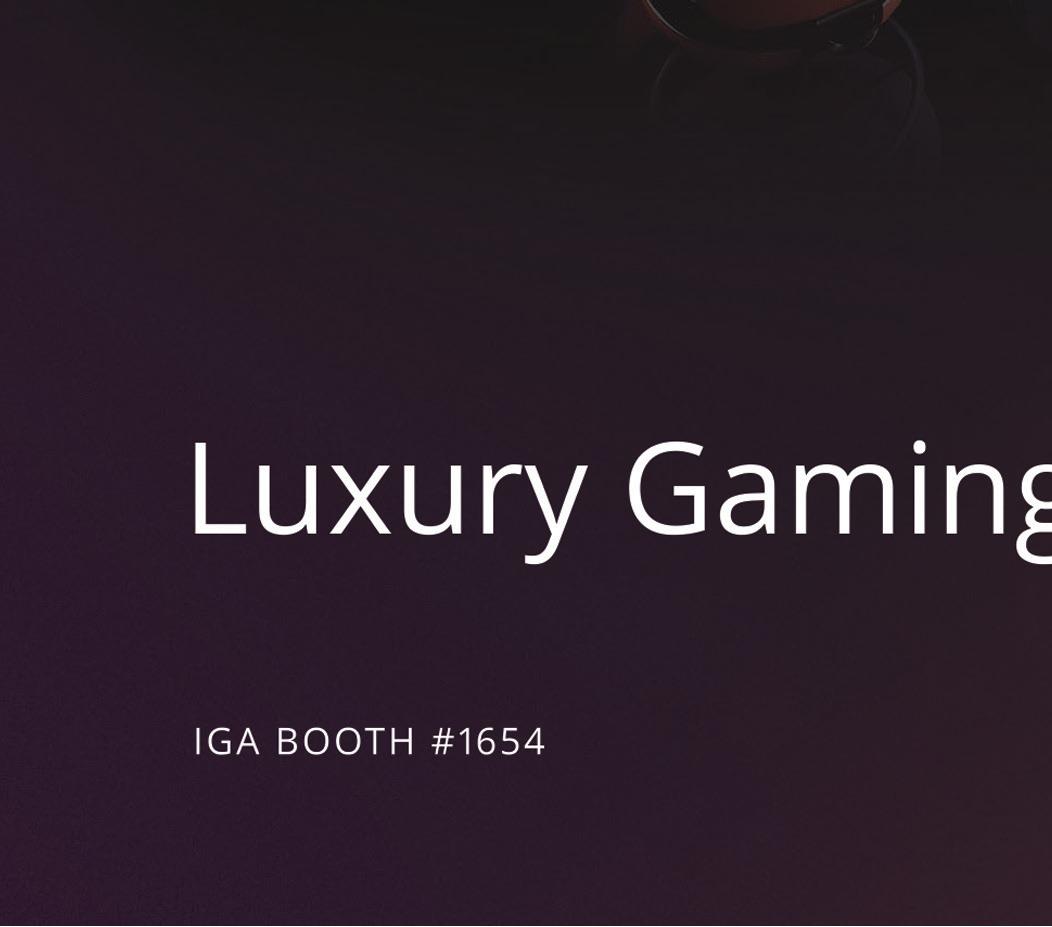
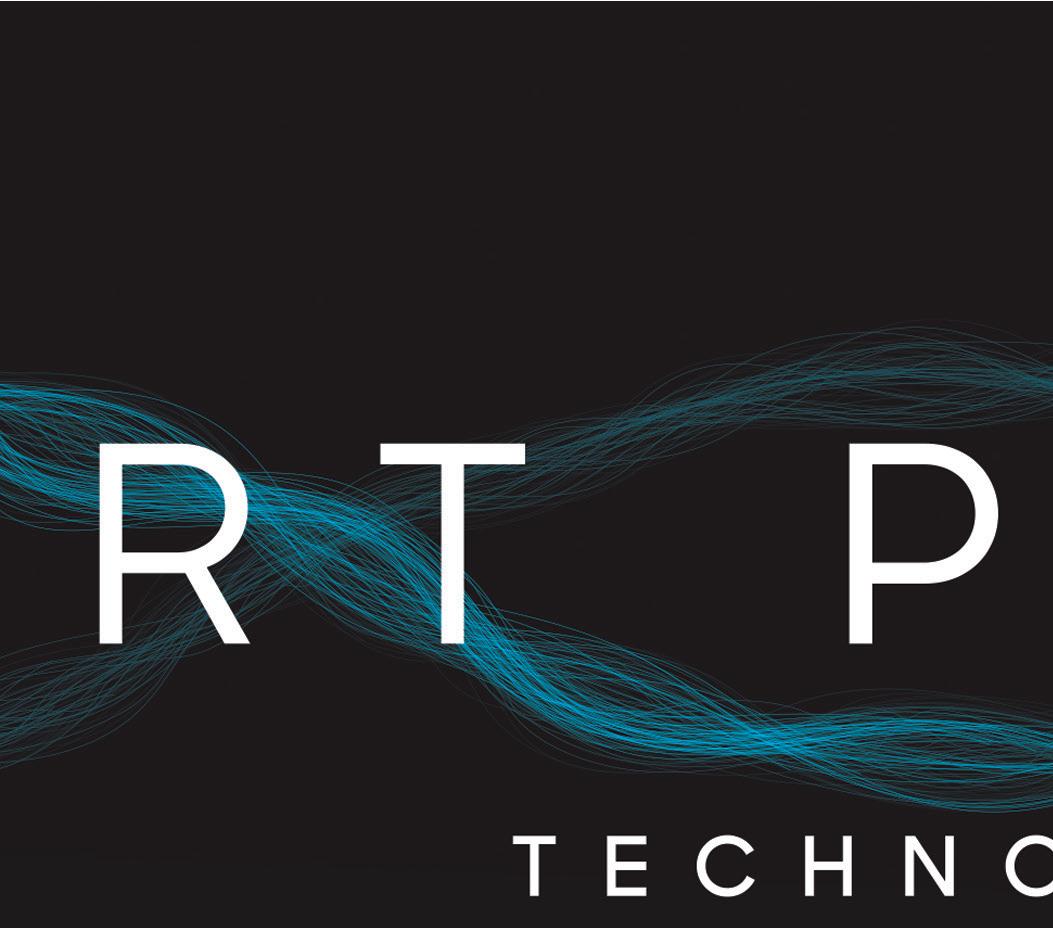
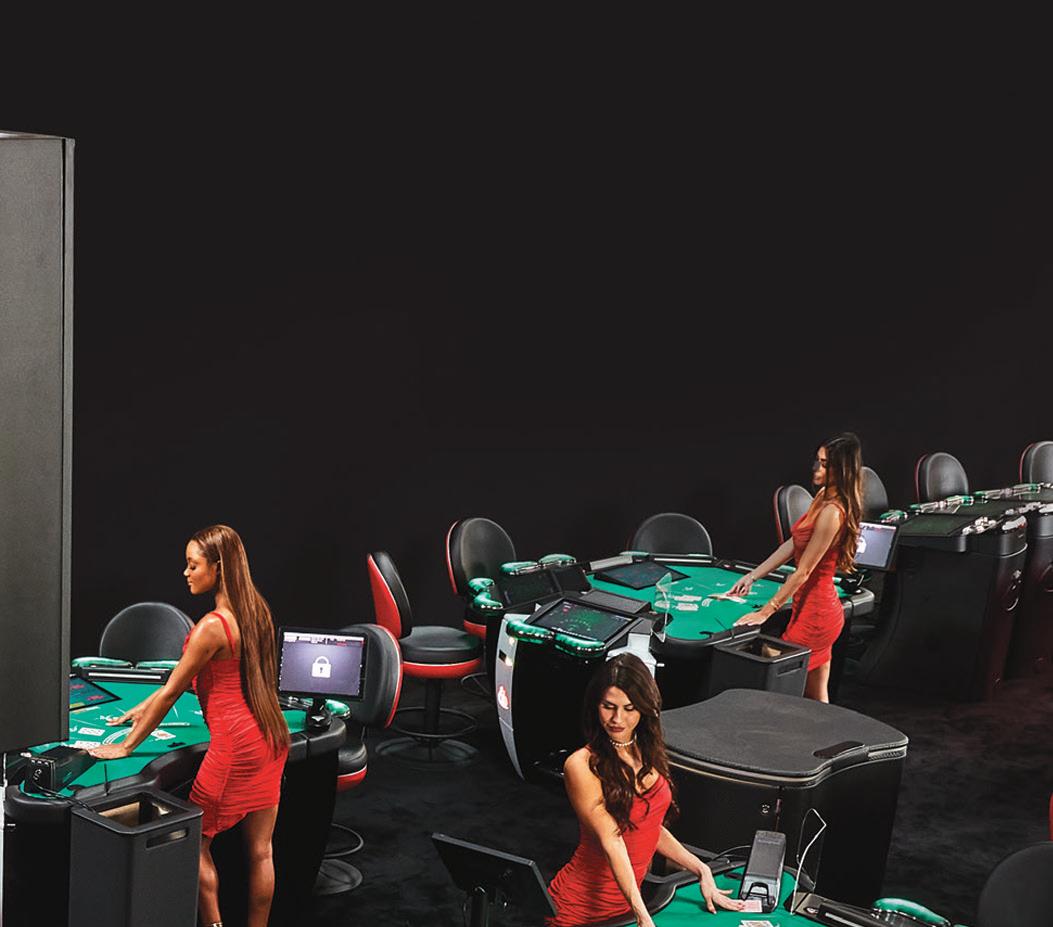
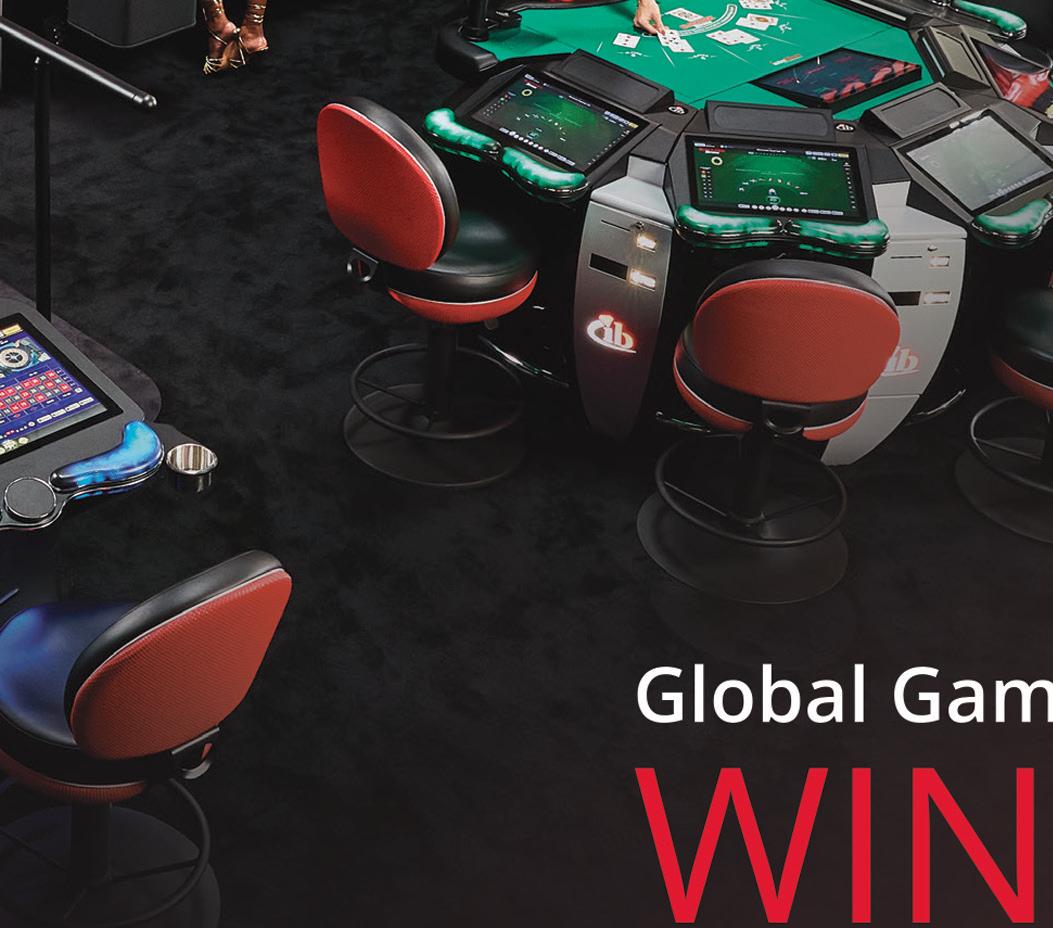
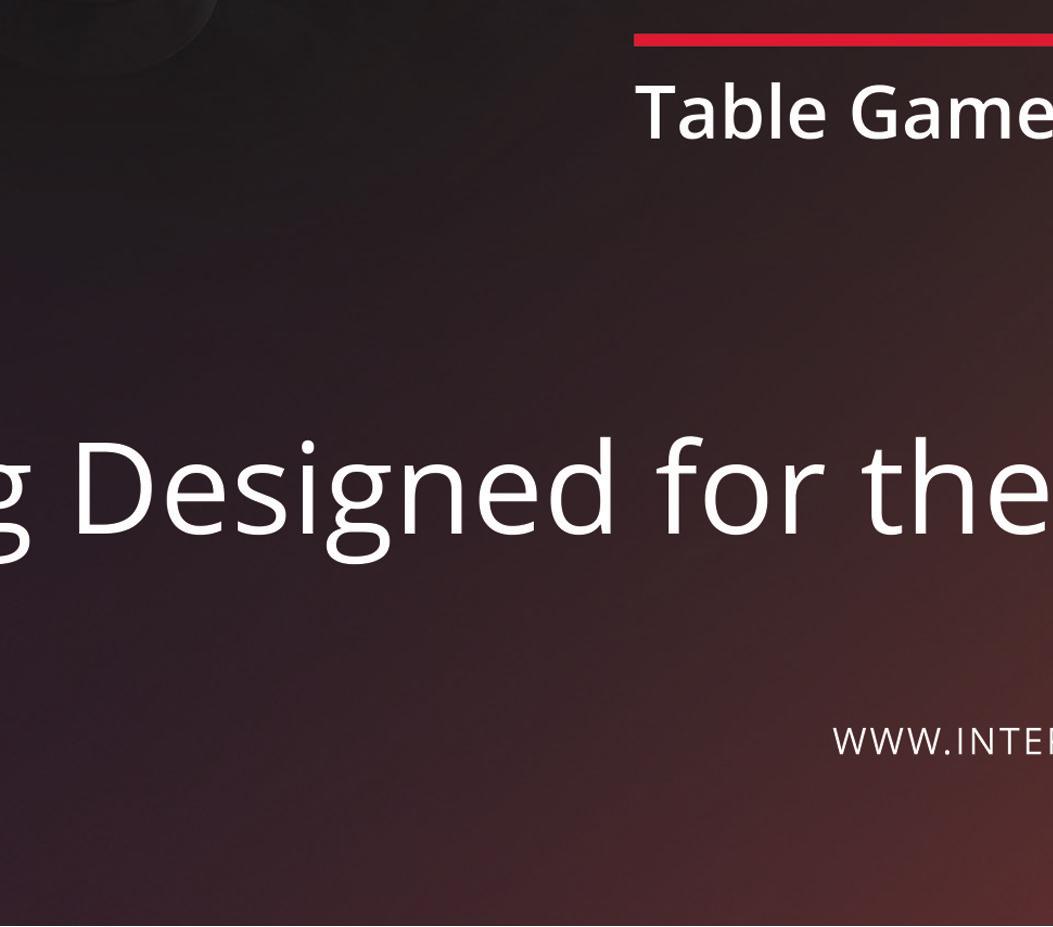
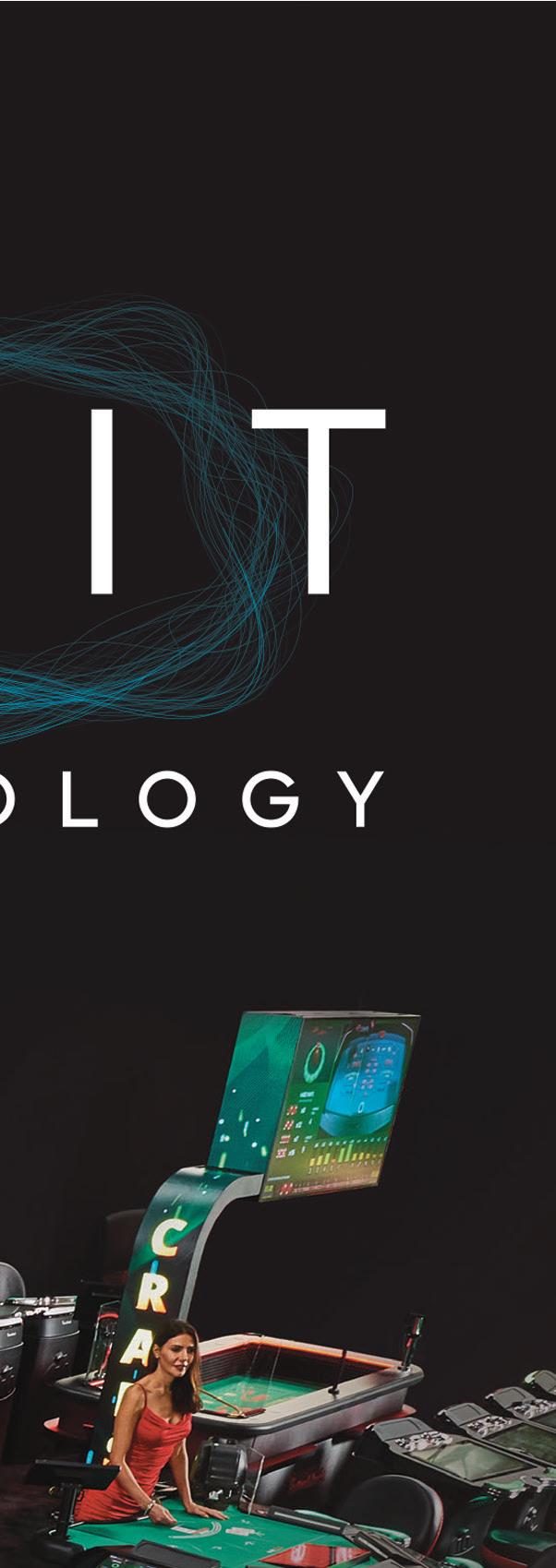
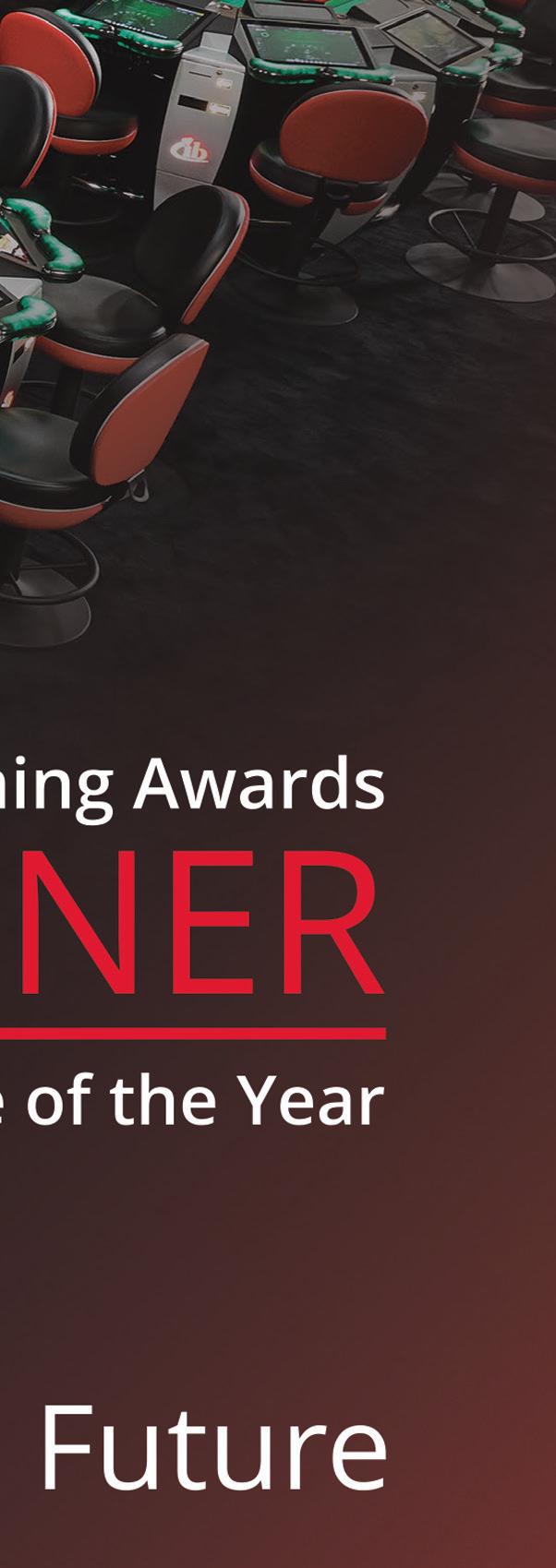













8 Facing facts
Gambling Insider looks at statistics from key time periods across a history of online gaming
14 Taking stock
We track operator and supplier prices across a six-month period
18 BetMGM: A history
After BetMGM CEO Adam Greenblatt joined the first Huddle of 2024, Gambling Insider looks back on some key dates in the company’s short and successful history
20 EMEA 2024 – London
We look back on the winners of the Global Gaming Awards in London
34 30 years of online gaming
Thirty years on from the first online bet, Gambling Insider investigates the history of iGaming and where we can expect the industry to go next...
40 30 years of 'iLicensing'
Regular Gambling Insider contributor
Ron Mendelson of Fast Offshore gives his take on the last 30 years of the iGaming market
44 Sky Vegas Q&A
Sky Betting & Gaming Head of Gaming
Brand and Creative, Jonathan Lloyd, talks to Gambling Insider about Sky Vegas’ latest advertising campaign
46 Curaçao past, present and future
Mario Fiorini, Founder and Director of IGA Group, walks us through Curaçao's history, whose “fundamentally flawed” framework brings with it a chequered past




























































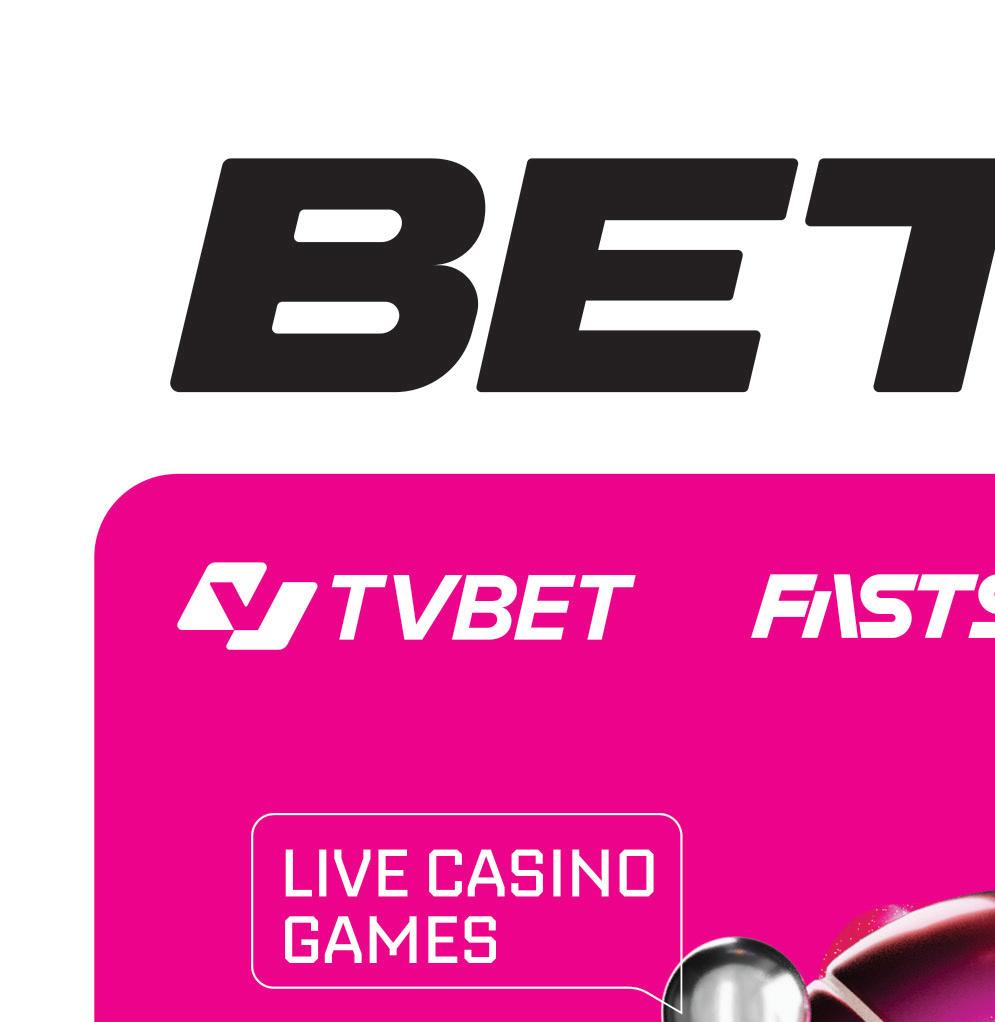
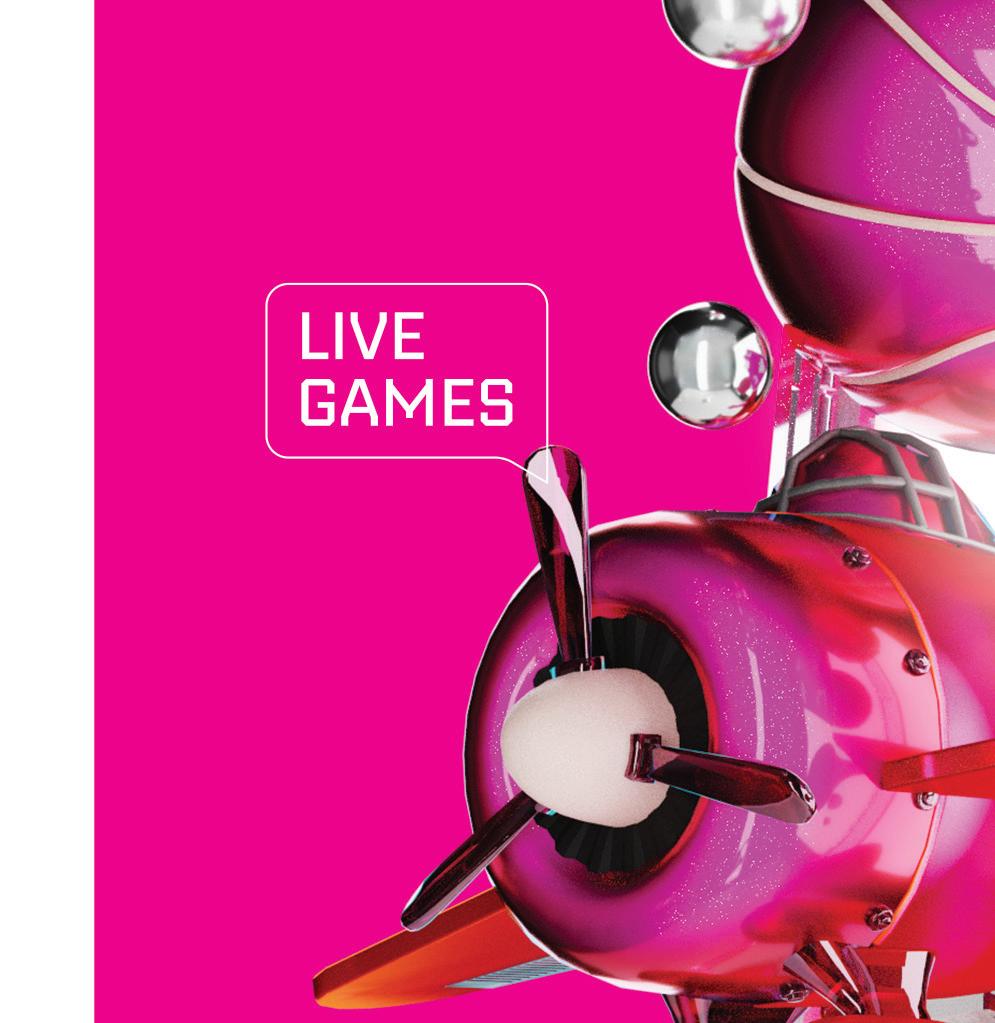

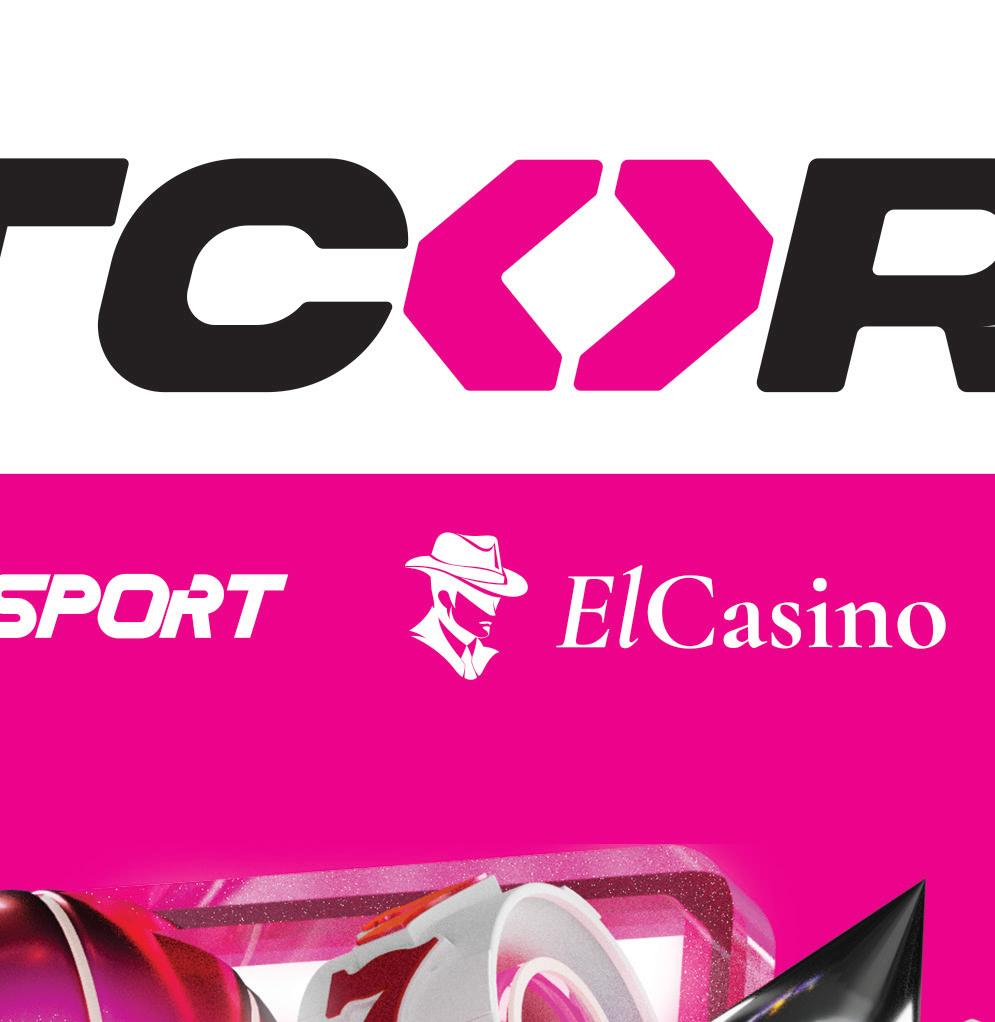
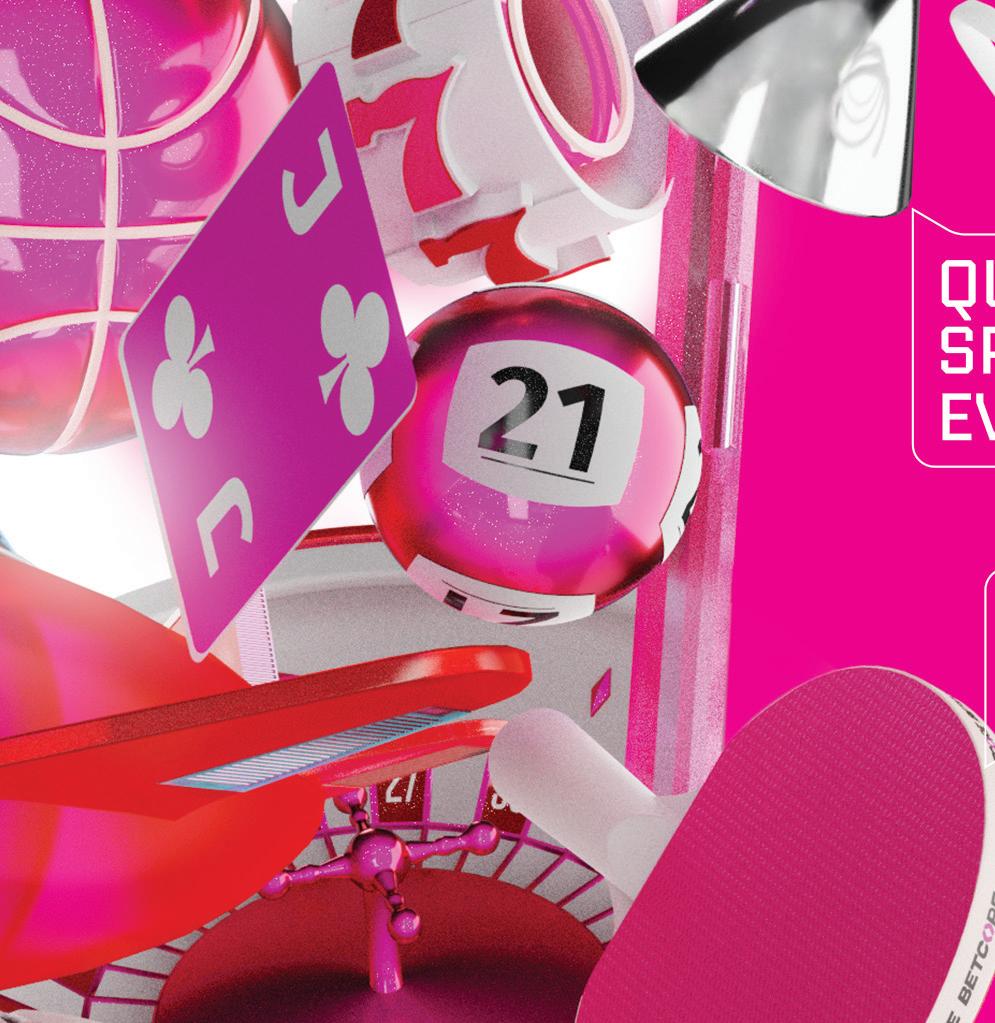




Source: Company reports
• William Hill was founded in the early 1900s offering bookie services in the UK. It introduced online betting options (called ‘interactive’ in early company reports’) in the late 1990s, which resulted in the rapid decline and eventual operating loss of telephone betting.
• Telephone betting was reported to have made £0.0m in FY12, with no report given in 2013.
• While profits fluctuated in the period at around the £300m mark, the contributors to this amount shifted, with retail profit declining while online profit grew annually. This grew notably between 2010 – 2012 with the introduction of smartphones.
Source: Malta Gaming Authority
• The Malta Gaming Authority was established in 2001. The nation became an iGaming hub at the time with iGaming now being a key industry on its islands. A gaming licence from the MGA allows operators and suppliers to work in several European territories.
• Fewer licences were issued in 2022 than any other year listed at 31. Despite this, 2022 saw 27 gaming licence terminations.
Source: New Jersey Division of Gaming Enforcement
• Despite New Jersey Governor Phil Murphy signing Assembly Bill 4111 to legalise sports betting in the Garden State, Borgata Hotel Casino & Spa, the most profitable casino in the state, did not see an uptick in online gross monthly win until 2020. This may, in part, be due to the impact of Covid-19 and the demand for online gaming services.
• Following growth between 2020 and 2022, monthly gross internet win seems to have stabilised in New Jersey, with Borgata reporting revenue at around the $40m mark in both February 2023 and 2024. These figures show the glowing potential of iGaming within the US... which is only yet touching the surface.
Number of Ksa online gambling licences permitted, October 2021 – August 2023
Source: The Kansspelautoriteit
• Online gambling became legalised in the Netherlands in October 2021, with the Kansspelautoriteit (Ksa) providing 10 licences at launch. Some of the first operators to receive a Dutch licence included bet365 and the Dutch lottery, Nederlandse Loterij. ‘In operation’ refers to operators who began operations upon receiving a licence, while ‘not in operation’ refers to operators who had not started operations at the time of receiving its licence.
• While growth was notable in the first year of legal online gaming, more than doubling from October 2021 to October 2022, the number of licences has since levelled out, with only one new licence permitted between December 2022 and August 2023.
Source: Company reports
• Svenska Spel is a Swedish governmentowned gaming operator that has been in operation since 1997. Sport & Casino and Tur (lottery and number games) results include both land-based and online revenue. Vegas is Sweden’s only legal slot game and operates in pubs, bingo halls and restaurants in Sweden, while Casino Cosmopol is a chain of legal land-based casinos operating across Sweden.
• Land-based operations (Casino Cosmopol & Vegas) were the most significantly impacted by Covid-19, as seen by the fall in revenue from SEK1.72bn in FY19 to SEK0.89bn in FY20.
Source: Company reports
• Much like neighbouring Sweden, Veikkaus, Finland’s government-owned monopoly gaming operator, saw a fall in land-based gaming revenue during Covid-19 while operations with more online capabilities remained stable.
• While gaming revenue has fallen overall, down from €1.69bn for FY19 to €1.03bn for FY23, the split between revenue from online and retail operations has shifted notably. While in 2019 retail accounted for 68% pf annual revenue, in 2023 it only accounted for 45.2%.

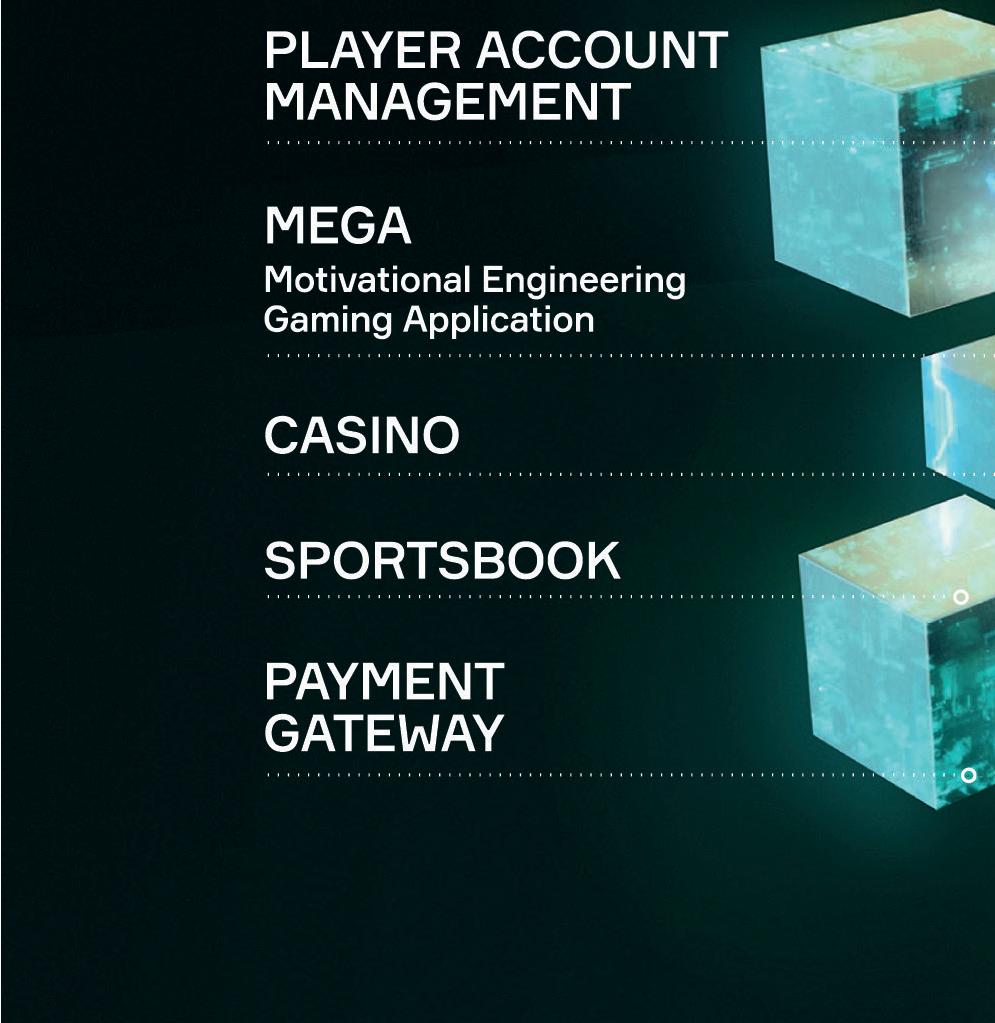
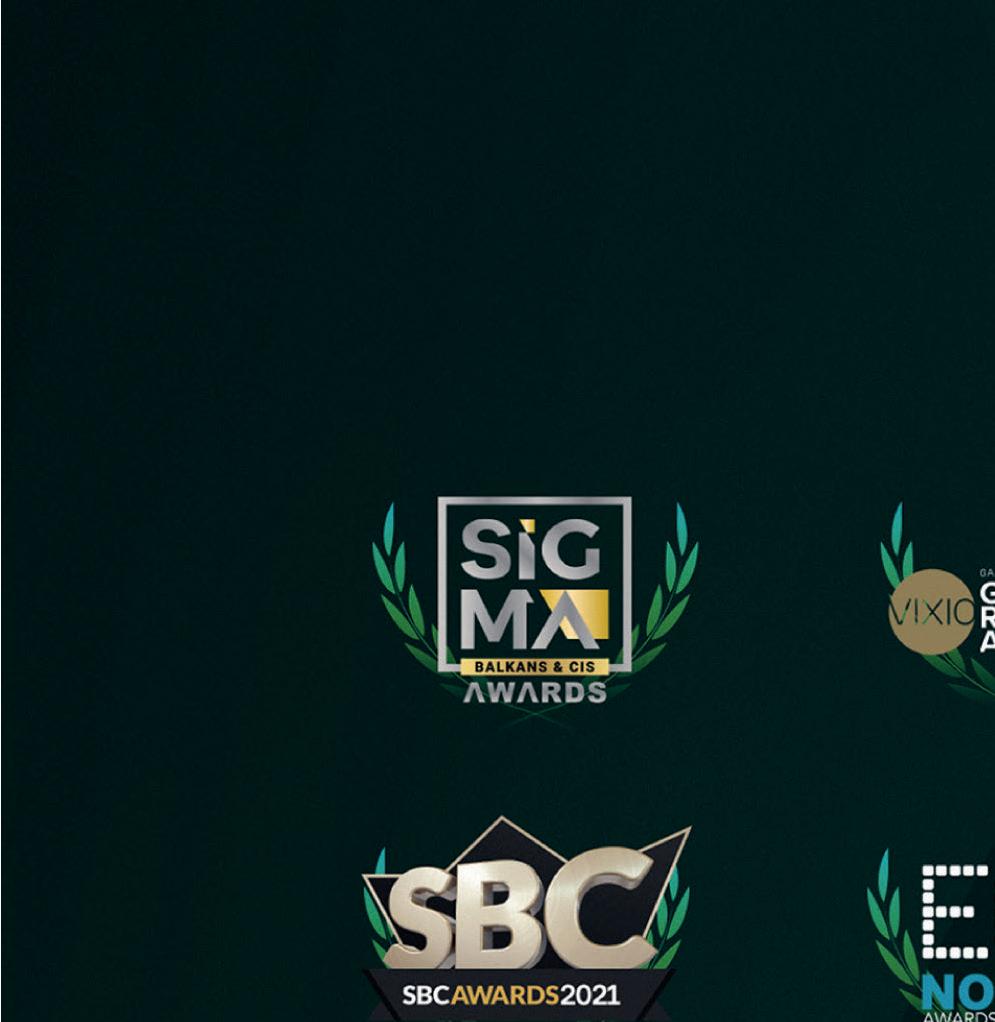
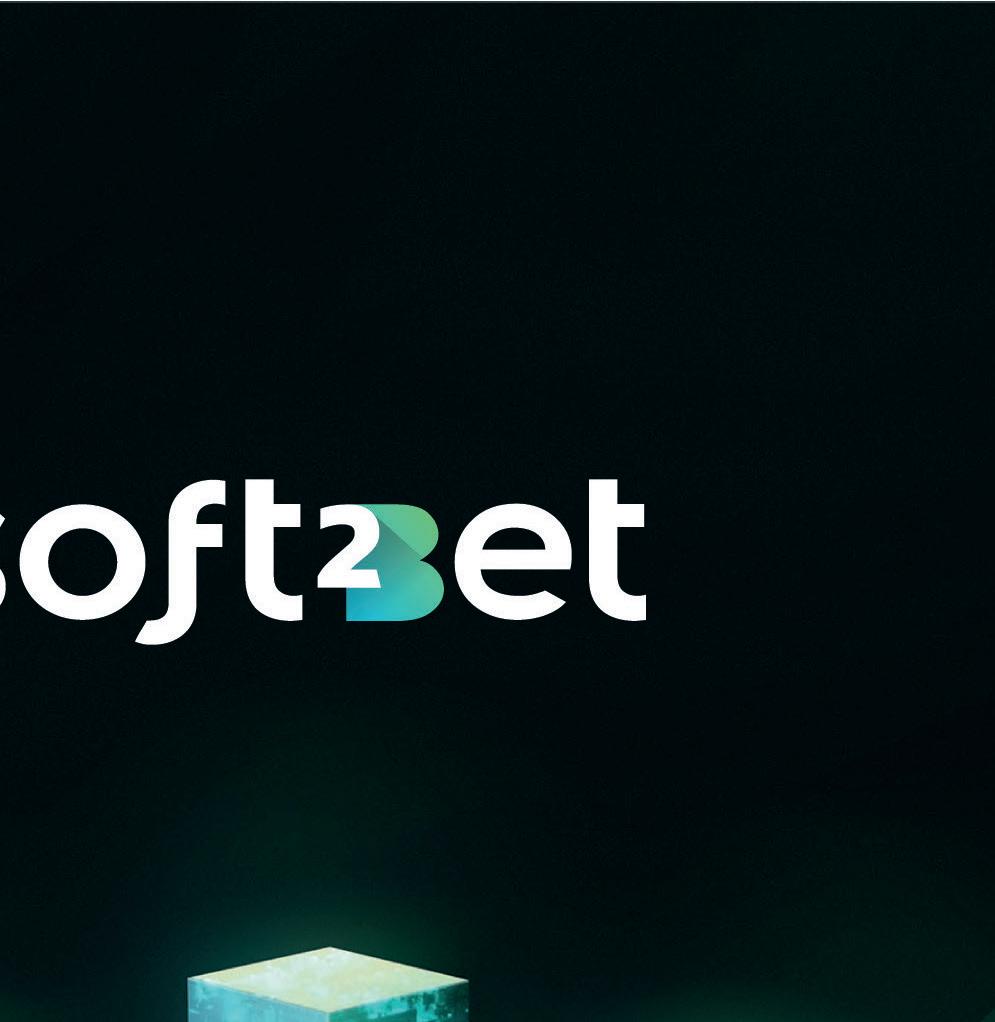

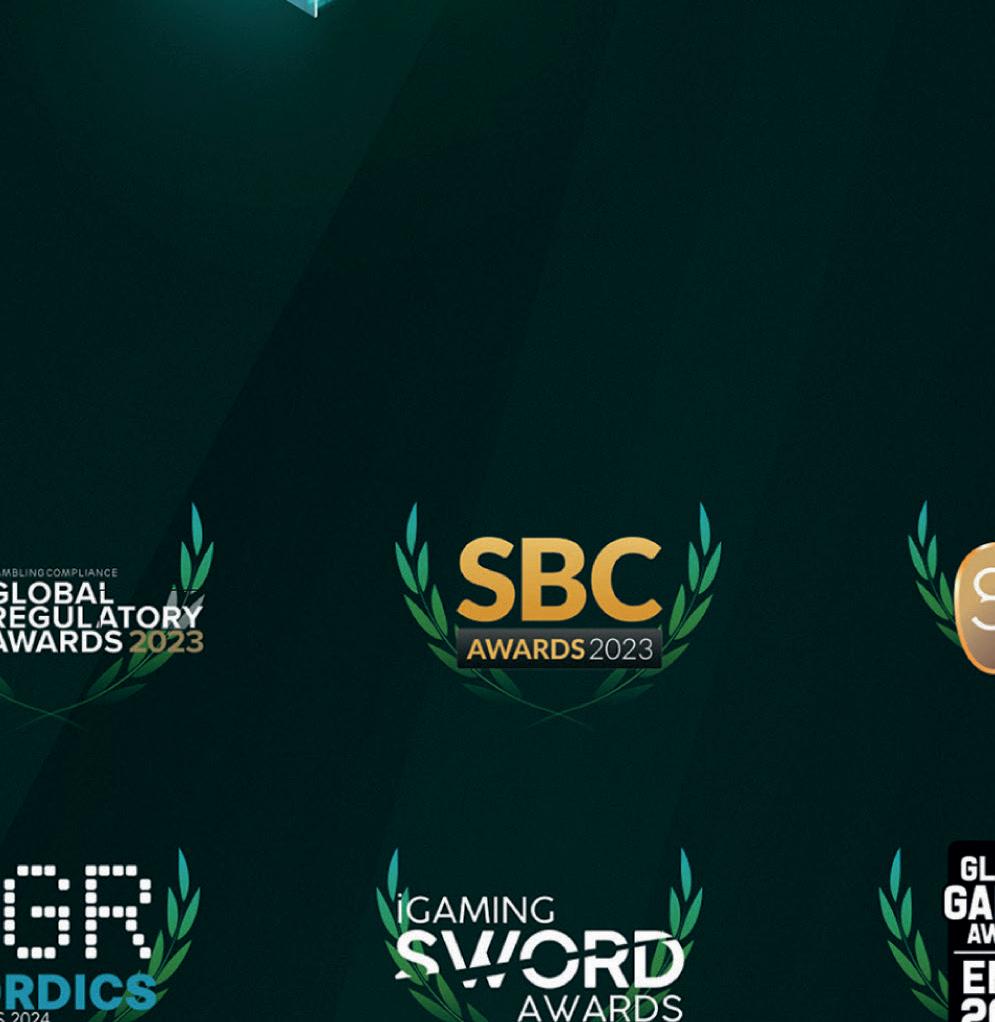



Gambling Insider tracks operator and supplier prices. Share prices are taken across a six-month period (September 2023 to February 2024) – and from the close of the first available date of the month
PENN ENTERTAINMENT
• Six-month high – January ($25.95)
• Six-month low – November ($19.60)
• Market capitalisation – US$3.24bn (as of February 1 2024)
CAESARS ENTERTAINMENT DRAFTKINGS
• Six-month high – February ($40.65)
• Six-month low – November ($27.23)
• Market capitalisation – US$18.19bn (as of February 1 2024)
MGM RESORTS
• Six-month high – September ($55.75)
• Six-month low – November ($39.47)
• Market capitalisation – US$9.32bn (as of February 1 2024)
• Six-month high – January ($45.48)
• Six-month low – November ($34.97)
• Market capitalisation – US$14.94bn (as of February 1 2024)
These four games promise legendary excitement and wild reel thrills. Watch as the mythical heroes grant you more and more WILDS and collect your Golden Balls for rich Progressive wins.
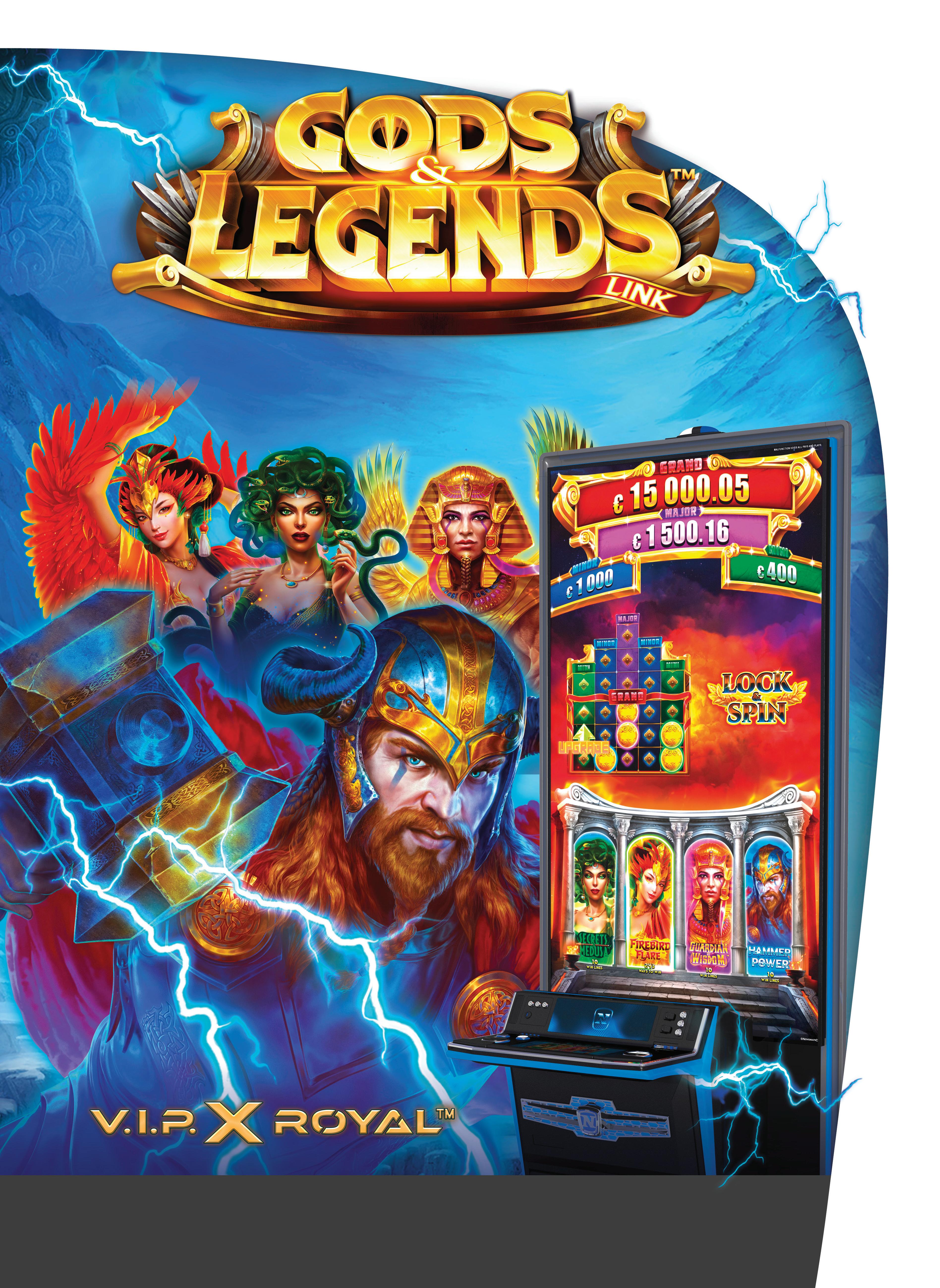

• Six-month high – December ($88.39)
• Six-month low – October ($70.87)
• Market capitalisation – US$7.31bn (as of February 1 2024)
• Six-month high – September ($32.16)
• Six-month low – November ($25.73)
• Market capitalisation – US$5.24bn (as of February 1 2024)
• Market capitalisation – US$8.21bn (as of February 1 2024) LIGHT
• Six-month high – February (AU$43.95)
• Six-month low – November (AU$39.04)
• Market capitalisation – US$18.53bn (as of February 1 2024)
• Six-month high – February (JPY 8,846.00)
• Six-month low – December (JPY 7,297.00)


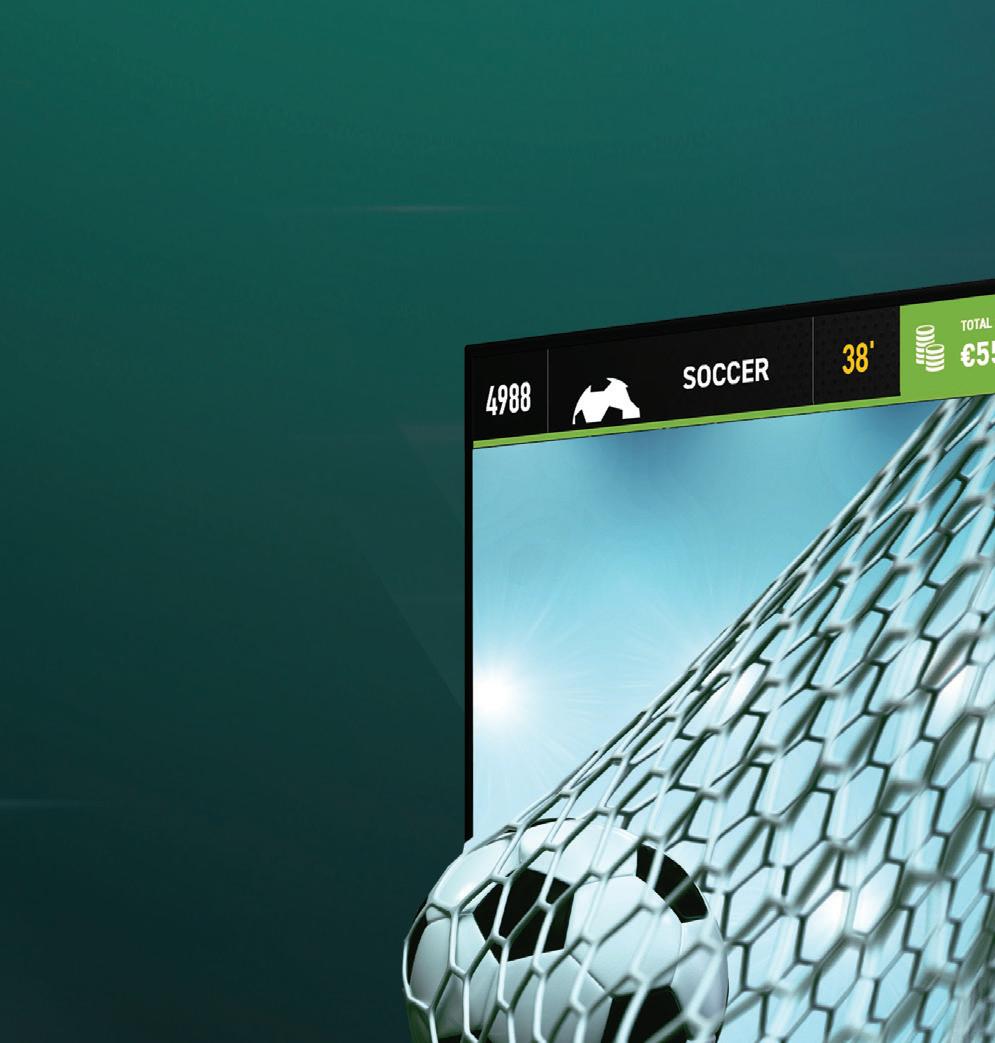


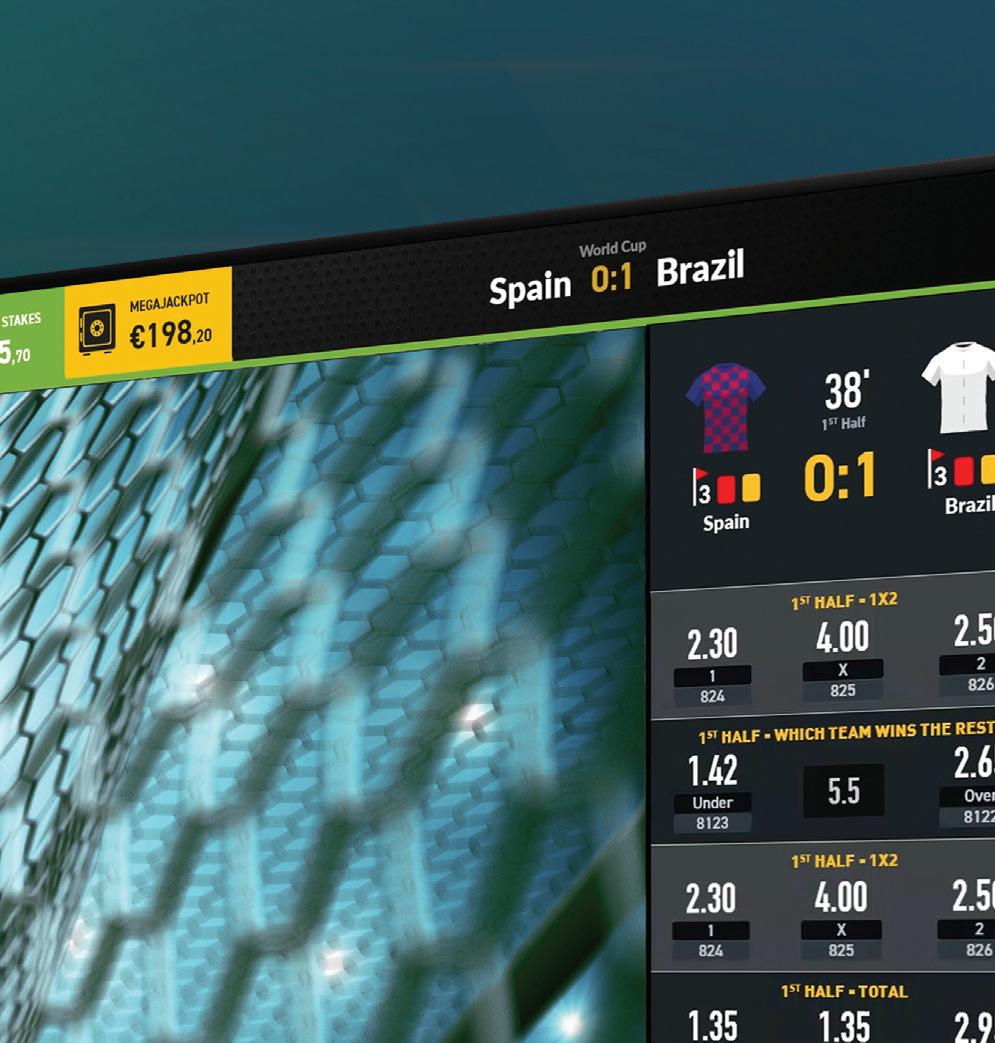

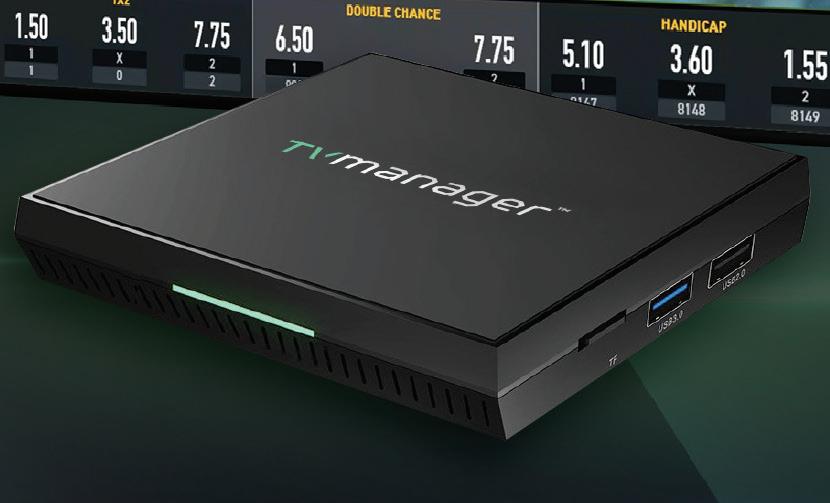
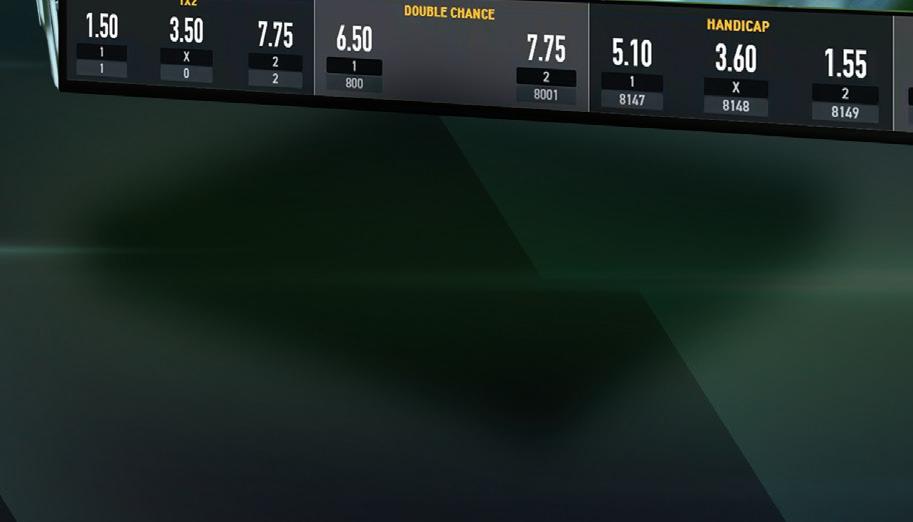











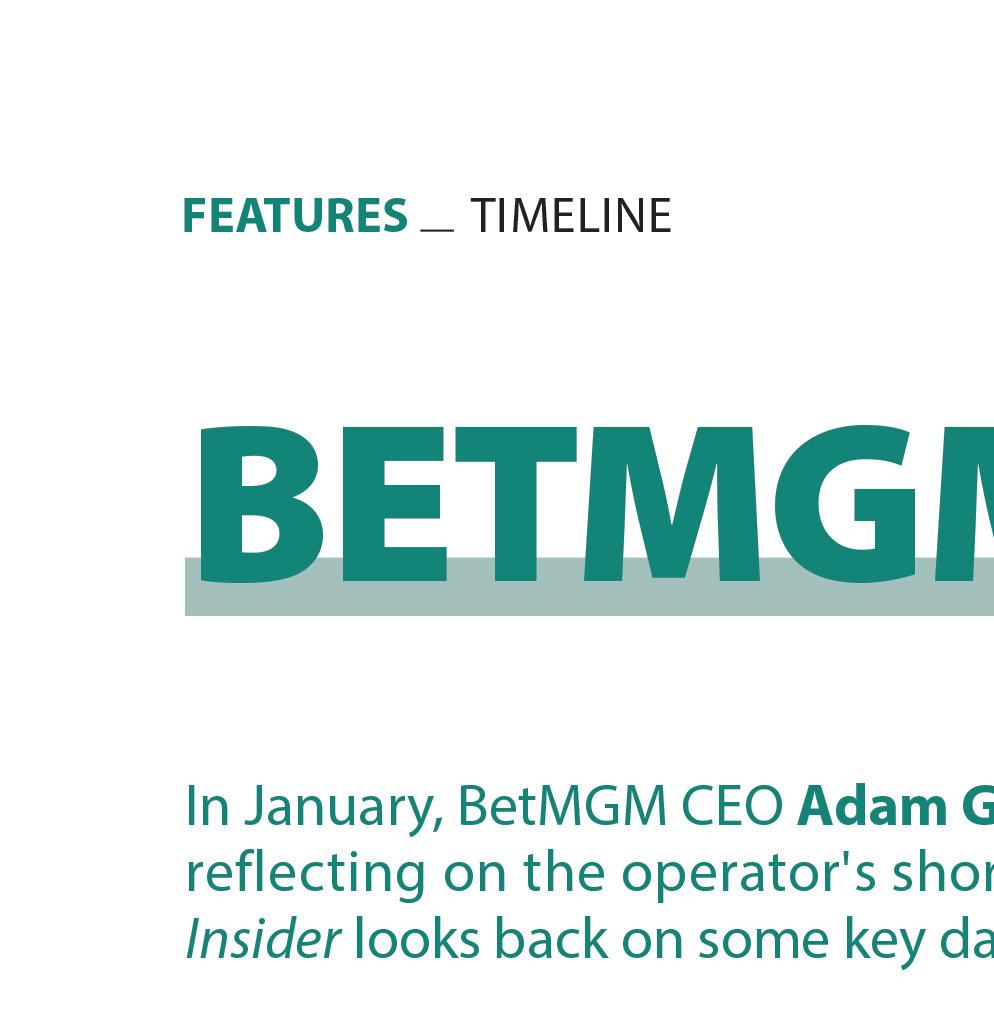
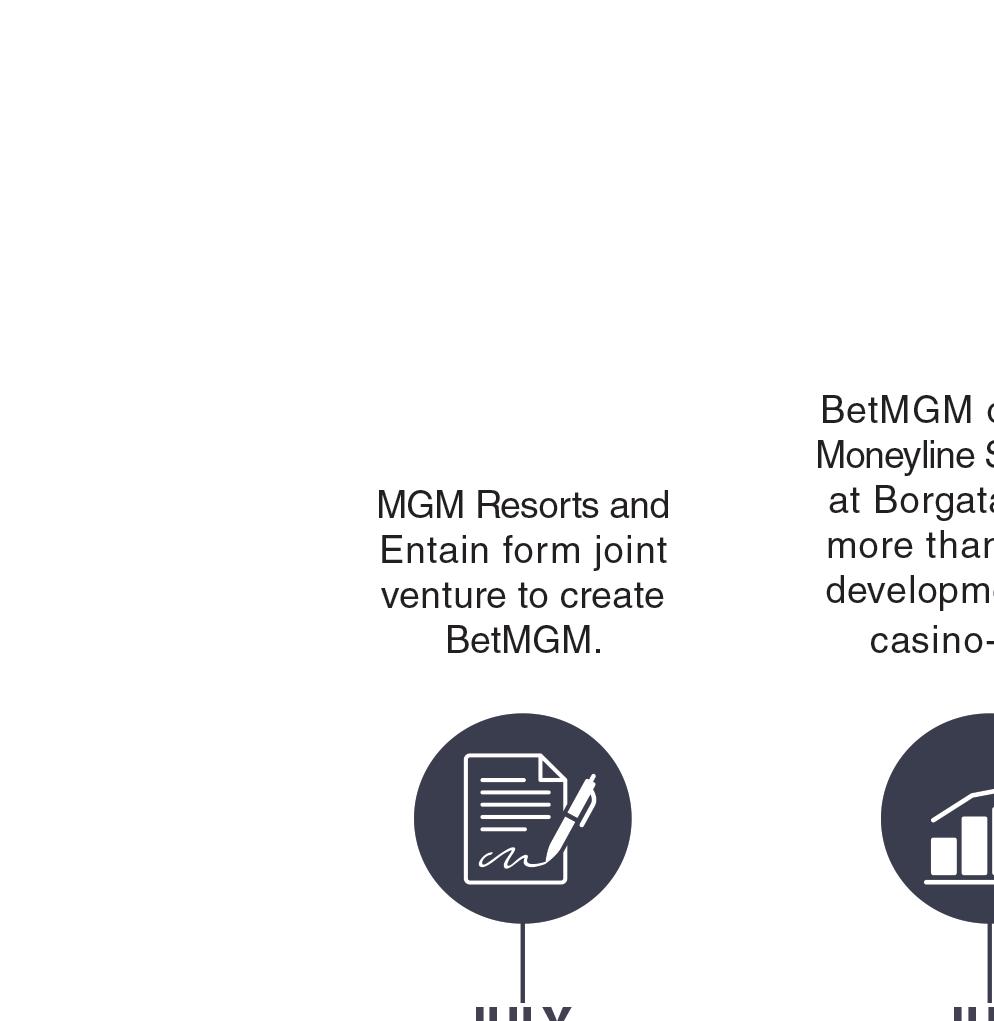
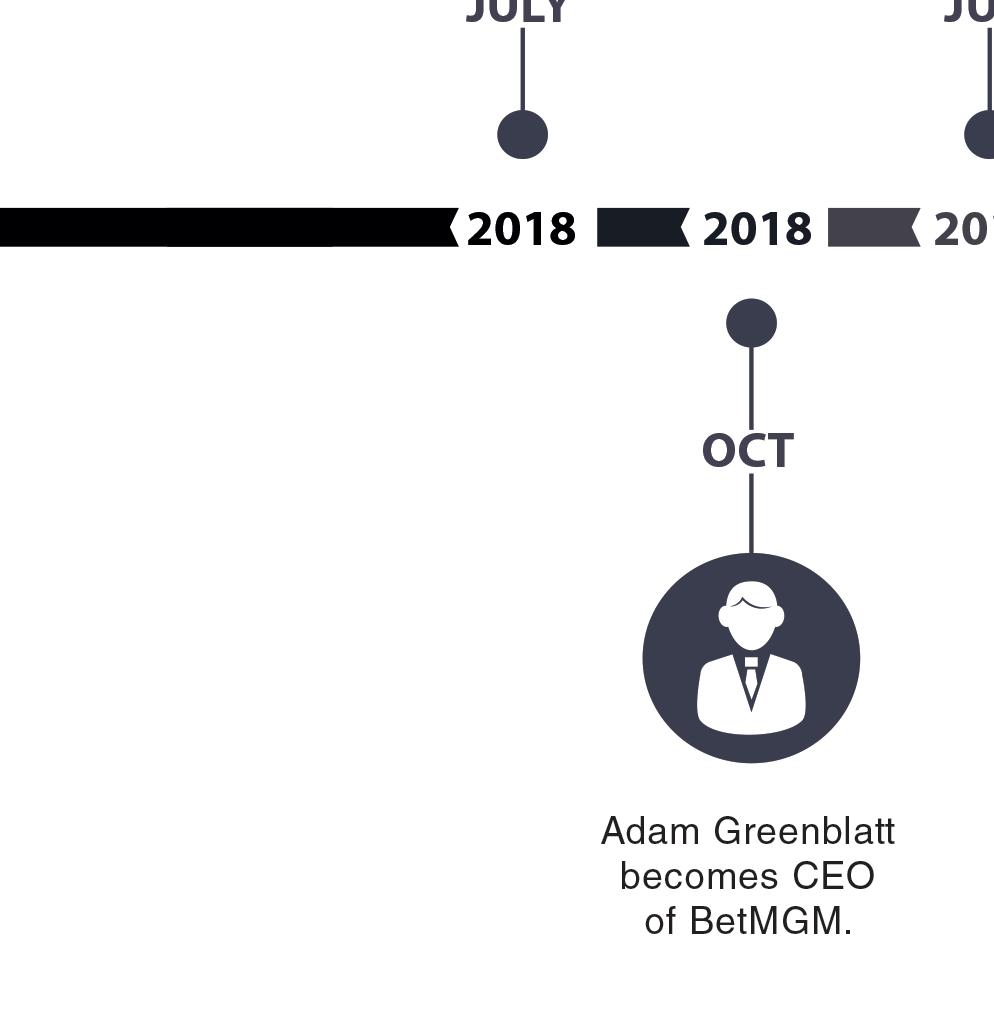
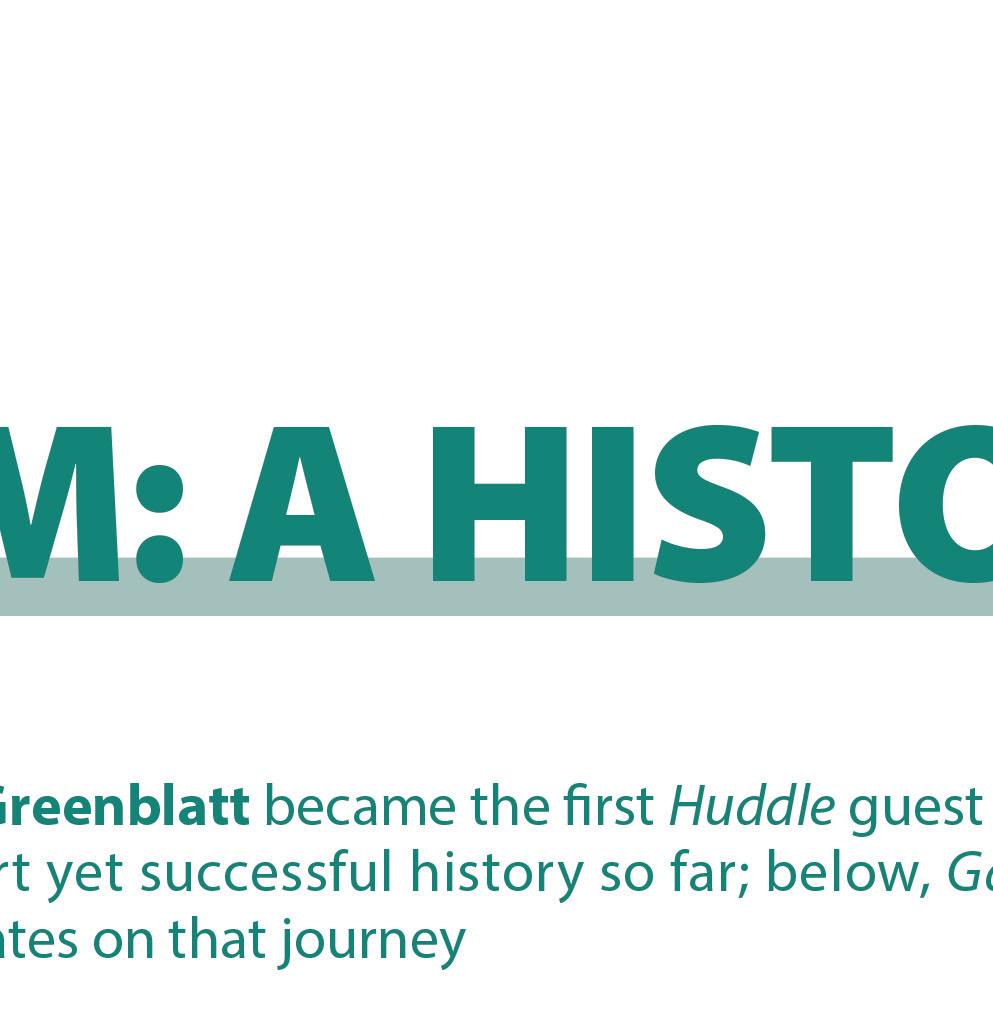
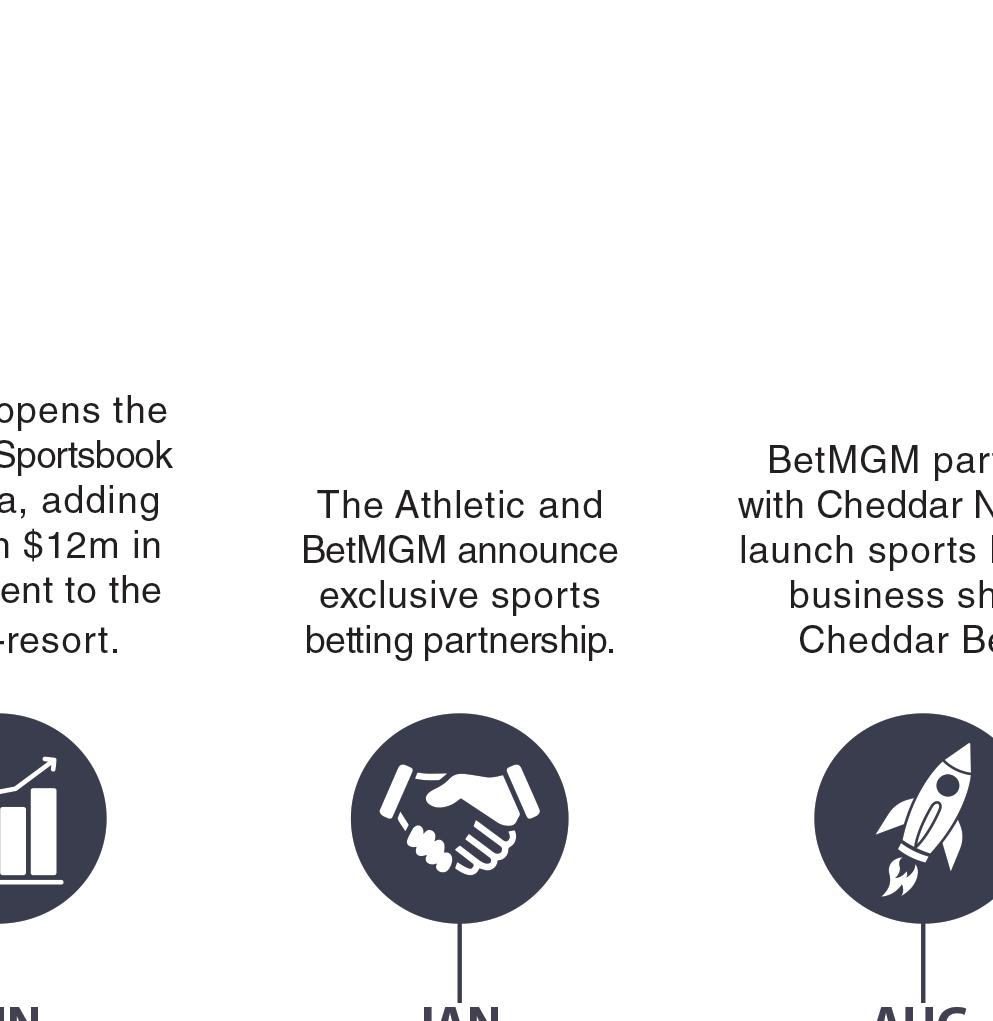
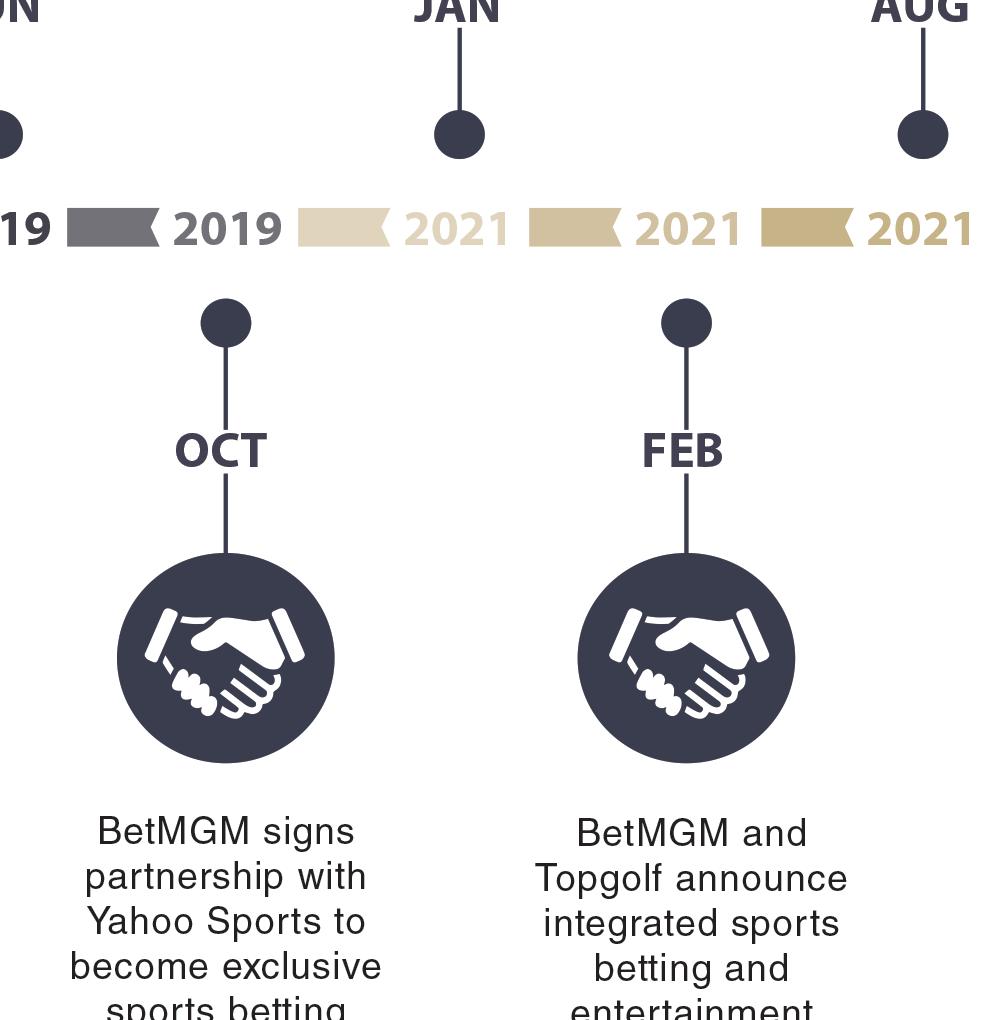



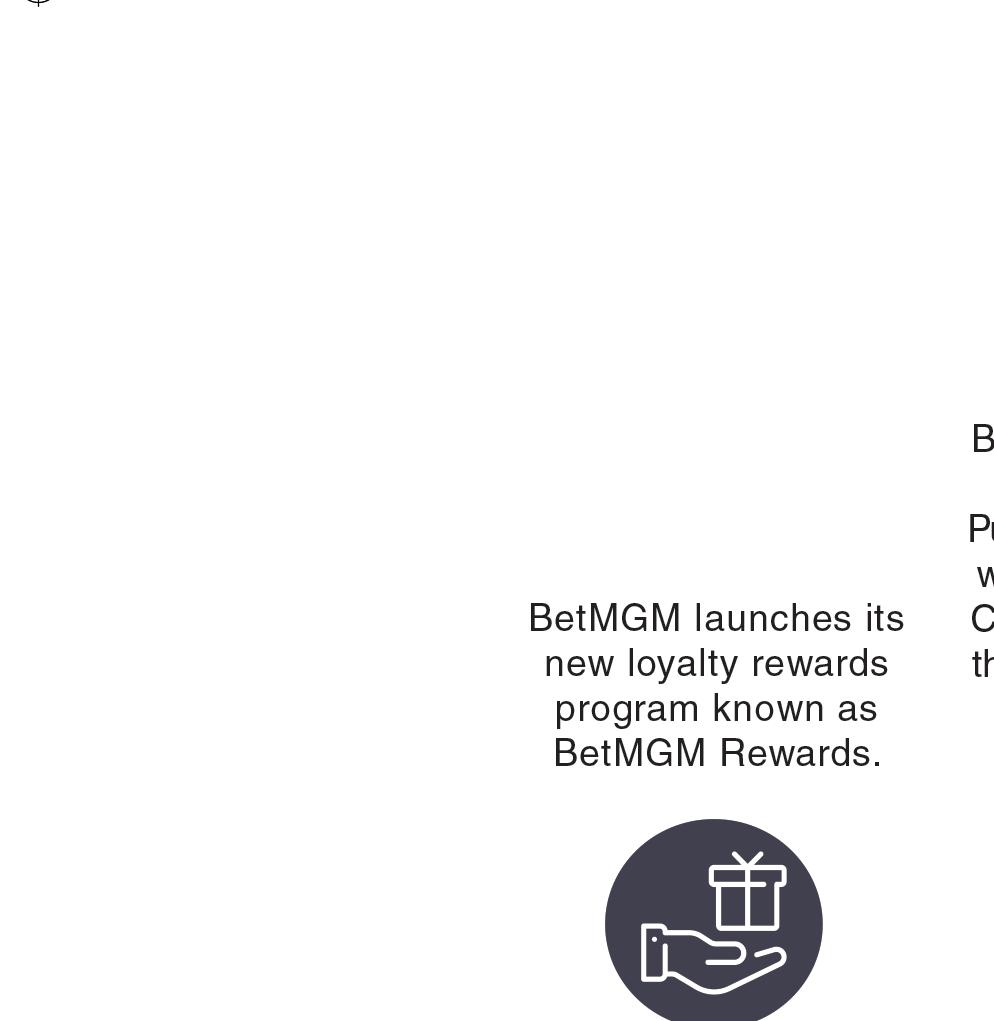
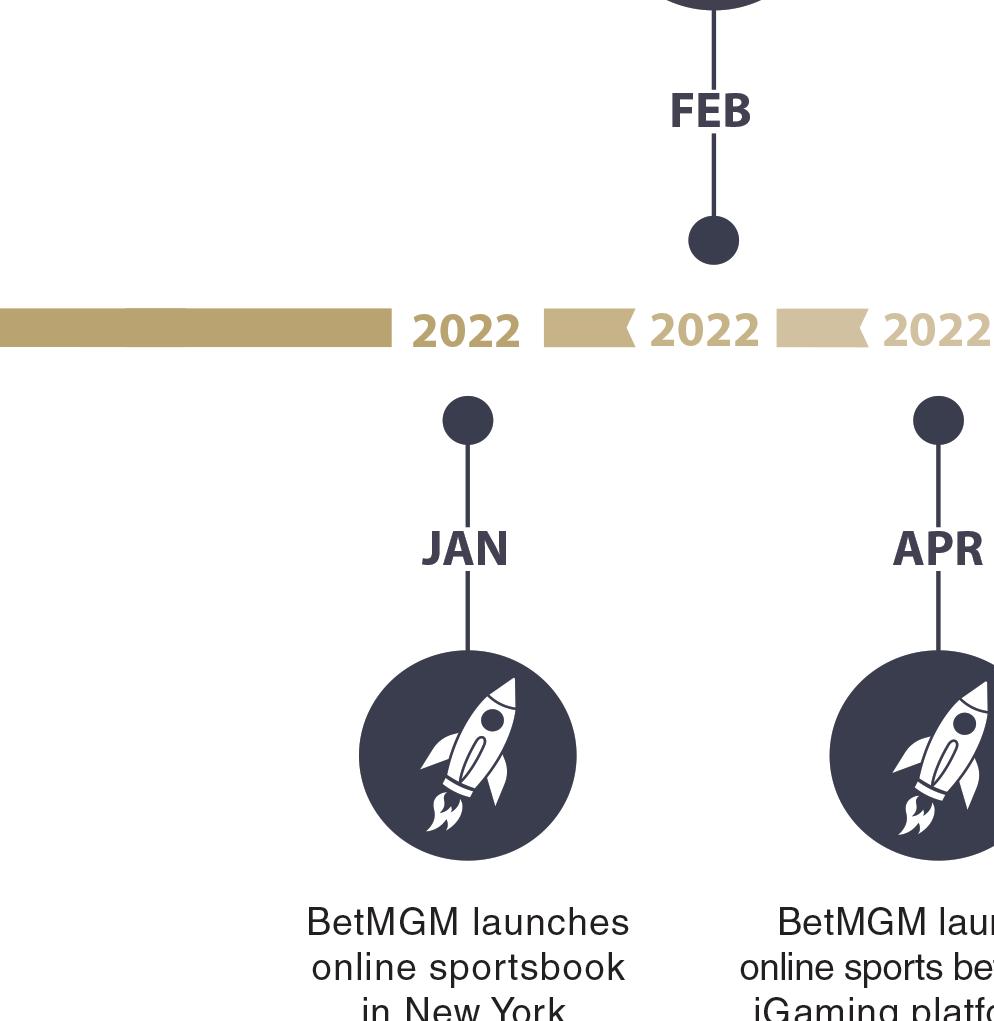
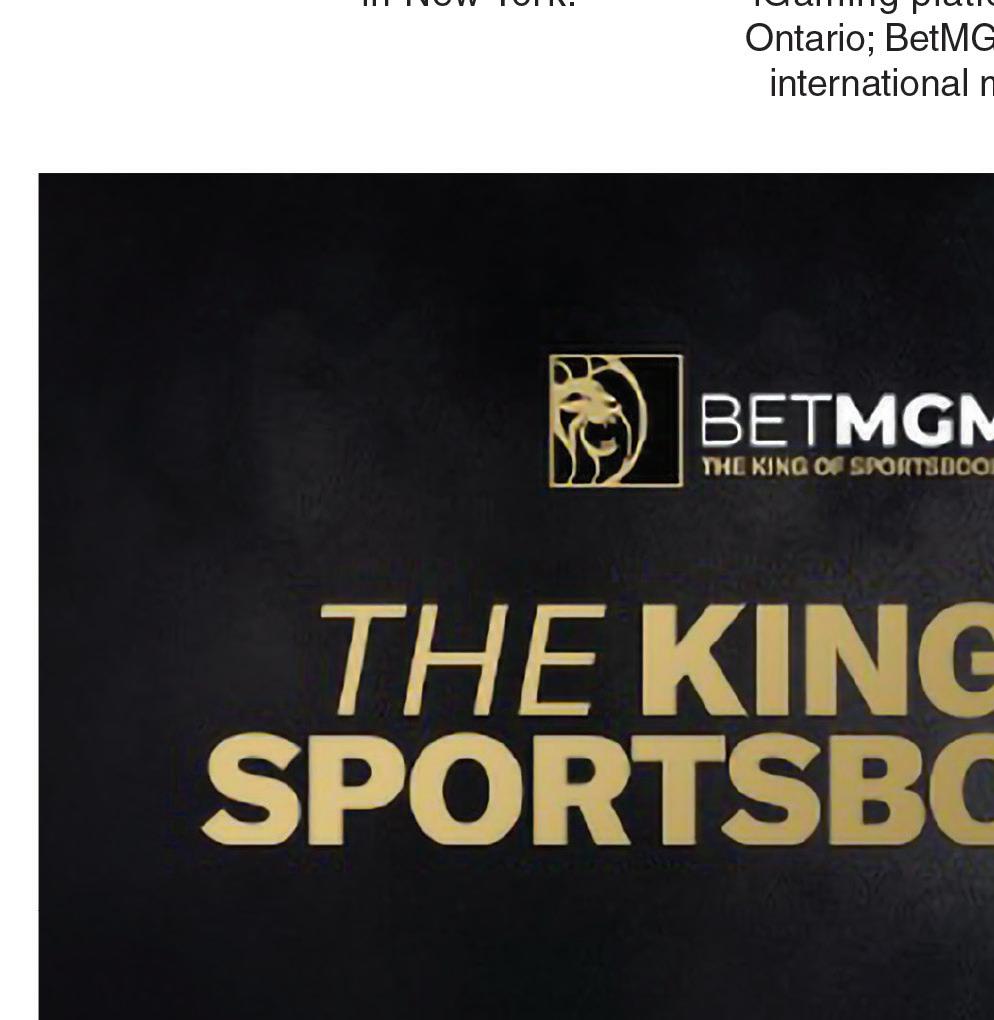
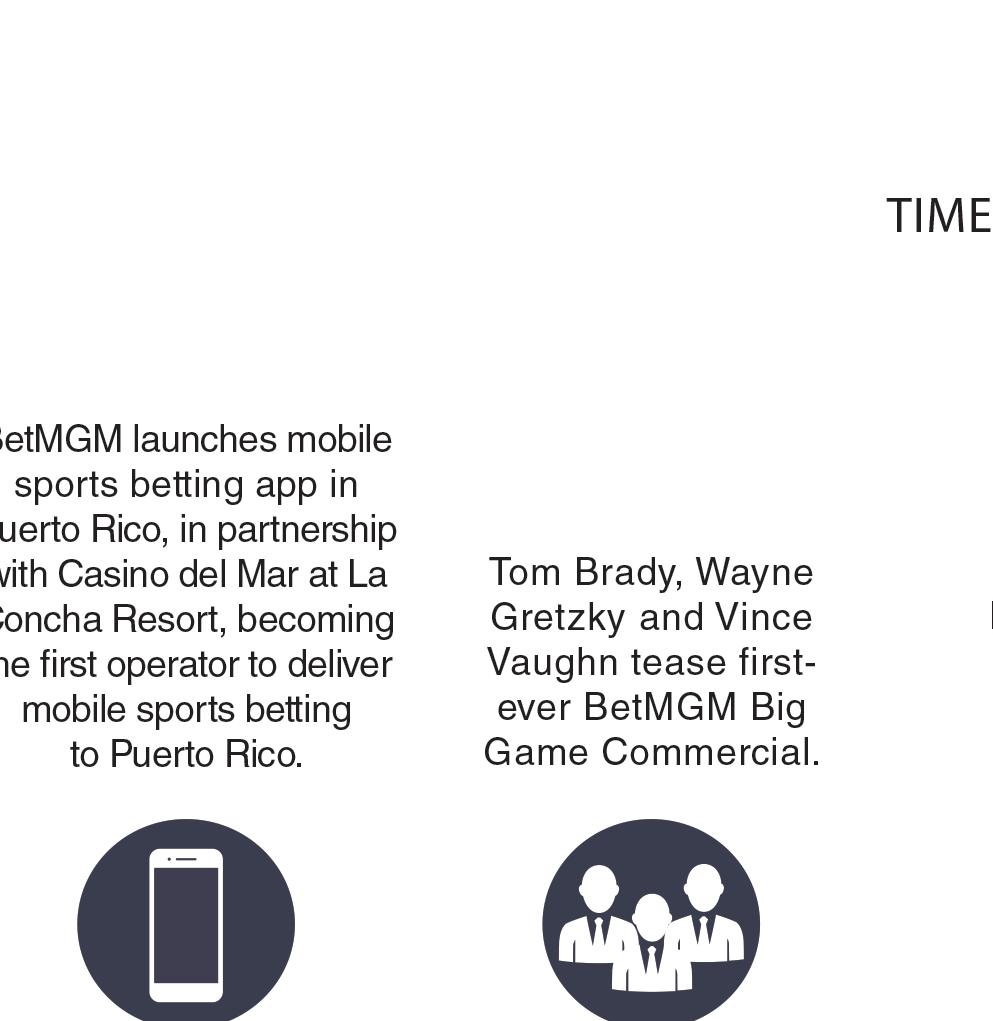
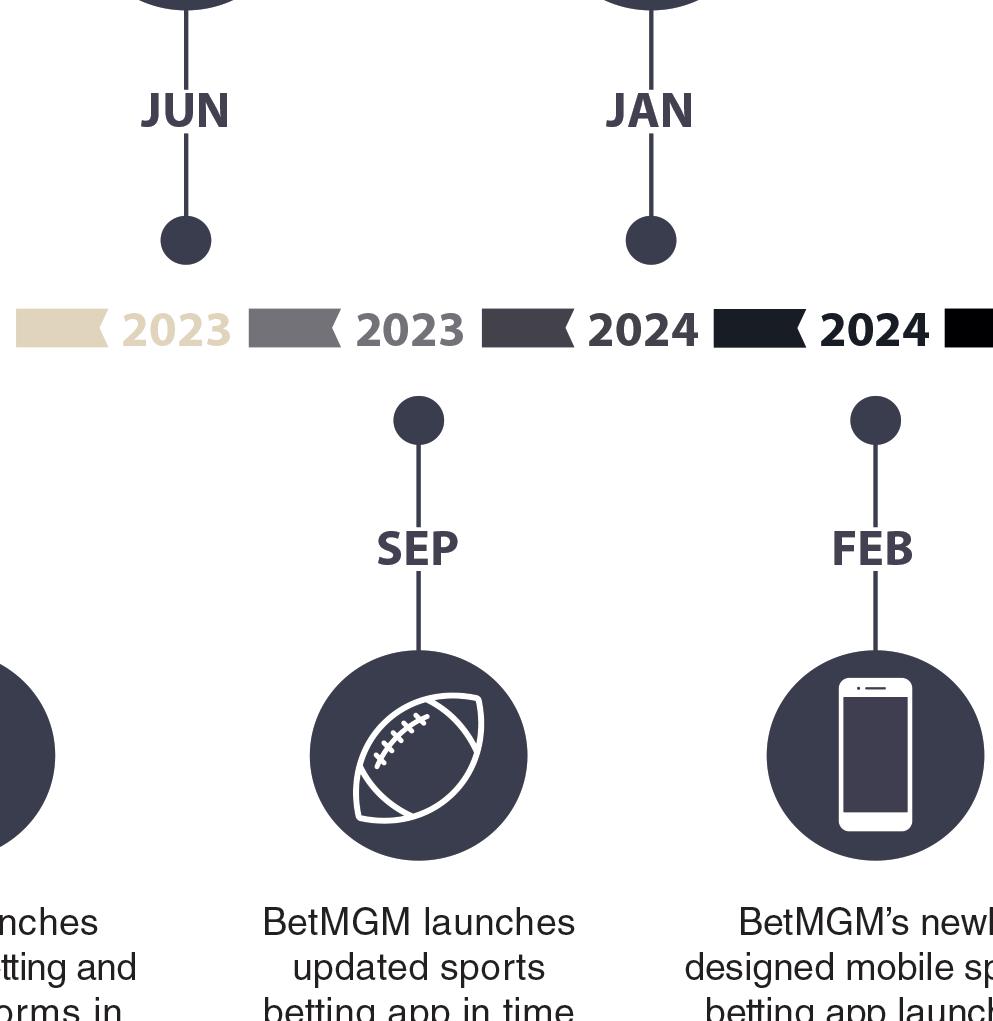
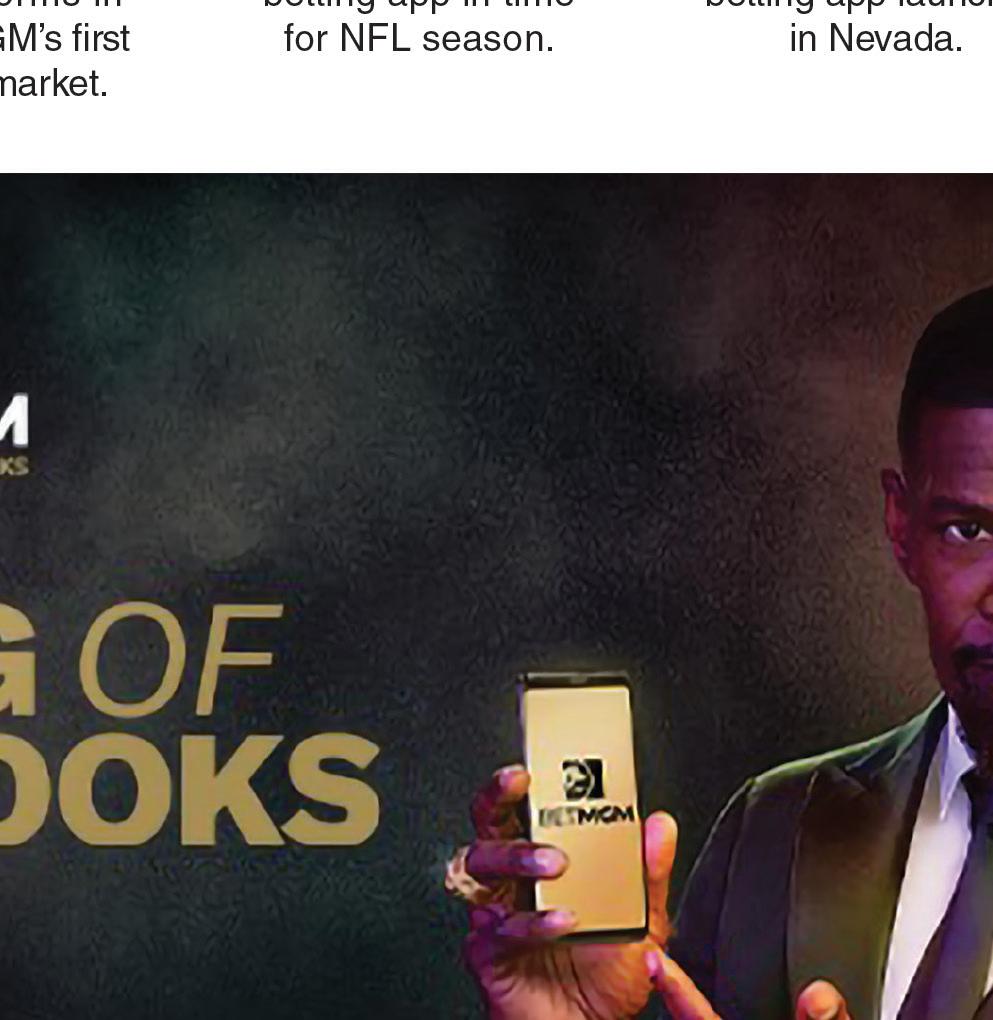






























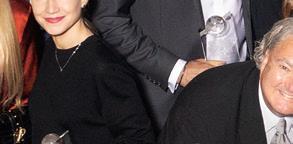





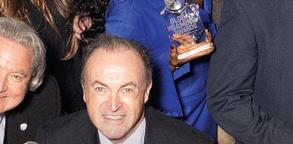






In February, Gambling Insider hosted the seventh edition of the Global Gaming Awards EMEA at London’s Hippodrome Casino.
The Global Gaming Awards are regarded as the most prestigious Awards in the gaming industry, due to the strict shortlisting and voting processes put in place.
Each company and individual was nominated for a specific reason, all of which you can find in the official Shortlist magazine. We ensured that companies were only nominated once per category, meaning that if a company has multiple brands,












only one of them could be shortlisted in a particular category.


The Shortlist was decided through extensive research by our team, consultation with independent industry experts and review of hundreds of self-nominations, submitted by companies.
The winners were chosen by 50 industry leaders, all with years of experience in the EMEA region with KPMG in the Crown Dependencies independently adjudicating the voting process to ensure fairness and transparency. Some of the executives who participated in this year’s Judging Panel include: Sam Sadi, CEO of LiveScore









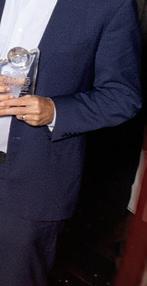







Group; Karolina Pelc, CEO & Founder of BeyondPlay; Yared Gabretensaye, General Manager of Casino Cosmopol; Ebba Arnred, Co- Founder & CMO of Play’n GO.
Gambling Insider and the Global Gaming Awards would like to thank KPMG, all executives who joined the Judging Panel, The Hippodrome Casino for hosting the presentation ceremony, the event’s Lead Partner BetConstruct and all category sponsors - Interblock Gaming, Digitain, EGT, Galaxsys, Bragg Gaming, SPRIBE, Imagine Live, Soft2Bet, WA.Technology, SOFTSWISS, Atlas-IAC and GR8 Tech.


















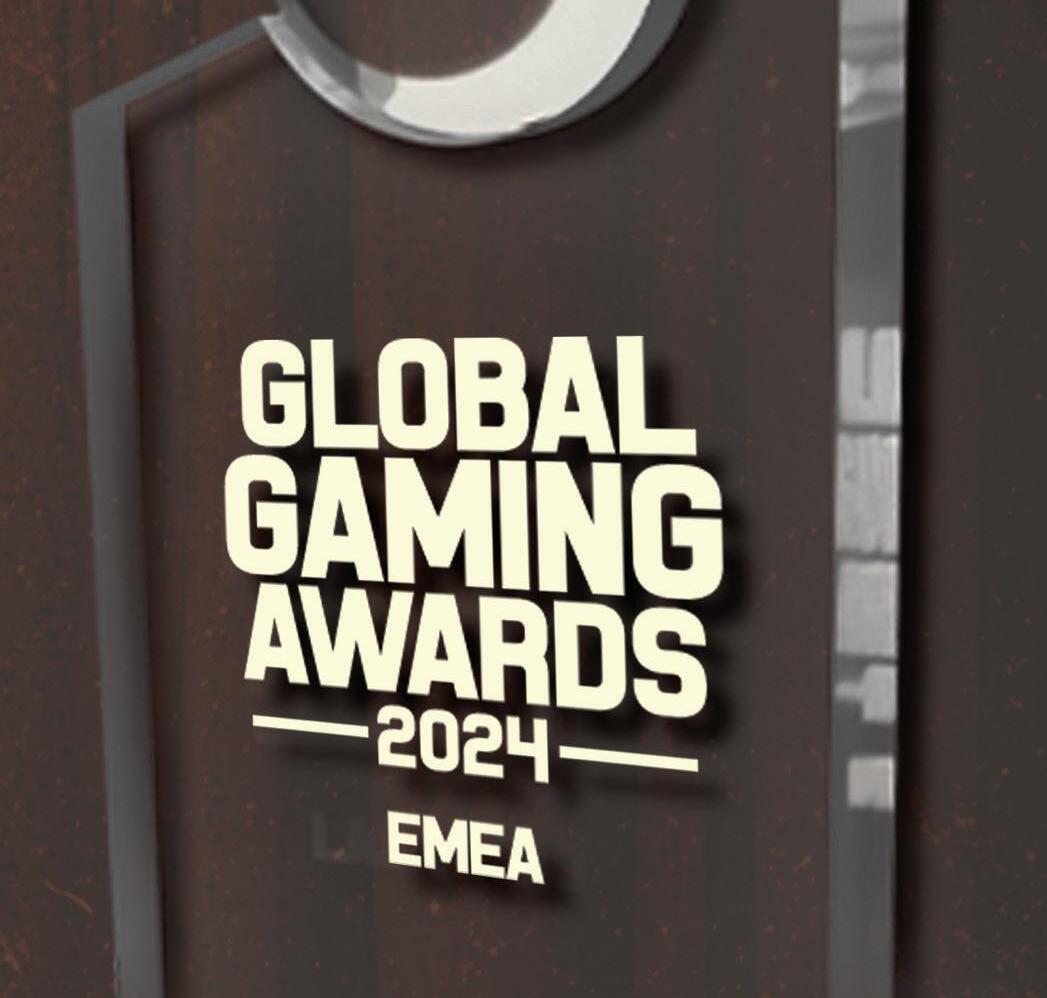









































































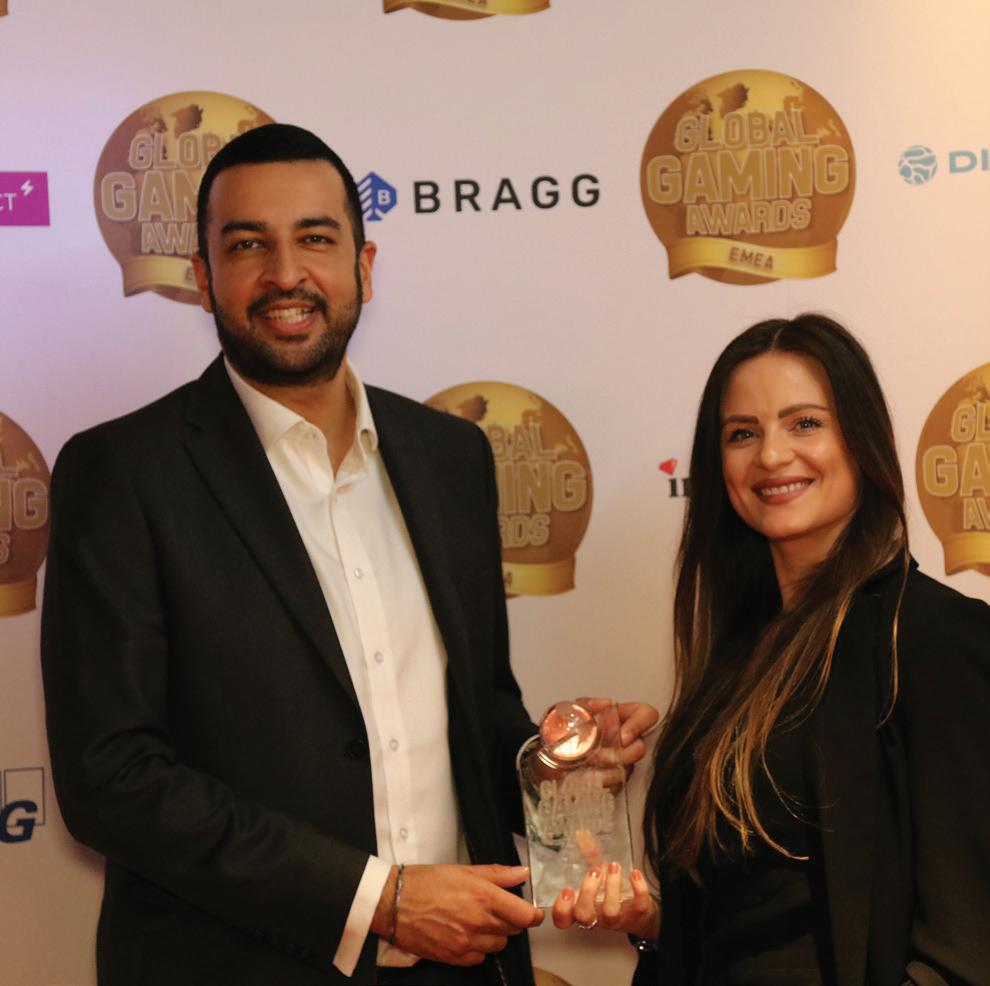


“We are delighted because we’ve invested into our customers, our colleagues and training. We’ve invested heavily this year and last year into our service”






“It feels fantastic, especially when it’s from such a prestigious institution. We’re very proud to be one of the winners and huge thanks goes to all of our team”














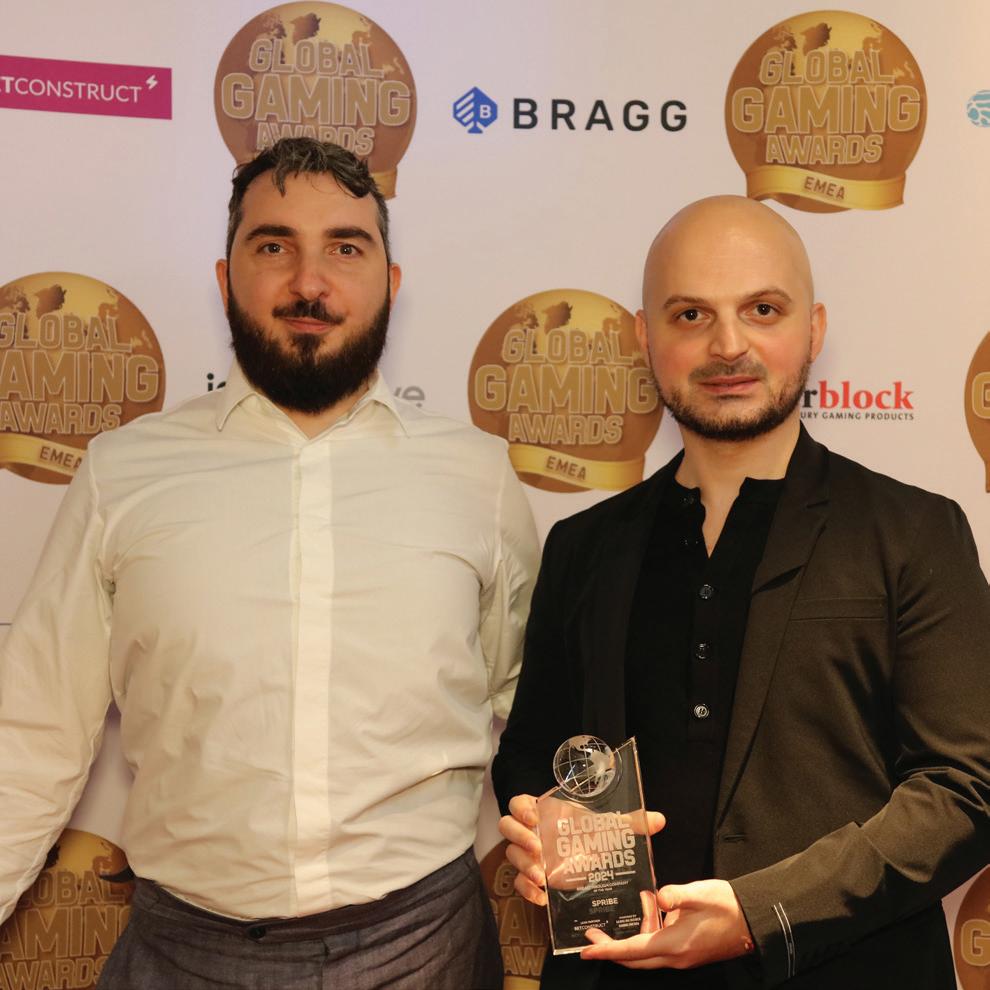




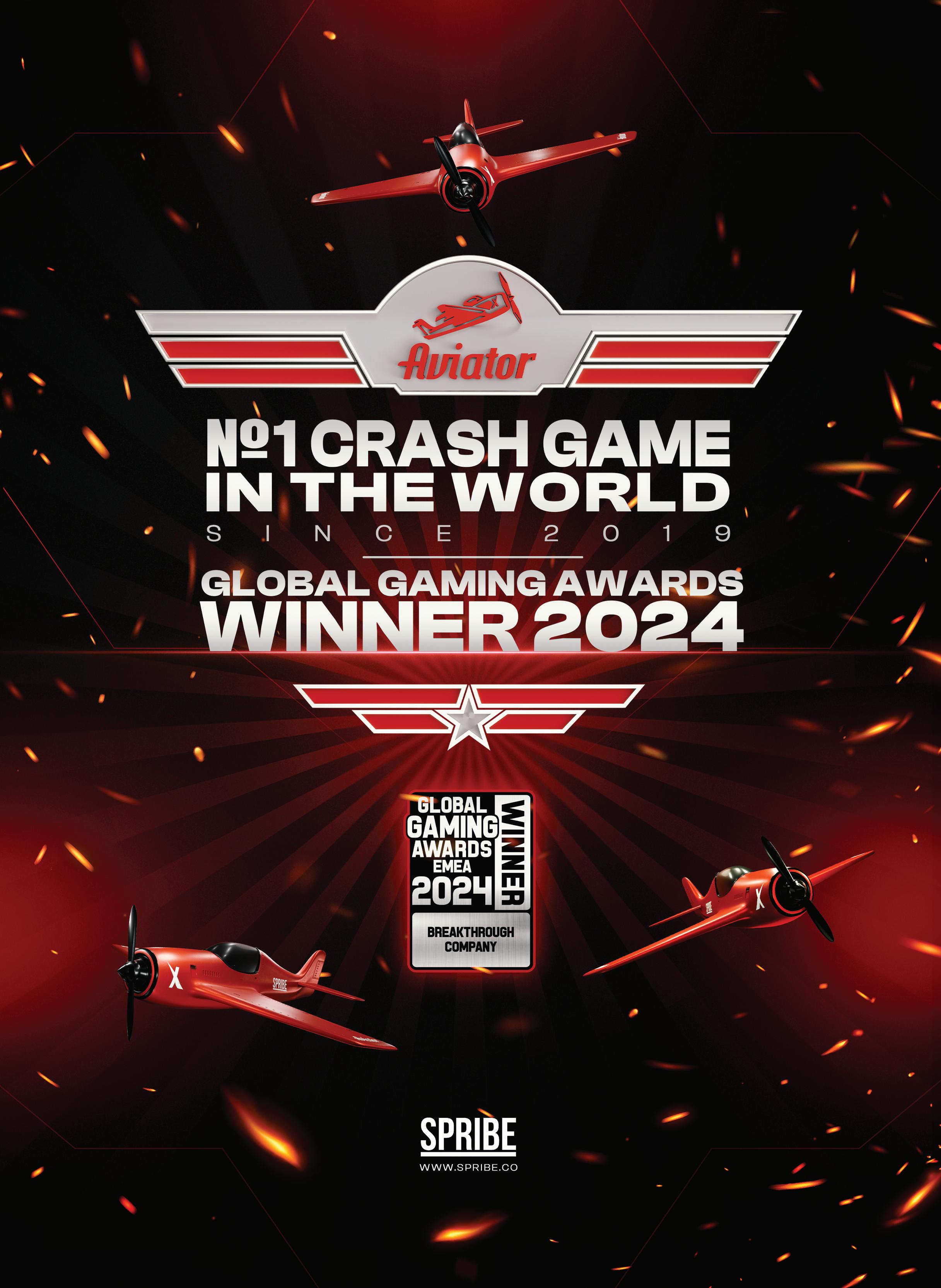




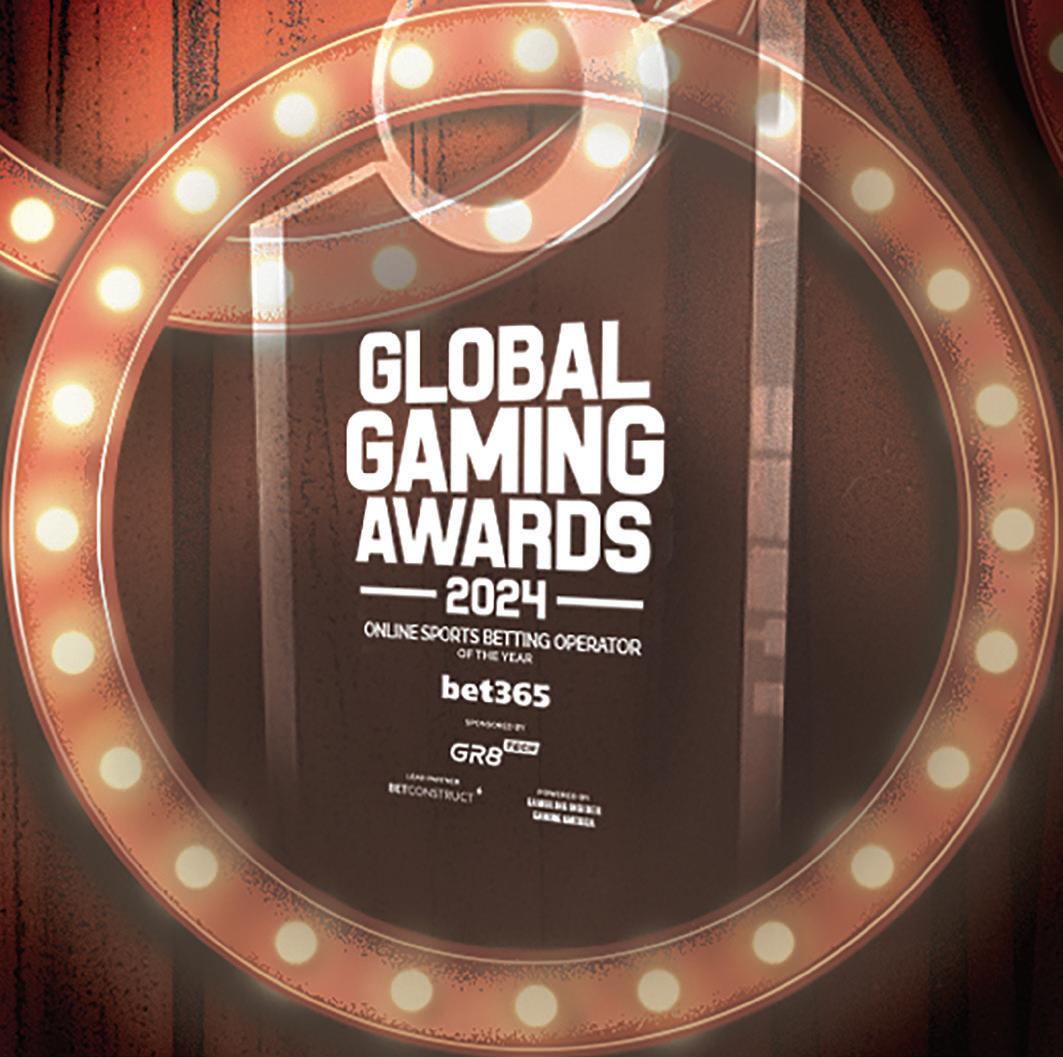

“We’re delighted to be named Online Sports Betting Operator of the Year at the prestigious Global Gaming Awards. At bet365 we don’t do ordinary, and this Award is testament to the hard work and dedication of our colleagues around the world”




SPORTRADAR

“I think what we’ve produced is the result of a lot of people’s hard work and thousands of staff across the globe”



















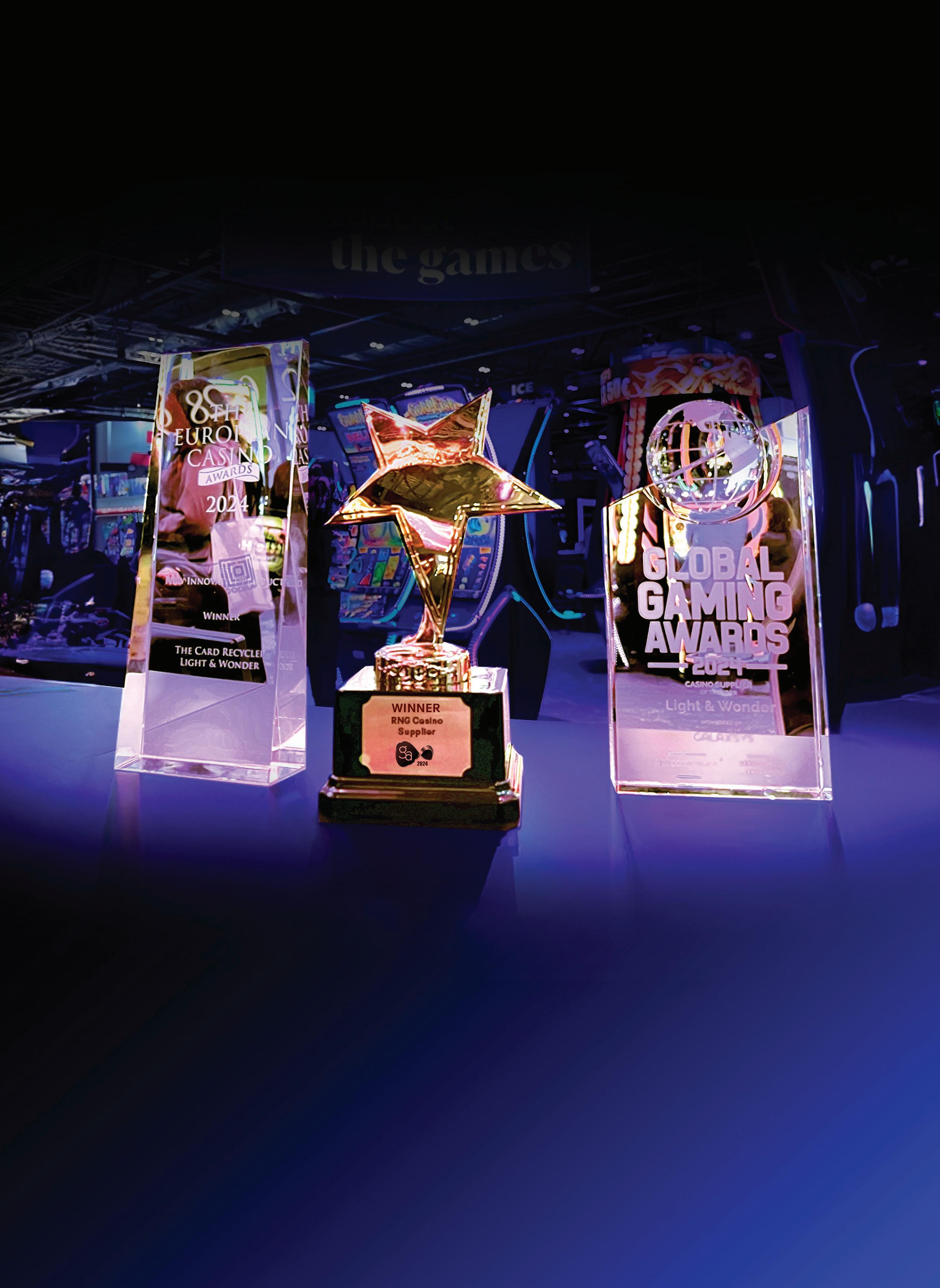
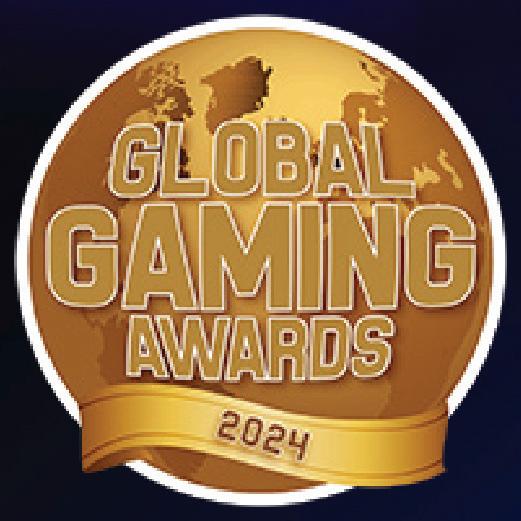
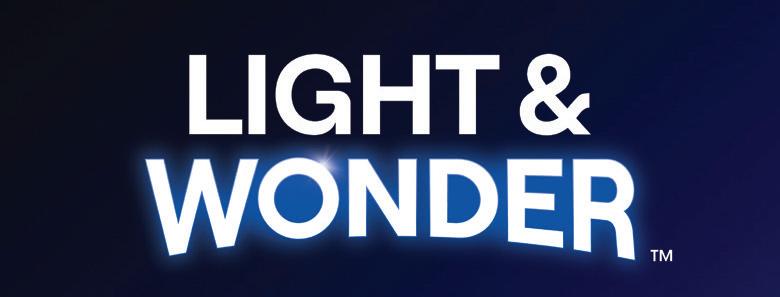



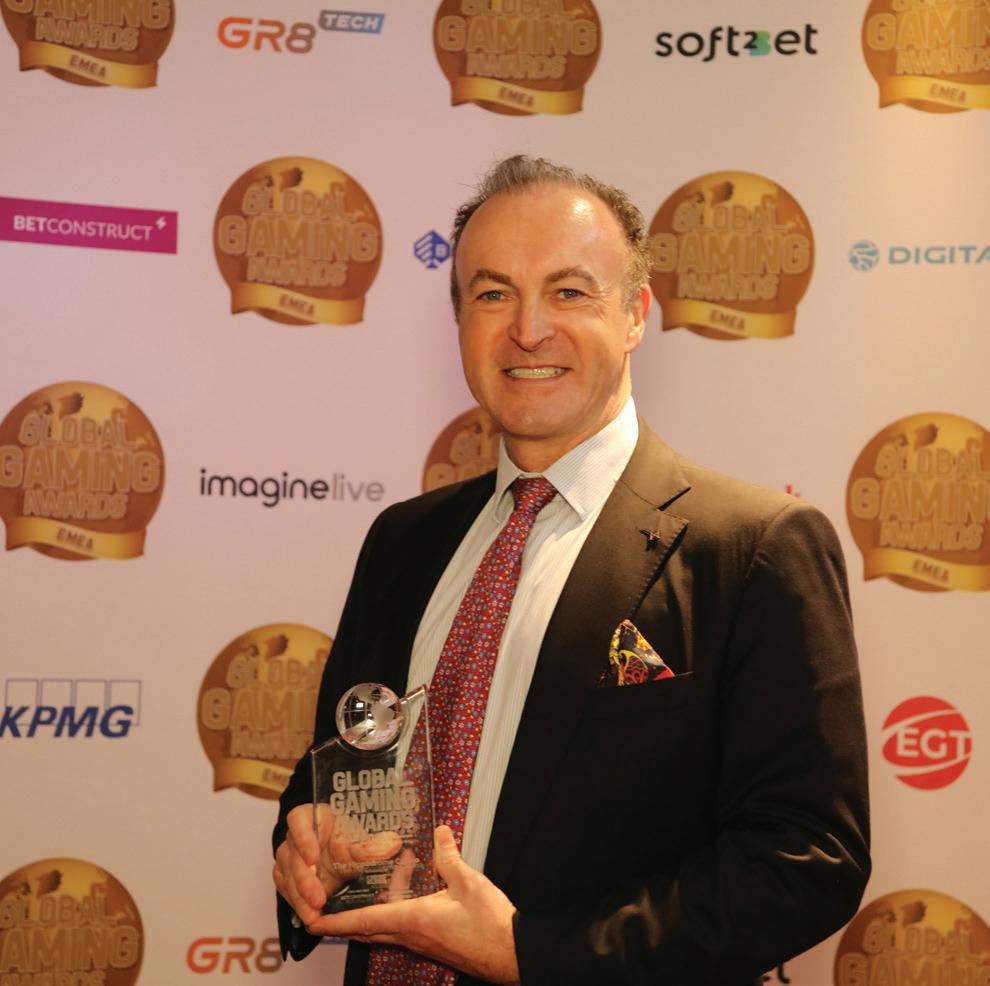


THE HIPPODROME CASINO
“It’s really flattering to be considered by your peers. Each year, it keeps getting harder for us because we have to push the boundaries just to stay ahead of the pack”

Sponsored by







“Of course, it’s great. It’s surprising to win again but it’s a great testimony to the company, the teams and everything we’re doing at LeoVegas”
 Gustaf Hagman, CEO & Co-Founder
Gustaf Hagman, CEO & Co-Founder
Sponsored by





























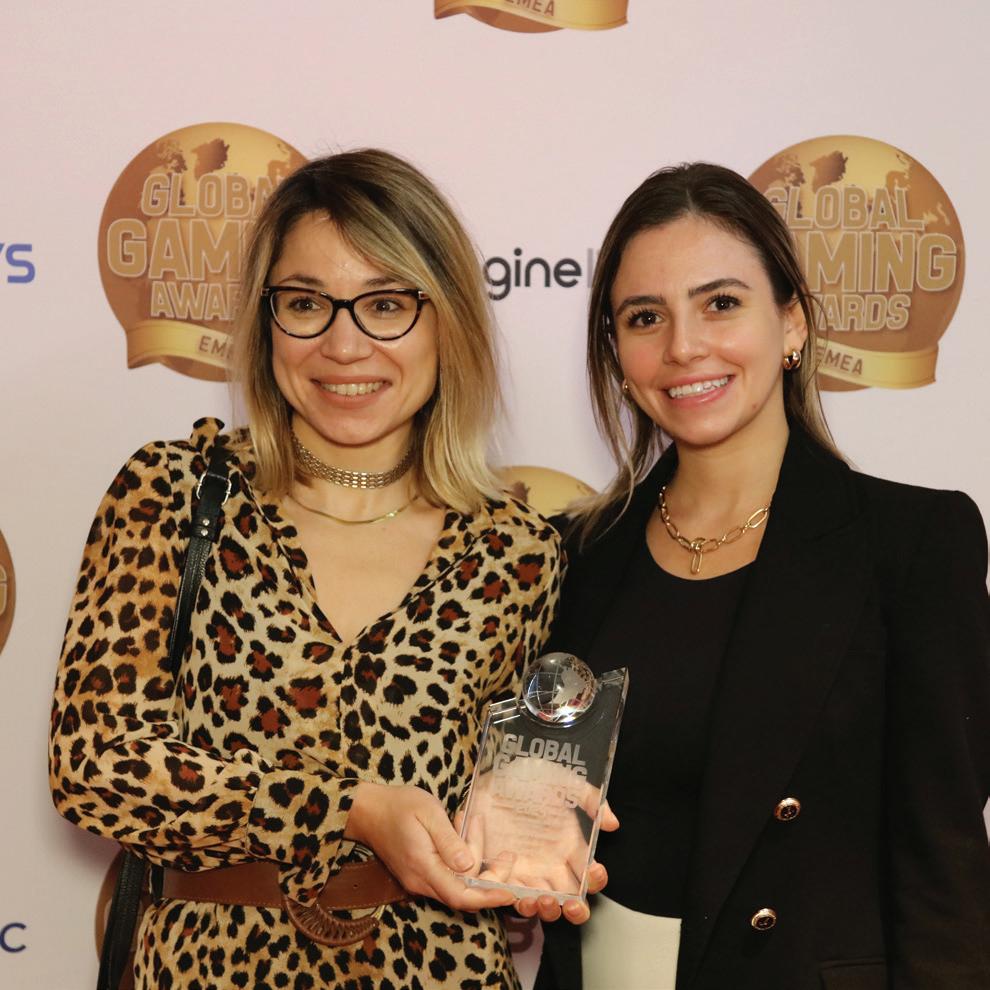



PRAGMATIC PLAY
“We’re very proud to win two Awards here. One for slots and one for live casino. Both are big focuses for us”
Hooman Naini, Team Lead & Simon Bright, Account Manager
Sponsored by

LIGHT & WONDER
“We’re very happy and proud at Light & Wonder of the games we’re creating. We have so many new innovative products and we’re always trying to get as much feedback as we can”
Vasilika Papadopoulou, Commercial Account Manager & Caroline Chiaradia, Commercial Account Manager
Sponsored by



























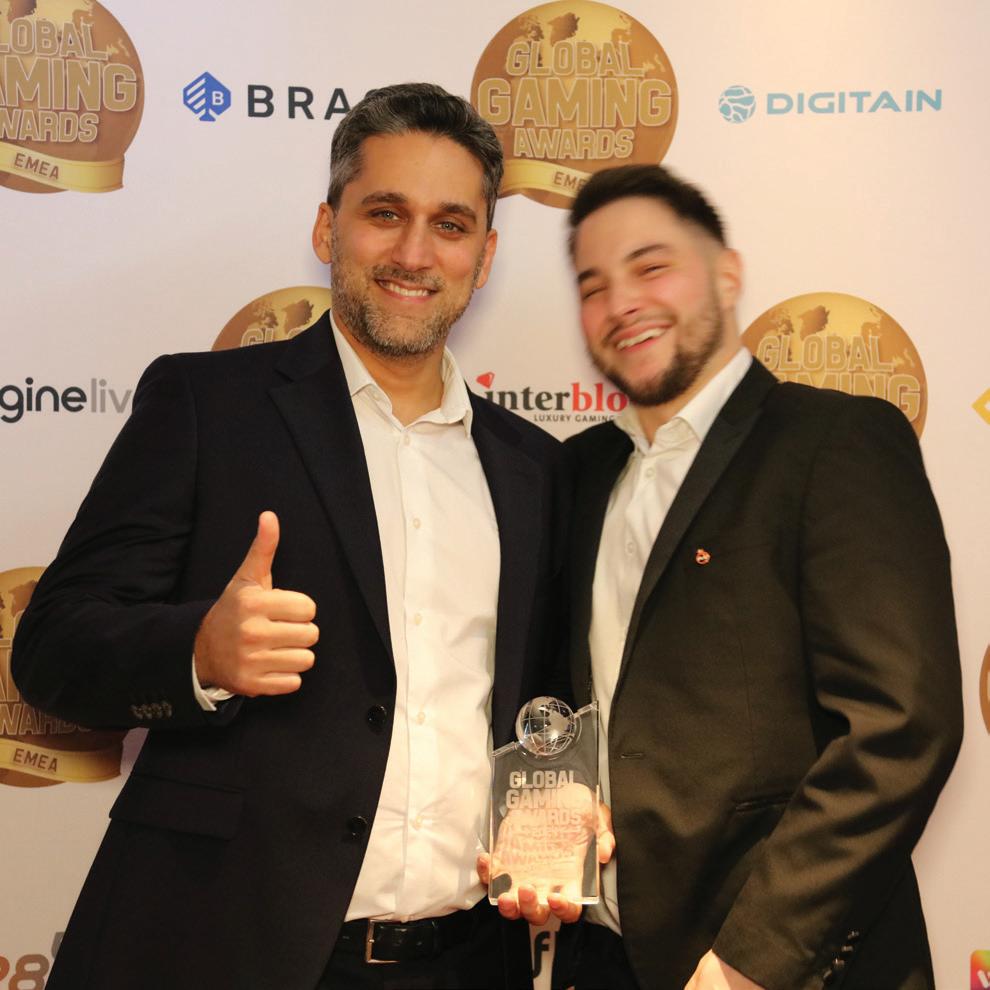






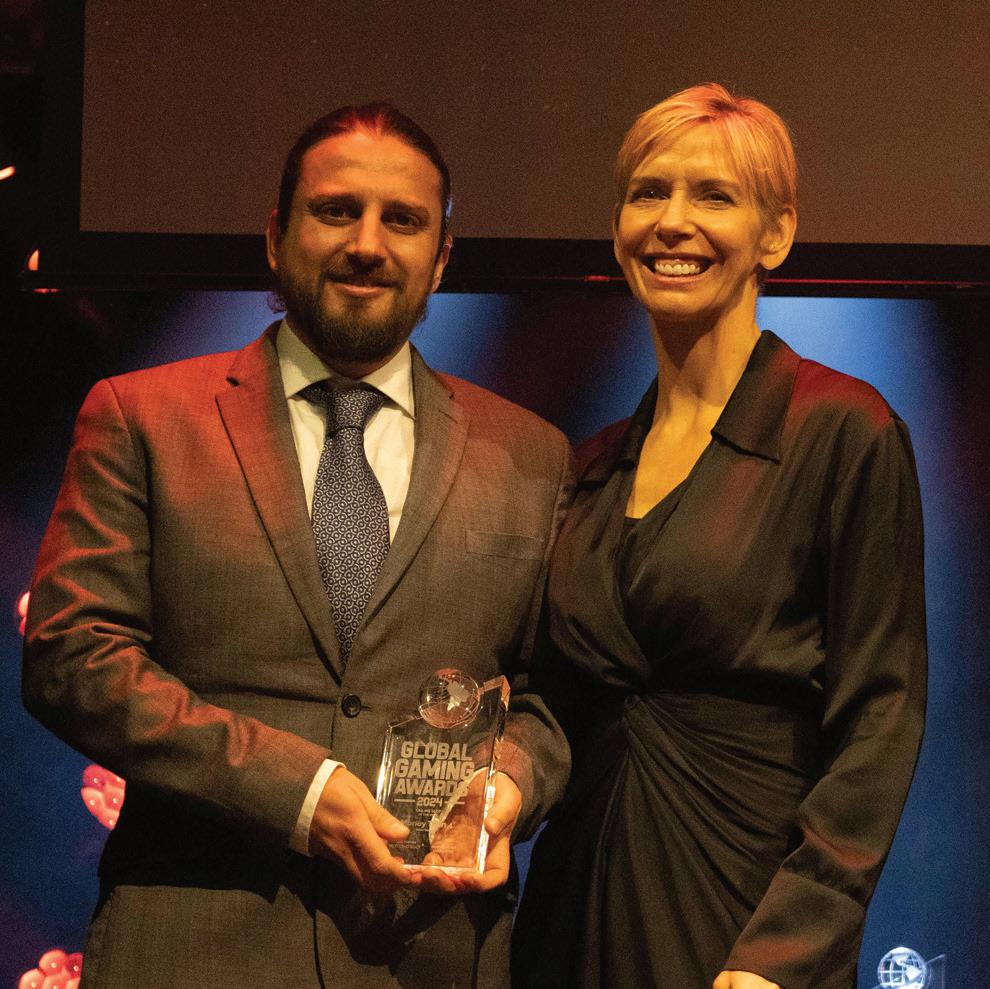



“It feels great. We’re very proud. Trustly is the biggest open-banking payment provider in the world. Thank you for the Award”
Fatou Camara, Head of Community Gaming & Vasilije Lekovic, VP of Gaming
Sponsored by

MONEY TRAIN 4 BY RELAX GAMING
“It’s a privilege to be here and amazing to win the Award. It’s the result of all the hard work and the teamwork that we put into it”




















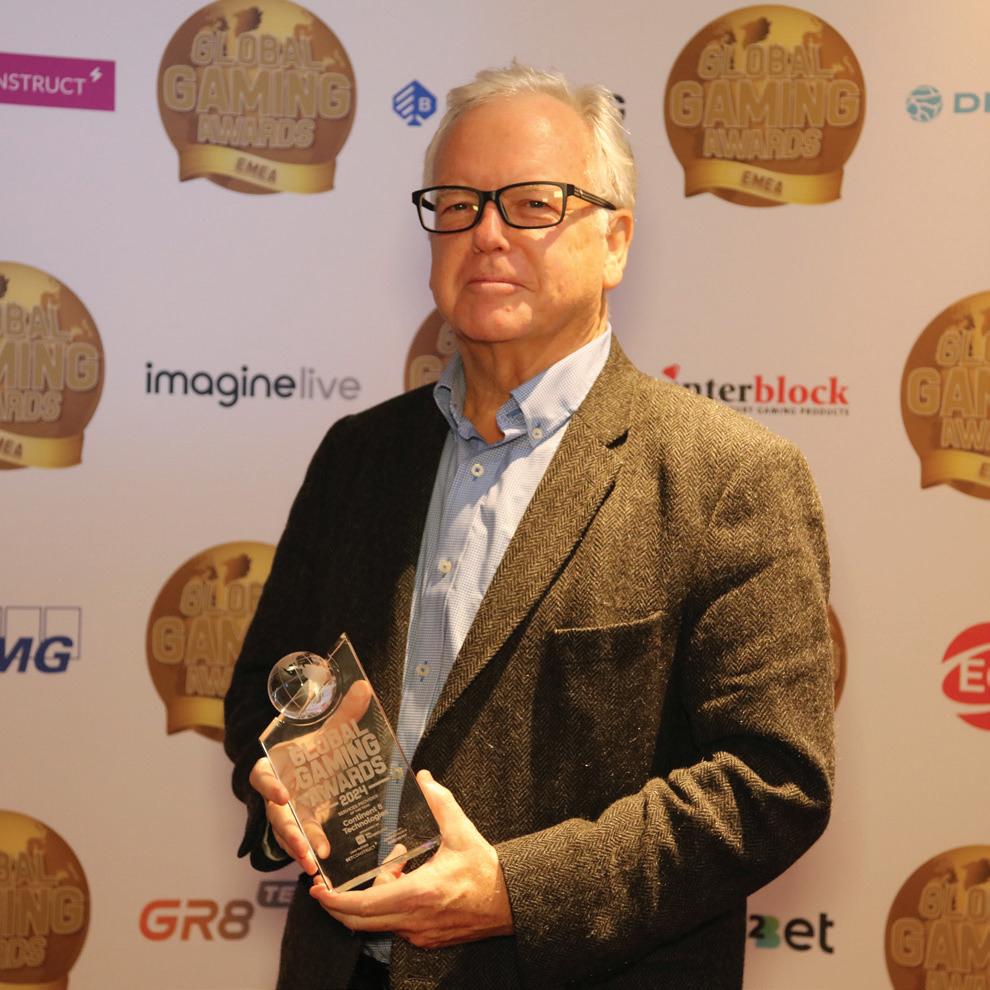



CONTINENT 8 TECHNOLOGIES
“It’s ironic that it’s been 25 years since Continent 8 Technologies has been participating in the industry and it’s our first trip to London. I never anticipated what 25 years would do for our business”
TREASURE ISLAND BY PRAGMATIC PLAY
“We’re very proud to win two Awards here. One for slots and one for live casino. Both are big focuses for us”
Hooman Naini, Team Lead & Simon Bright, Account Manager
Sponsored by



















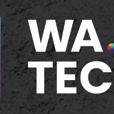










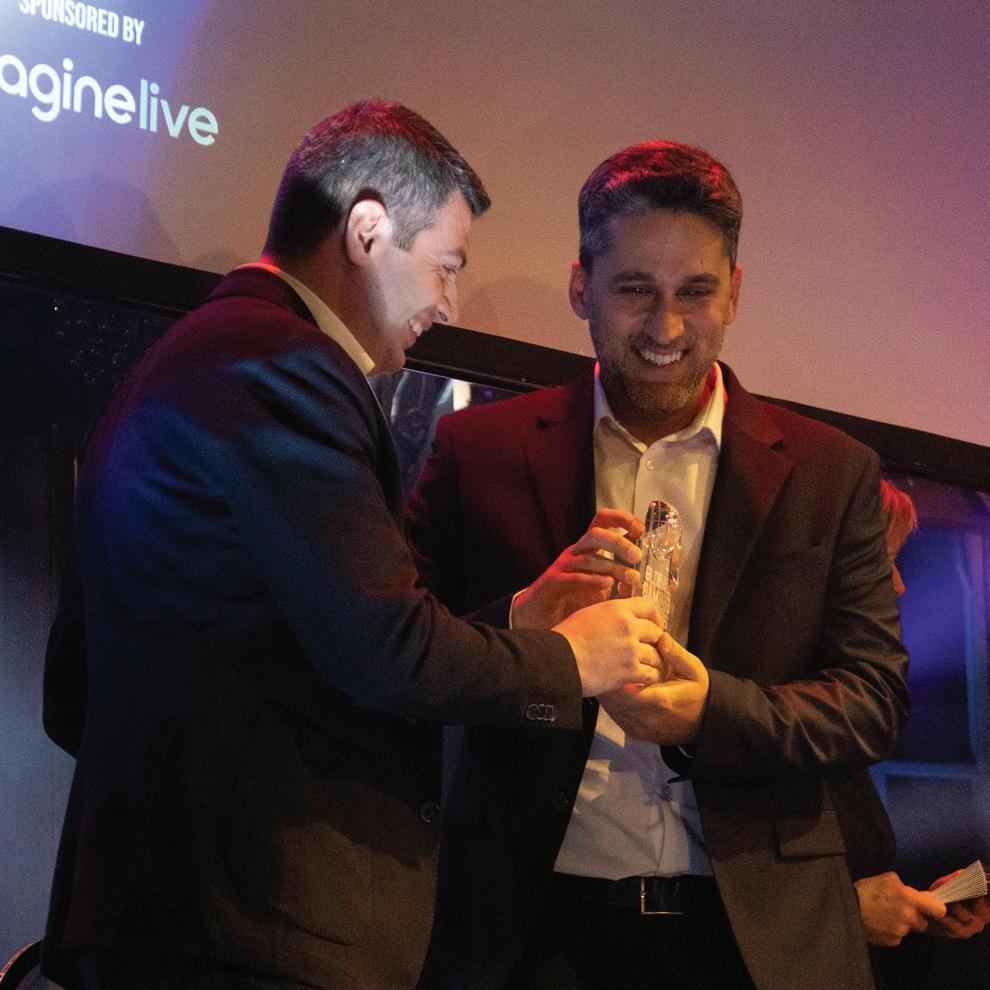








BETSSON GROUP
“It feels amazing. It’s a great Award to be recognised for. It’s something we care dearly about so I’m really glad”
Sponsored by Jesper Svensson, CEO
BET365 PARTNERS
“Retaining the ‘Best Affiliate Program’ Award we won in 2023 fills us with immense pride. We excitedly look forward to delivering further improvements and enhancements to our new and existing partners in 2024”
Sponsored by

















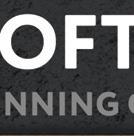








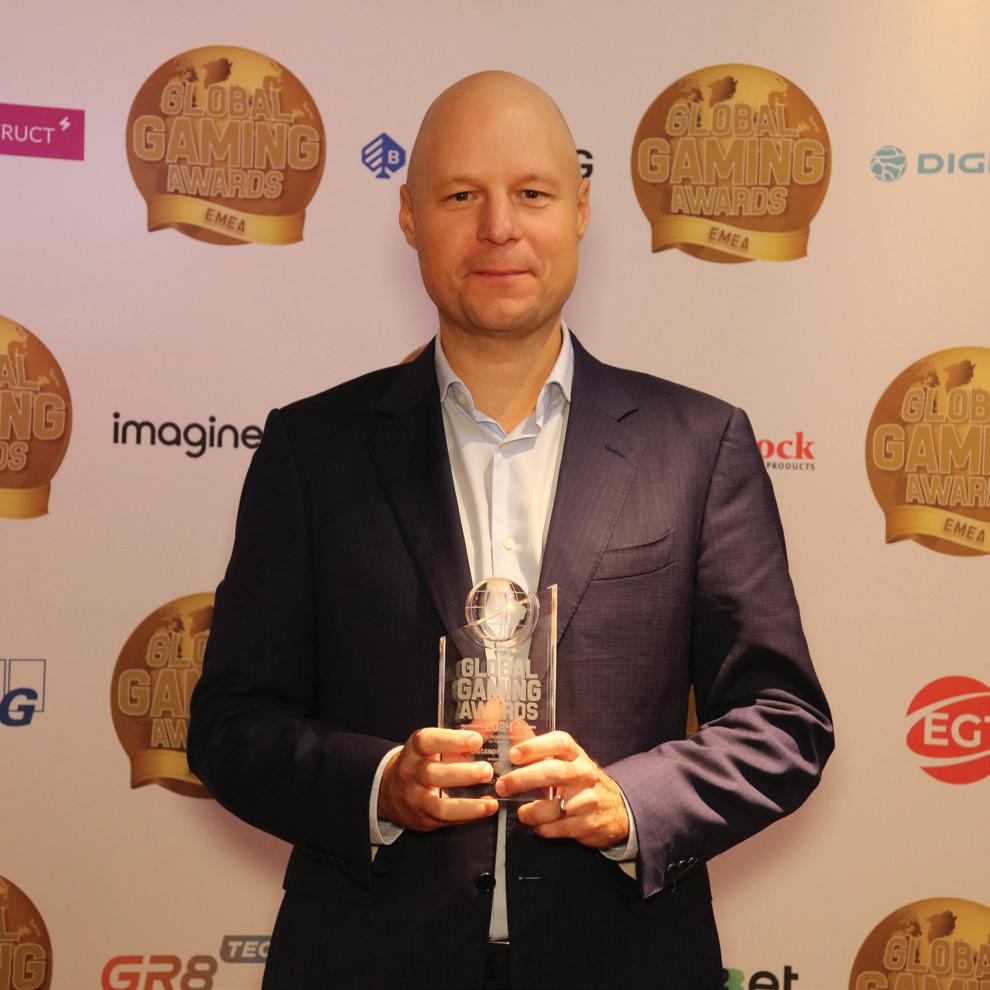






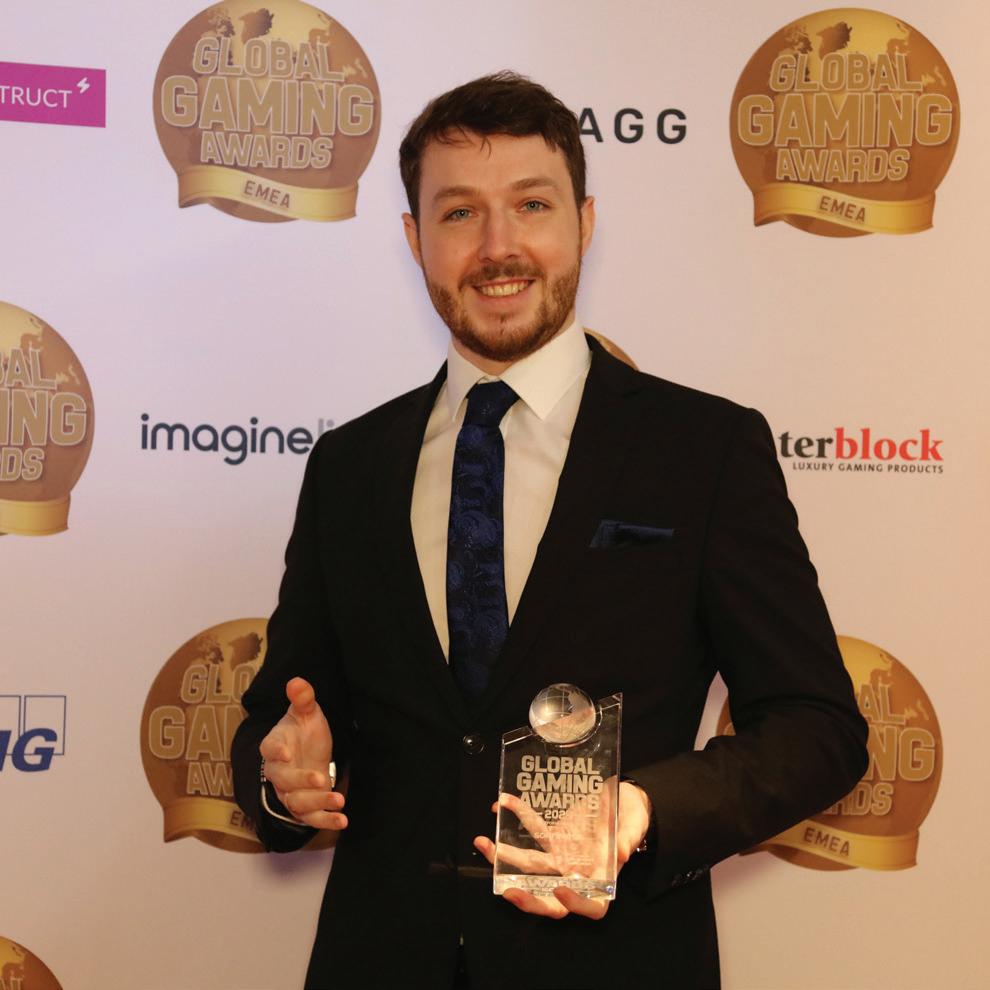



“Nowadays, we have to be innovative, creative and make outstanding things to receive these Awards”


“I’m not doing this alone. I’ve got a great team in Austria. I’ve got a very good Board... You really need good-quality people to make a difference”
Sponsored by















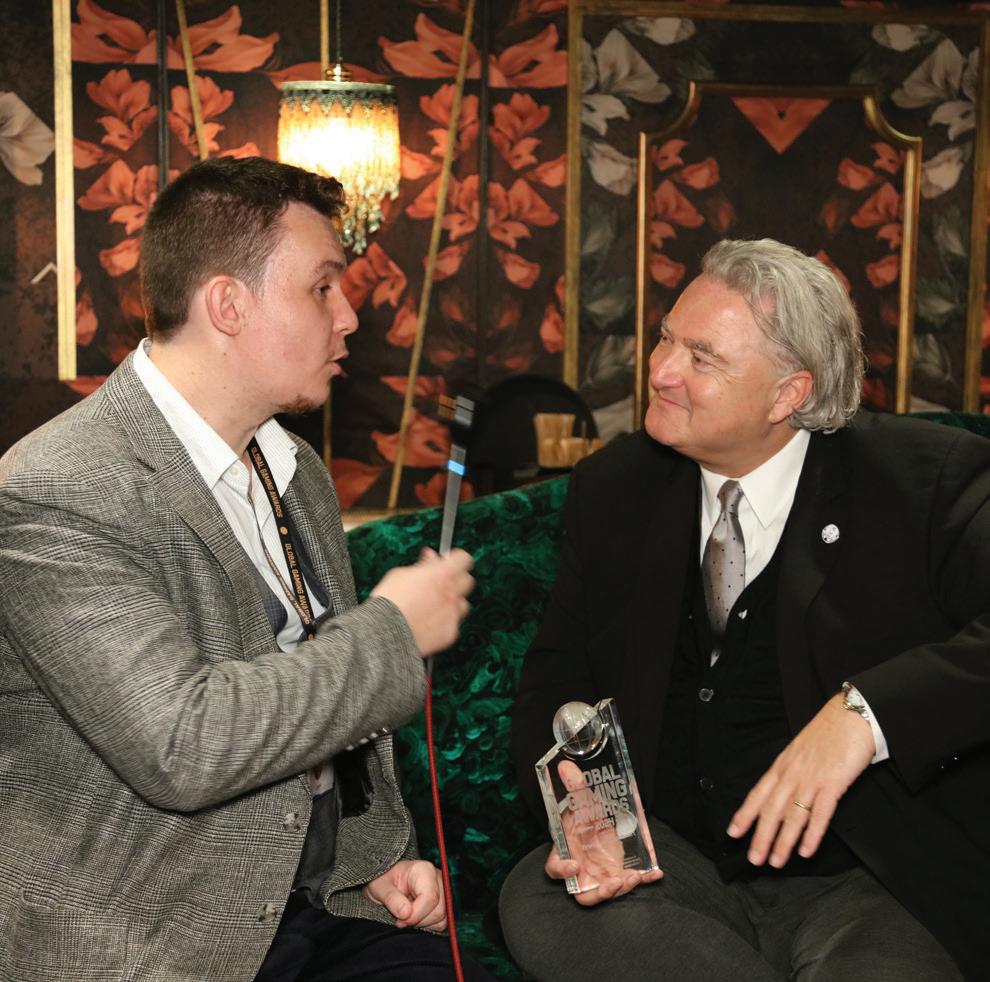



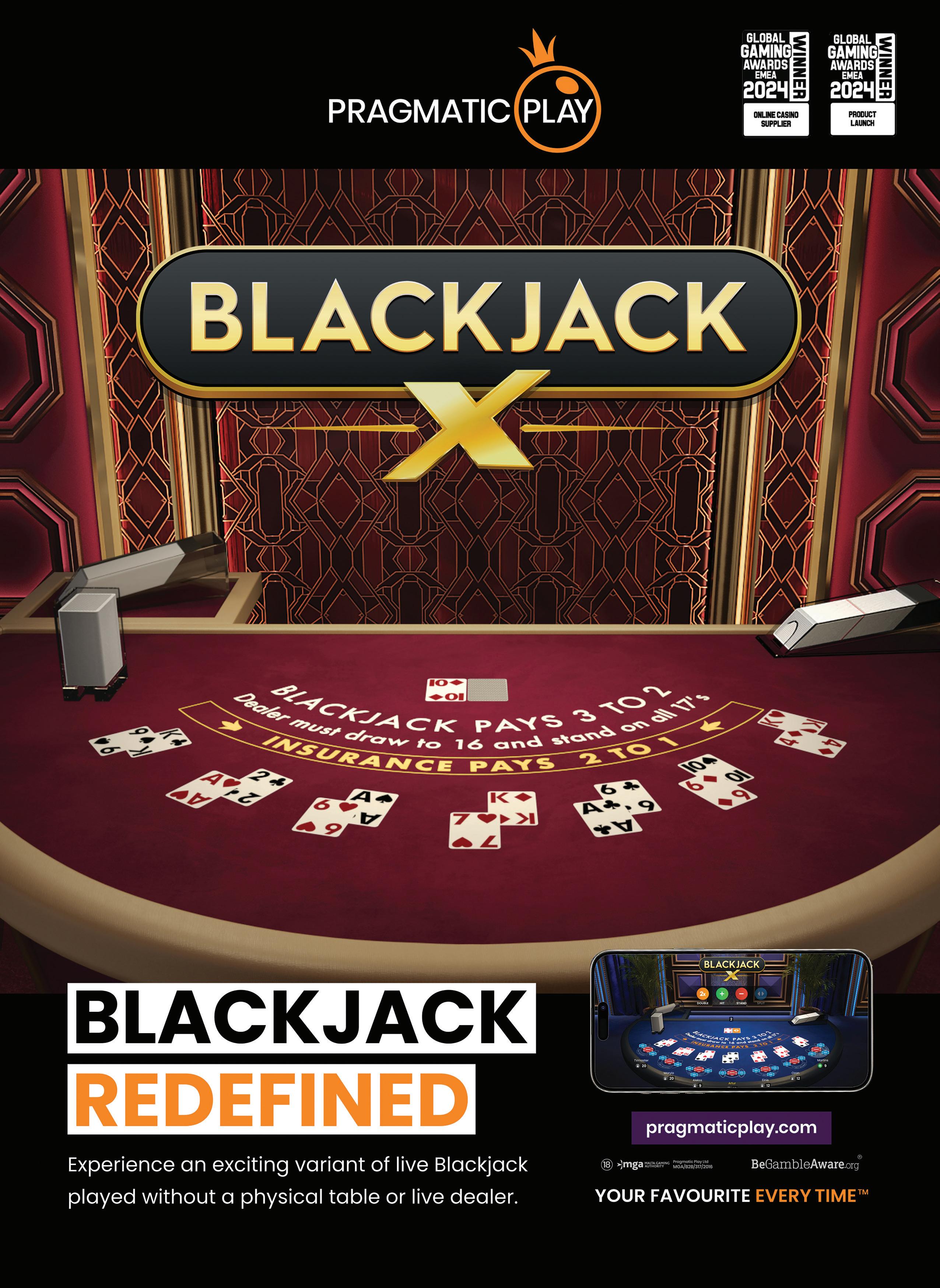




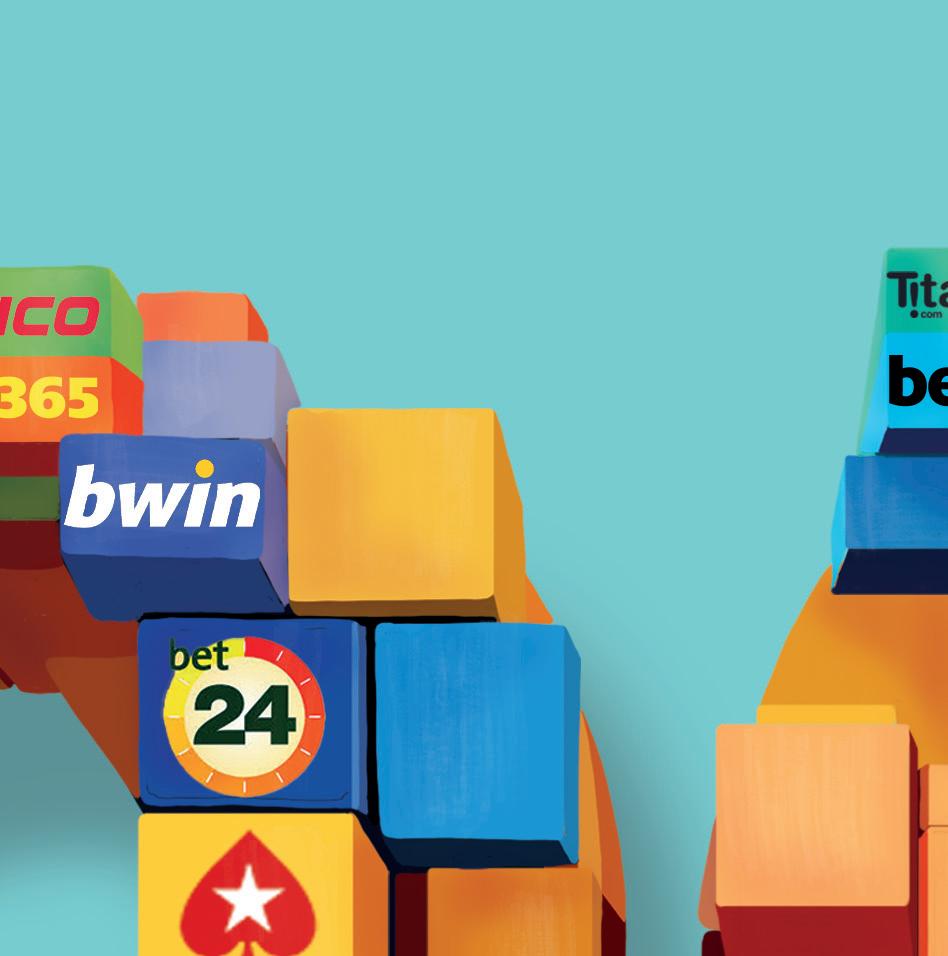
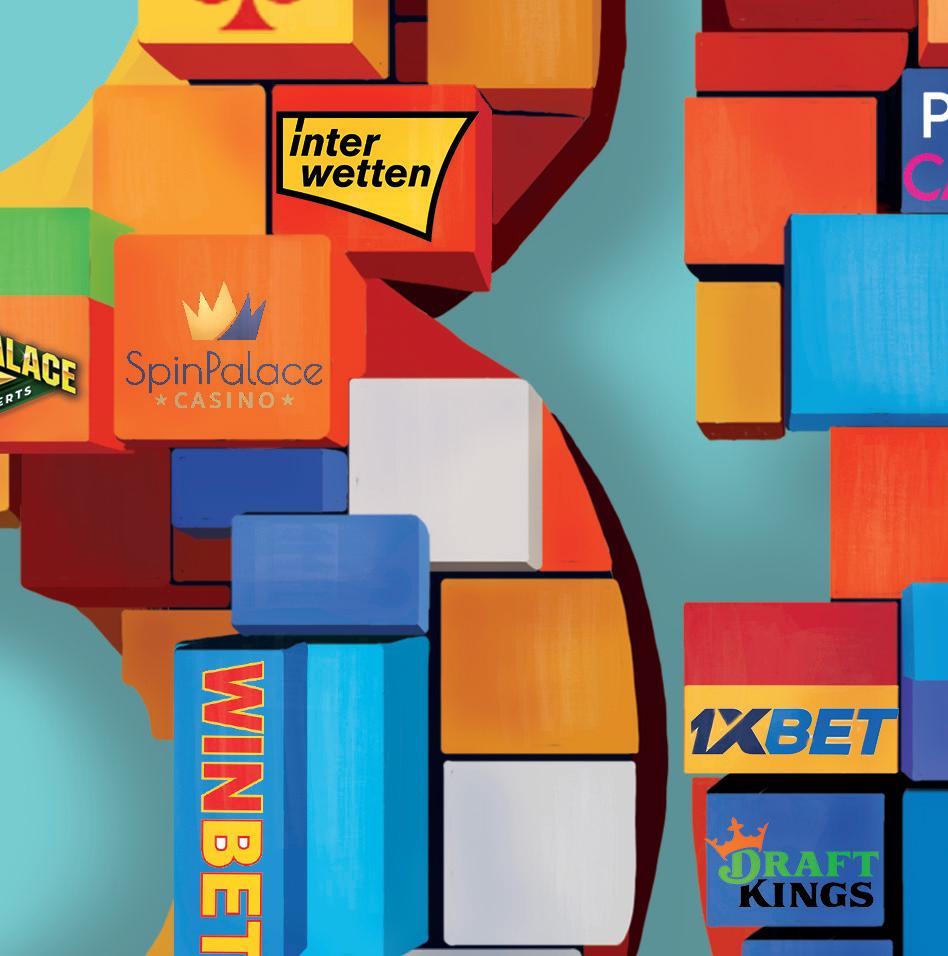
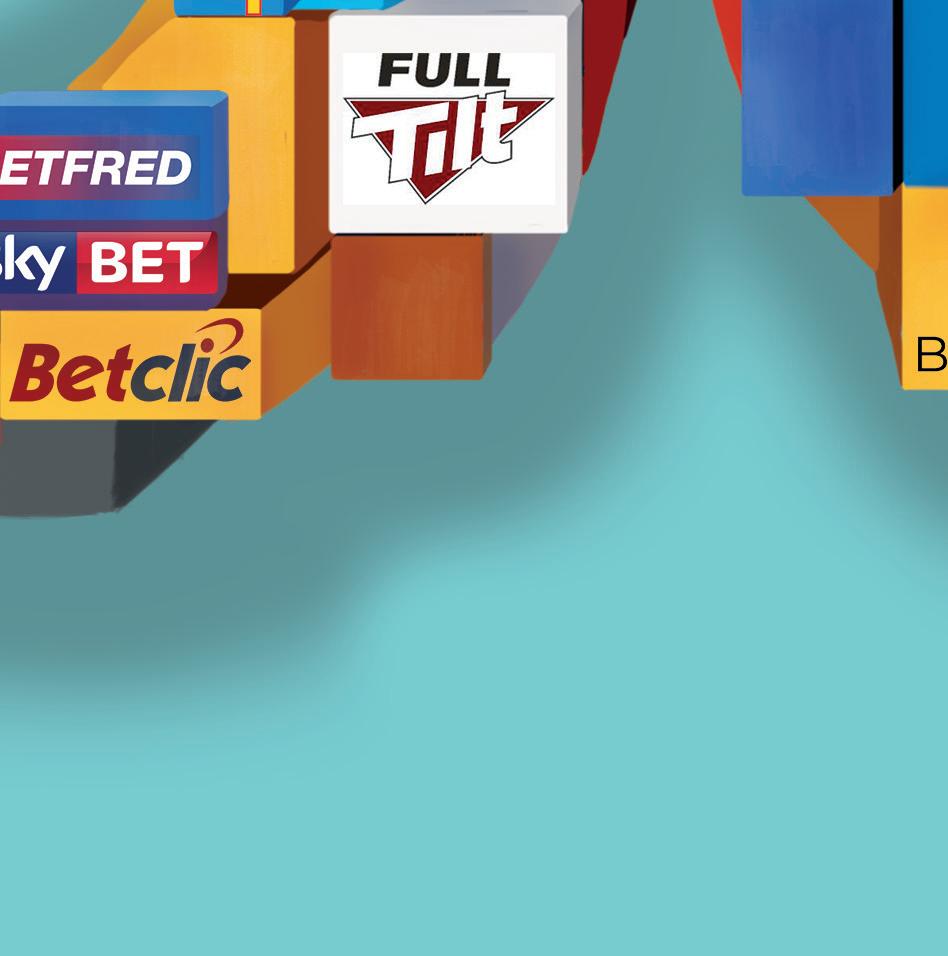
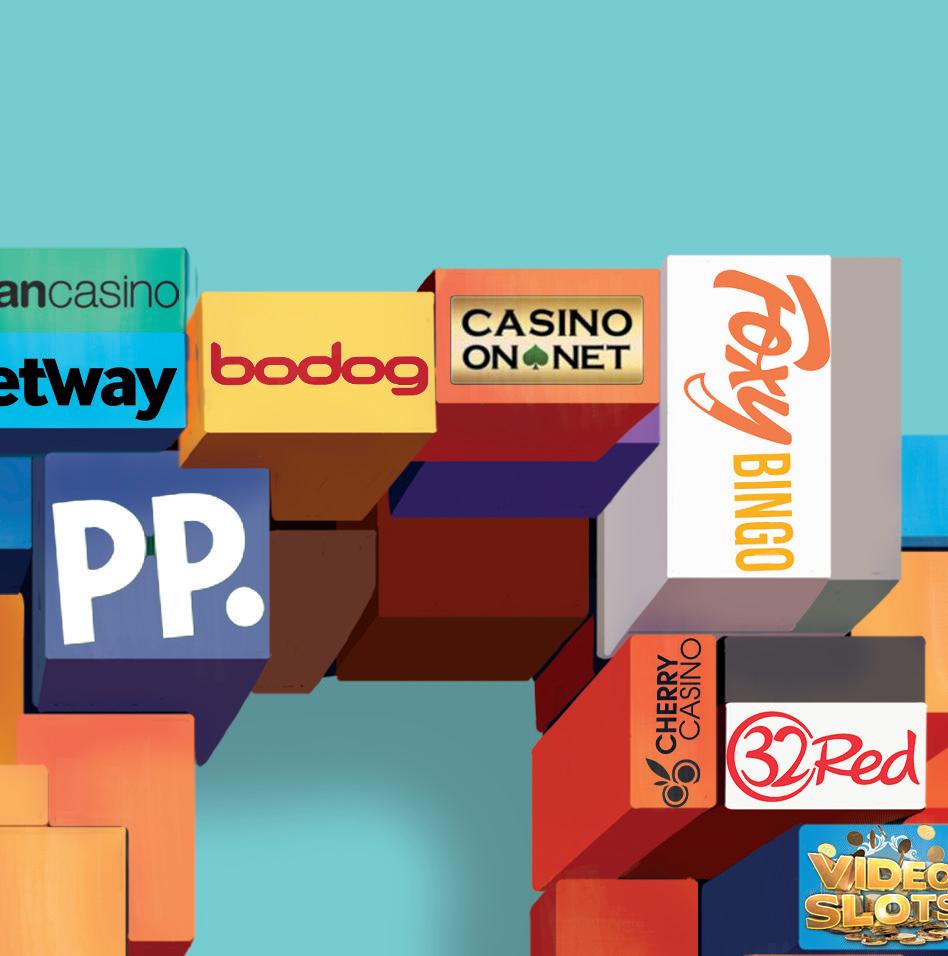






The first online bet was placed in 1994, following the passing of the Free Trade and Processing Zone Act in Antigua and Barbuda. Now, 30 years on, Gambling Insider’s Beth Turner investigates the history of iGaming and where we can expect the industry to go next...
Despite the earliest versions of the World Wide Web existing as far back as the 1980s, it wasn’t until the early-to-mid 1990s that we saw the internet coming to homes. For those who need a refresher of what this era of the internet looked like, or those whose time came after the early 1990s, allow us to paint you a picture: Computers were still large and blocky, with a glass screen and a CD drive. It took several minutes for an image to download; good luck if you ever wanted to watch a video. Social media was yet to become a global pastime and websites were held together with HTML codes and hyperlinks. It is during this age of the internet, in 1994, that the first online bet was made.
The Parliament of Antigua and Barbuda passed the Free Trade and Processing Zone Act in 1994. The Act, which allowed for the creation of licences for online gambling companies, opened up the possibility to not only create a gambling operation online, but do it legally. The World Wide Web gave the unique opportunity, in the early days at least, for players around the world to access gambling sites based around the globe.
Before the act was passed, the technology to make online bets was available, with countries across the globe hard at work to create software that could accept bets effectively and take payments safely. By 1994 safe payment technology had become viable enough for public use and online bets were beginning to emerge. Between the newfound capability of online payment tech, the proof of lottery bets to be made online and the new legality offered by the Free Trade and Processing Zone Act, the online casino was born.
"Being a casino on the internet was new and exciting and challenged perceptions of what the internet at the time could be"
the suppliers in the early 2000s explain.
“I first got involved in the gaming industry in 2002-2003,” Gambling Insider is told. “I was recruited by a company called Microgaming, which had a signfiicant market share of the online casino sector back then. At the time, there was no other company that provided or made games and was what you would call a supplier. Microgaming were the only ones in the entire industry." (Just imagine that compared to now...)
"Everybody else made their own online casino and made their own games. If you were a sportsbook, you made your own sportsbook. Same with casinos. Microgaming was the first one I knew that actually made games and then supplied them to other people.
" There were some others that were big in themselves, Casino-on-Net, which was probably the biggest, certainly spent the most on advertising everywhere, online and offline.
It was just a casino. Very simple. Basic table games and a few slots, maybe 10. Golden Palace was another one...
“I would say the majority of the people playing were in the US. There were a few people who saw a great deal because there was no legislation, no restrictions, no rules. The internet was new. Broadband is only just starting, you couldn’t play on a mobile phone. It was only on a computer and even then, laptops were rare. The biggest restriction really was the number of people with access to the internet.”
Another executive who has seen the winds of change over time is the CPO at Ezugi, Fredrick Bjurle. He has been in iGaming since 2000 and attended the ICE London (soon-to-be-Barcelona) tradeshow since that time: “In the year 2000, ICE was actually an arcade fair and that arcade fair was massive," he tells Gambling Insider Then we were iGaming; we were basically up in the loft. Later, we were roughly eight or nine providers. It was Boss Media, it was Microgaming, it was a few others and it was really early days.”
online and the new legality offered by understand the value of the internet
providers. It was Boss Media, it was
while wholly new brands began to
Around this time also came the dawning of the ‘Dot-com bubble,’ a trend that saw investors begin to understand the value of the internet and online platforms, with existing companies rushing to the online space while wholly new brands began to enter the market.
We spoke to a range of individuals about their early memories of iGaming. One name that popped up on multiple occasions was Microgaming, as industry insiders who worked for
name that popped up on insiders who worked for


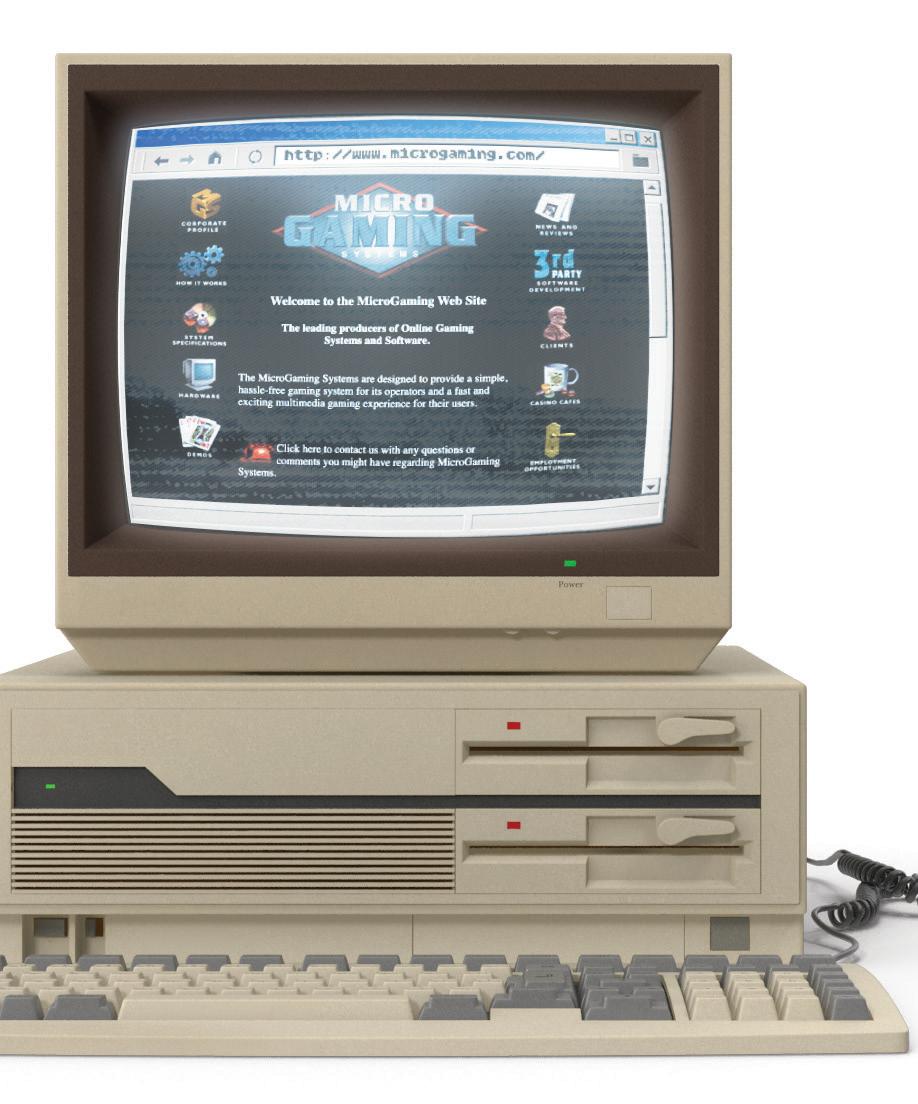
While online betting was still becoming legalised, the industry began to boom in certain countries and leak out across the wider web. Outside of Antigua and Barbuda, Costa Rica became a destination for many businesses attempting to capture the potential of this new form of gaming. The market was loose in its regulation, allowing businesses to legally operate without the need for a licence, making it ideal for new businesses looking to test the waters.
began to boom in certain countries Outside of Antigua and Barbuda, businesses form of gaming. The market was legally the need for a licence, making it test the waters.
“Costa Rica became this massive hub of sports betting companies,” industry insiders tell us. “They were employing tens of thousands of people there; huge operations. They were taking bets out of America. It wasn’t to hide from the authorities
industry insiders tell us. “They
They were taking bets out hide from the authorities

because I don’t think there was any rules to say ‘You’re doing something illegal’.”
The 1990s were the Wild West and, if you could get your hands on a licence, your business had the world at its fingertips. Companies were popping up across the globe. In 1997, Virtual Holdings Limited (now 888 Holdings) launched Casino-on-Net (now 888casino). Admittedly, the site looks slightly different from how it does now, but the foundations have remained the same.
Even the original name of the site, Casinoon-Net, is indicative of the era and users at the time. The excitement of the casino came from the fact that it was online – still a rarity in those days. Being a casino on the internet was new and exciting, and challenged perceptions of what the internet at the time could be; it wasn’t just for sending emails and research into fun facts on the latest movies, but a place where you could experience the fun of outdoor leisure activities from the comfort of your home.
Casino-on-Net changed its name to 888casino in 2010. The move made sense as, following a decade's worth of existence for online casinos, a casino being online was no longer a novelty, but an expectation placed upon operators by consumers. But we’re getting ahead of ourselves...
The free-for-all market created in the early and mid-1990s was not one that could last forever. Before the turn of the century, the iGaming market was generating hundreds of millions of dollars annually, with new and existing businesses migrating to digital platforms. The market was developing new sectors and niches, as even affiliates began to make an appearance by the tail-end of the 1990s.
Intertops, which formed in the early 1980s, took its first online bet in 1996 – one of the industry’s first, according to the company. As an Intertops spokesperson explains: “Affiliate marketing did not exist at all, while the World Wide Web was in its infancy. Tracking mechanisms, which are required for affiliate
“The 90s were the wild west, and if you could get your hands on a licence, your business had the world at its fingertips”

marketing programmes, did not exist. Intertops launched its affiliate programme back in 1999, combining sports and casino profits of referred players, with poker then added in 2003.
“The whole online gaming industry did not exist [20] years ago. Intertops had to invent, plan, develop and programme everything itself through every single service. Today, you can more or less get everything from scratch and easily adapt to changing environments.”
It was during this time of market development that the US Senate was presented with the Internet Gambling Prohibition Act (IGPA) of 1999. While successfully lobbied from being passed, the bill marks a point of significance for the market – the sunshine of the Wild West was setting and a new era of regulation and legalisation was on the horizon. Another notable moment came with the establishment of the Malta Gaming Authority (MGA) in 2001. Operating today as one of the market’s longest-running authorities, it was the goal of the MGA to monitor the jurisdiction's iGaming market to ensure compliance and deliver licences. It was unlike previous jurisdictions, like Costa Rica, which employed a hands-off approach where operators could work legally without a licence. Malta wanted to establish a sustainable, high-standard and above-board iGaming industry, with the MGA given the authority to do just that. Today, Malta is a foremost iGaming hub, with talent from across the globe setting up camp there.
As previously discussed, the start of the 21st century saw iGaming go under the microscope as laws and authorities sprung up to try and bring order and integrity to the market. It is
understandable, considering the following statistic; by the end of 1996, there were less than 20 iGaming platforms taking bets. By the next year, this grew by a factor of 10. The industry had well and truly taken off. By 2005, there were over 1 billion frequent internet users across the globe. It was no longer a technology restricted to work and schools, nor was it a niche interest or hobby.
More homes than ever before had their own computer, with broadband and processing speeds now allowing for quick image loading and the ability to watch, upload and share video across the globe. Social media like Facebook and MySpace allowed for communities to grow and share ideas, and the technology had become so accessible that even children could use it aid free.
With such an environment, it is understandable why, in 2005, the UK Government passed the Gambling Act. The Act regulated online gambling in the UK for the first time,creating the Gambling Commission and awarding licensing powers to local authorities, impacting both land-based and online gaming.
The mid-2000s also saw the rise of online poker. Poker is a social game and the world has just been introduced to social media. It was a logical progression. Pictures and videos could load quickly, meaning games could run smoothly and effectively. Finally, a regulated market meant players could get involved with confidence and trust.
“It all started when an online poker player called Chris Moneymaker won the World Series of Poker in 2003,” industry insiders reflect. “He brought everybody’s attention to it. Then, for the rest of the 2000s, poker





almost took over. The whole conversation of online gaming was poker. It was cool. All these celebrity poker players were heroes.”
Back then, there were a handful of major poker sites; although while the UK had the Gambling Act, things looked slightly different in the US. In 2006, following on from the IGPA, the US Senate passed the Unlawful Internet Gambling Enforcement Act (UIGEA). This Act prohibited businesses from “knowingly accepting payments in connection with the participation of another person in a bet or wager that involves the use of the internet and that is unlawful under any federal or state law.” While the Act excluded fantasy sports, intertribal gaming and, to some extent, state lotteries and interstate horserace wagering, in the 2000s, poker was certainly on the chopping block.
“There were five or six big poker sites. But then, obviously, when it became illegal and many pulled out immediately and lost a lot of their liquidity. PokerStars, for example, has since reached a settlement in the US.”
The amount of poker that could be played online was significantly more than what could be played in land-based casinos, no longer limited by the physical number of poker tables a single venue could fit on its floor. It was an evolution of a classic gambling sector elevated by the internet. Although the next development would take online gambling to even greater heights...
If the computer shook up the gaming market, then the advent of the smartphone re-wrote the rules. In 2007, Apple released the first version of the iPhone, with the Samsung Galaxy launching two years later. By the turn of the
decade, a smartphone was a must-have piece of tech, giving users access to the internet on the go in a way that was accessible and customisable. Alongside this, apps became the latest trending technology for brands, with their uniquely designed UIs to create immersive, personalised experiences. This is where the history books in the US start to see the rise of apps like FanDuel and DraftKings (whereas big operators in the UK would also start to develop their own apps, like bet365, Sky Bet, Ladbrokes, William Hill and more).
As previously mentioned, fantasy sports platforms in the US were not affected by UIGEA, provided they met certain criteria. FanDuel was launched in 2009 with DraftKings following shortly after in 2012, developing an audience with their interactive fantasy sports products. Developing such an audience, especially in the US where leagues like the NBA and NFL dominate the sporting conversation, gave these two operators a headstart when sports betting became legalised in the US.
Unlike the UK, where high-street bookies like William Hill had been taking online sports bets since the 1990s, in the US, sports betting had been banned since 1992 following the passing of the Professional and Amateur Sports Protection Act (PASPA). However, this ruling was overturned in May 2018, opening the floodgates for states to begin legalising online sports betting on a case-by-case basis. With a fantasy sports betting audience already established, it is no wonder FanDuel and DraftKings were able to go on to dominate the market. Today, they are the two biggest US sportsbooks by market share, with FanDuel since having been bought by industry giant Flutter Entertainment, and DraftKings going public in 2020.

Online sportsbooks provided options that physical betting shops could not. Greater options, more ways to play, instant cash-outs, video replay and other features made betting on a phone a significant part of the overall gaming market. And 'significant' would soon become 'dominant.'
This is not to say that sports betting was the only market development in the 2010s. By this point, practically every land-based operator had a website, be it for taking sports bets, booking hotel stays or even playing games online. As smartphone proliferation grew, online gaming sites and casinos crafted their own apps, bringing the experience of online gaming to users’ pockets. It made play more accessible, with a more diverse playerbase developing compared to the pre-smartphone era.
And, thus, we find ourselves in the iGaming market of today.
When we ask Bjurle about how the industry has changed since 2000, he responds: “It has grown exponentially. It’s probably grown 100x since I joined [Evolution] in 2009. We got into live dealer and live dealer has grown insanely. If you go around ICE, you will see there are a ton of competitors that turned up, making the industry much bigger than it was back in those days.”
A similar sentiment was shared by Eeze CTO Victor Herman, who joined the iGaming industry eight years ago. “It feels like eight years ago, things were quite straightforward, quite simple. At some point, they started to advance.” He tells Gambling Insider that, currently, “companies have been trying to implement AR, to combine the AR with the UI, but it doesn’t feel like a real game. It doesn’t feel like an experience that’s immersive. Yet I’m really looking forward to that [being done correctly]. I think it’s really exciting and it can provide a new experience, especially for the younger generations coming in.
Intertops added: “There have been so many changes. You have the change in payment methods, from credit card to wallets to Bitcoin, regulatory requirements, tools such as heat mapping, SEO, competition for attention from social games and entertainment platforms such as Netflix, and also how people talk, with social media having emerged.”
With sports betting and casino gaming firmly established within the iGaming market, our expert consensus is that the development of new technologies simply isn’t going to slow down anytime soon. As smartphones become more powerful and spaces like the metaverse become more accessible, what the market will look like in the coming years is hard to predict. However, if the last 30 years have taught us anything, it is that we should expect the unexpected.





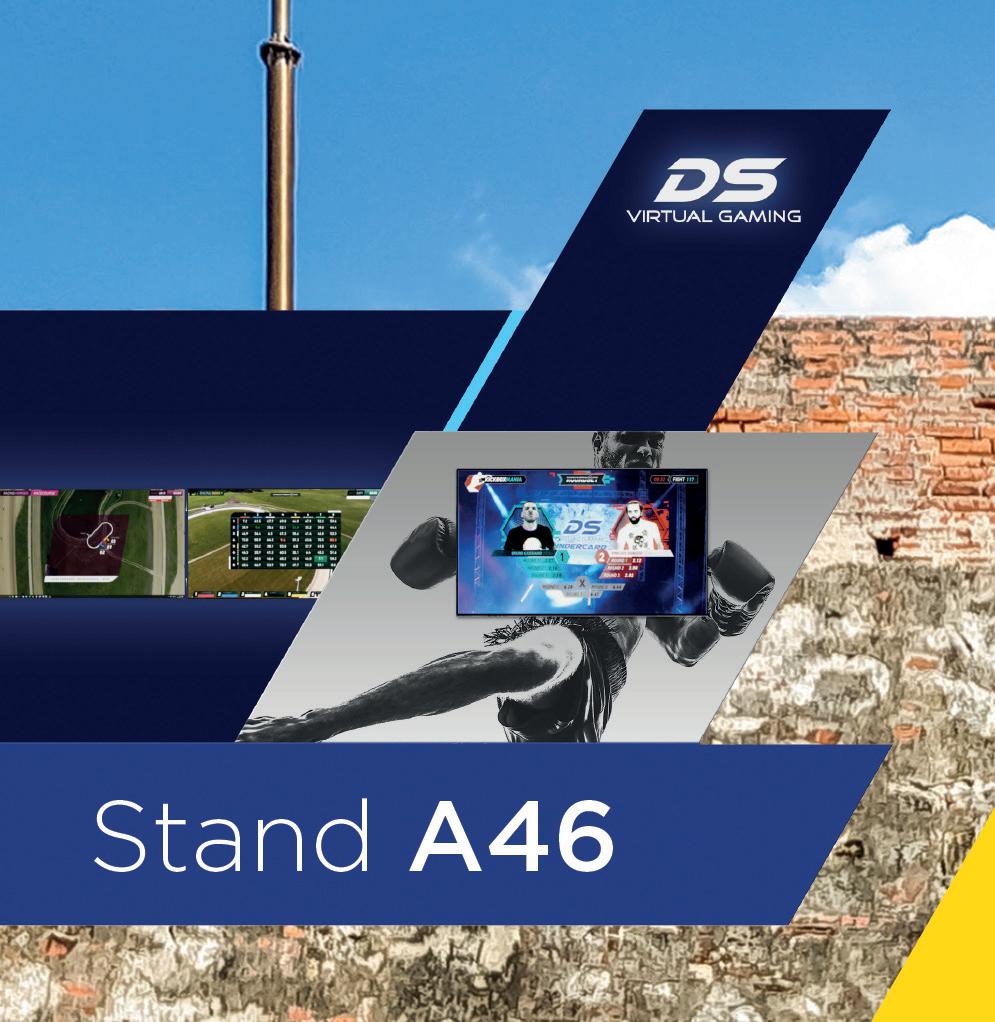














Following on from our cover feature, Gambling Insider contributor Ron Mendelson of Fast O shore gives his take on the last 30 years of the iGaming market
Back in 1994, some 30 years ago, Microgaming developed the first iGaming software, leading to the launch of The Gaming Club, the world’s first online casino. CryptoLogic launched the first encrypted online financial transaction payment protocols a year later, allowing players to bet online with real money. By the end of 1996, some 15 iGaming sites accepted bets, which rose to 200 in 1997 and more than 1,800 by 2022. By 1998, we saw Planet Poker, the first online poker site and, in 1999, Lasseters was the first land-based casino to offer online betting, shortly followed by Ladbrokes and William Hill.
Fast forward to 2024 and tens of thousands of iGaming licences are issued to companies worldwide, thousands more iGaming sites, and at least 1.6 billion players. Games are themed in every possible way you can imagine, we have live dealer games and gambling apps on our phones, and you can pay in fiat or cryptocurrency. We have come a long way, but what other key, memorable and defining moments werethere along the way?
Costa Rica was known for many years as a hub for offshore businesses seeking a favourable jurisdiction. By the mid-1990s, the country began to make a name for itself among iGaming operators as the industry took its first fledgling steps into the online world.
With its hands-off regulatory approach and companies allowed to operate legally without a licence, operators worldwide flocked to get established there. The country’s stable political climate and well-established telecommunications infrastructure further attracted entrepreneurs eyeing the burgeoning online gaming market. The absence of stringent regulatory frameworks allowed iGaming companies to establish a foothold in Costa Rica, capitalising on liberal business policies. The country became a hotspot for sportsbooks, online casinos and poker rooms, attracting domestic and international operators.
The Costa Rican Government, recognising the potential economic benefits, adopted
a hands-off regulatory stance, allowing the industry to flourish. In 2024, iGaming companies set up in Costa Rica, often using it as a testing ground before acquiring a licence elsewhere. Others, such as crypto companies, prefer to remain there while enjoying the many benefits of it as a jurisdiction.
But one cannot talk about the rise of online gambling without mentioning the raid of Starnet Communications in Vancouver, Canada, in 1999. Starnet was a publicly traded adult entertainment and casino company registered in Delaware but with offices in British Columbia. Preceding the storming of the offices by Mounties, the authorities had conducted an extensive 18-month investigation into illegal betting and bookmaking, as well as its pornographic activities.
The news was shocking as the company was heralded as an internet success story. In 2001, the company was charged with one count of

keeping a device for gambling or betting, pled guilty and was fined as well as seeing a chunk of its asset forfeited. The company then changed its management structure, brought in a new team and got a new licence in Antigua.
Another memorable name from the early years in Canada is Bodog, an online gambling empire founded in 1998 by Calvin Ayre. The brand soared during the mid-2000s as iGaming grew in popularity and he became a billionaire. In 2012, Bodog was shut down, and Ayre and three other Canadians were indicted for illegal gambling that reportedly generated more than $100m in winnings, according to US federal prosecutors. In 2017, the felony charges against Ayre were dropped, he pled guilty to a misdemeanour charge and was sentenced to one year of probation and a $500,000 fine. He then sold Bodog’s business to the Morris Mohawk Gaming Group of Kahnawake while retaining rights to the overall brand.
Curaçao was one of the first jurisdictions in the world to legalise online gambling in 1996. The licence was issued by master licence holders authorised by the authorities to licence operators and supervise their business ventures. The jurisdiction became known for a hands-off approach to regulation while still having checks and balances in place, and offering a respected licence for operators. But two years ago, cracks started to appear as the authorities were criticised for being too hands-off. Concerns over fairness, compliance and some cases of illegal activity began to surface, so the authorities knew they had to take action. A new gambling law was drafted, overhauling the existing regime and replacing the old master licence and sub-licence system.
The new rules will allow all existing licence holders to be transferred to a new regime. By contrast, new applicants will apply directly with the Government and must meet slightly tougher requirements and criteria. The law is currently stuck in Parliament and yet to be fully approved and executed, leading to some uncertainty among operators. But we are certain that, once the law is in place, it will continue to be a top jurisdiction for gambling companies; and for those who are not convinced, there are plenty more to choose from.
Anjouan has been offering iGaming licences since 2005, but it has found itself mainly under the radar, with few paying attention to what it provides. Yet in 2023, Anjouan emerged as a popular choice for iGaming operators, including both start-ups and more established brands. As Curaçao started undergoing regulatory reform and uncertainty about the new regime crept in, operators began looking at other options. The Anjouan Government, seizing
the opportunity, streamlined the application process and focused on bringing in talent while also upholding standards.
The licence has become one of the market leaders over the last year due to its quick, simple and low-cost set-up time and relatively straightforward processes. This has particularly attracted start-ups or those moving away from Curaçao and still trying to figure out what to do next. Holding an Anjouan licence allows the site to operate legally and to engage with payment providers, banks and other regulated entities. It also serves as a trust marker for players, ensuring dedication to high standards, fairness and compliance.
In 2024, we expect to see the popularity of Anjouan continue to soar, solidifying its place among other well-known jurisdictions.
The gaming and content delivery landscape is almost unrecognisable today compared to 5, 10 or 25 years ago. We have gone from the era of CDs mailed to homes to the present-day world of the metaverse. Initially, gamers relied on physical media like CDs and DVDs, but high-speed internet brought in downloadable clients, enabling quicker access to games. The rise of smartphones revolutionised gaming further, with users accessing games through dedicated apps anytime, anywhere.
The metaverse concept has taken this evolution to new heights, where users can engage in immersive, interconnected experiences far beyond traditional gaming boundaries. When we see how far we have come in 30 years, we have to ask where we could possibly end up in another 30 years!
The gambling industry has profoundly shifted from its traditional roots in land-based casinos and betting parlours to a dynamic online landscape. This has followed trends
in other areas as people now bank, shop, learn, chat and do everything online. The convenience of online platforms, coupled with the widespread availability of high-speed internet, has propelled the popularity of digital gambling. Players can now access many casino games, sports betting options and poker rooms from the comfort of their homes or on the go, transforming gambling into a more accessible and convenient pastime.
The online shift has also broadened the demographic appeal, attracting a diverse range of players who might not have frequented traditional gambling establishments.
Technological advancements, secure payment methods and immersive gaming experiences have further contributed to the increasing prevalence of online gambling, making it a dominant force in the industry and reshaping how people engage with games of chance worldwide.
It is impossible to put all the key moments of the last 30 years into just one short article. The iGaming sector is vast and every region has its own story to tell, but it is clear we have come a long way. From games on CDs and dial-up internet to live dealer games on mobile phones and the metaverse, the sector’s evolution has surpassed what many of us could ever have imagined, begging the question, where to go from here?
With roots both in Costa Rica and Vancouver, Fast Offshore has been in the business for 27 years and we are ready for whatever comes next. We know all there is to know about the legal, corporate and practical sides of setting up an online gambling company. We are also extremely knowledgeable about the new technologies of the day and how they intersect with our industry: crypto, video, blockchain, esports and more; we have got it covered.
"Technological advancements, secure payment methods and immersive gaming experiences have further contributed to the increasing prevalence of online gambling, making it a dominant force in the industry and reshaping how people engage with games of chance worldwide"



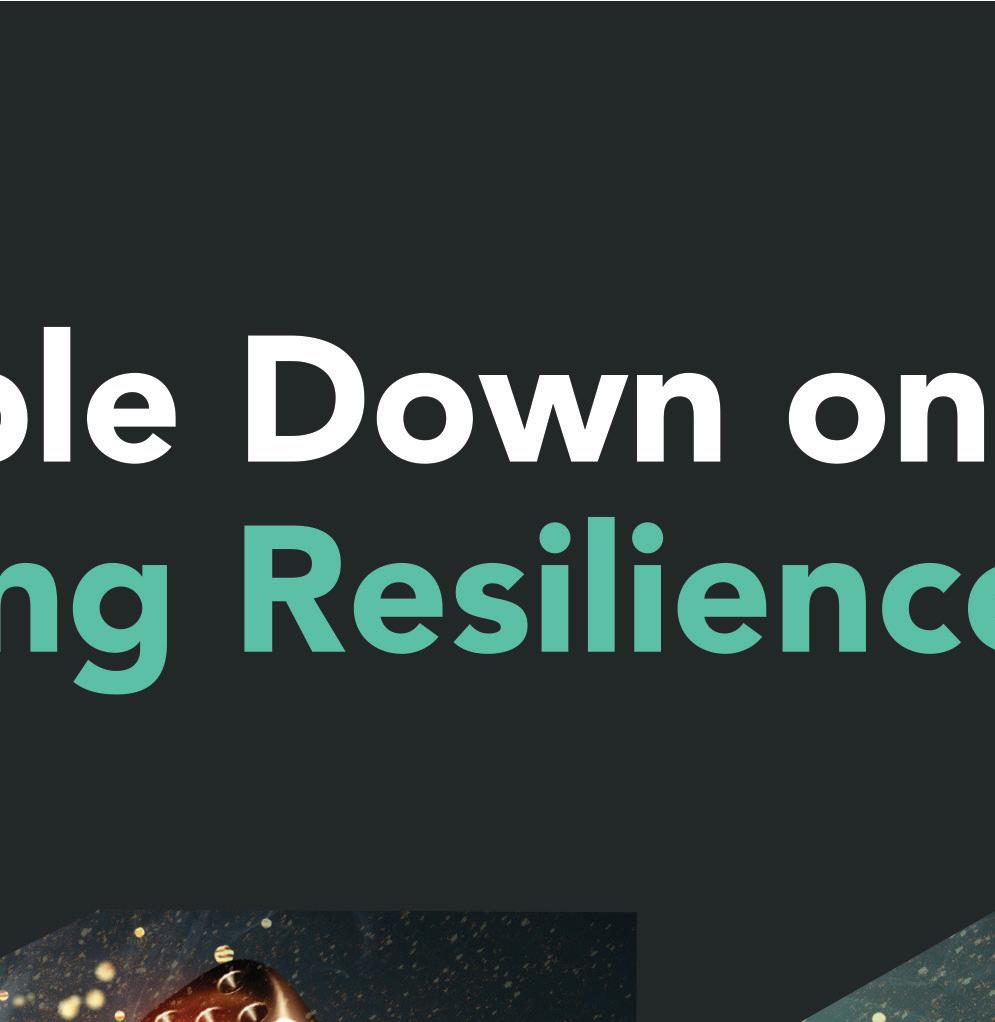





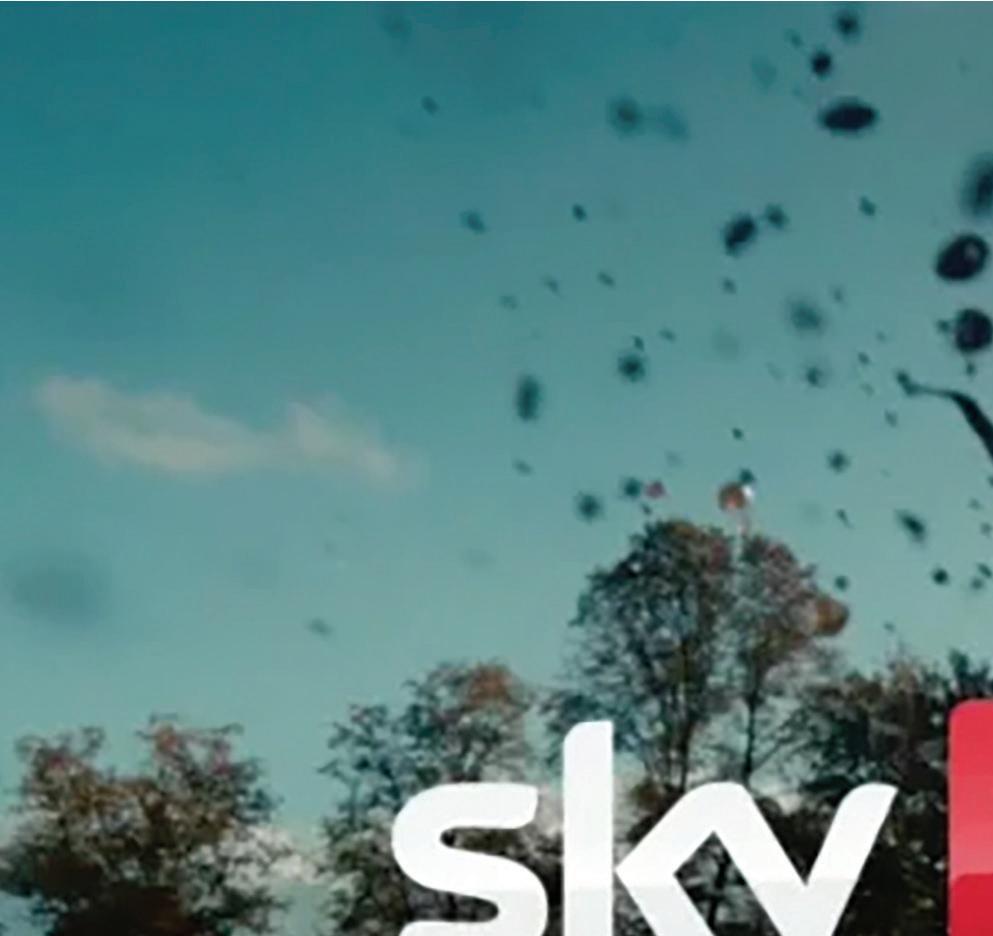
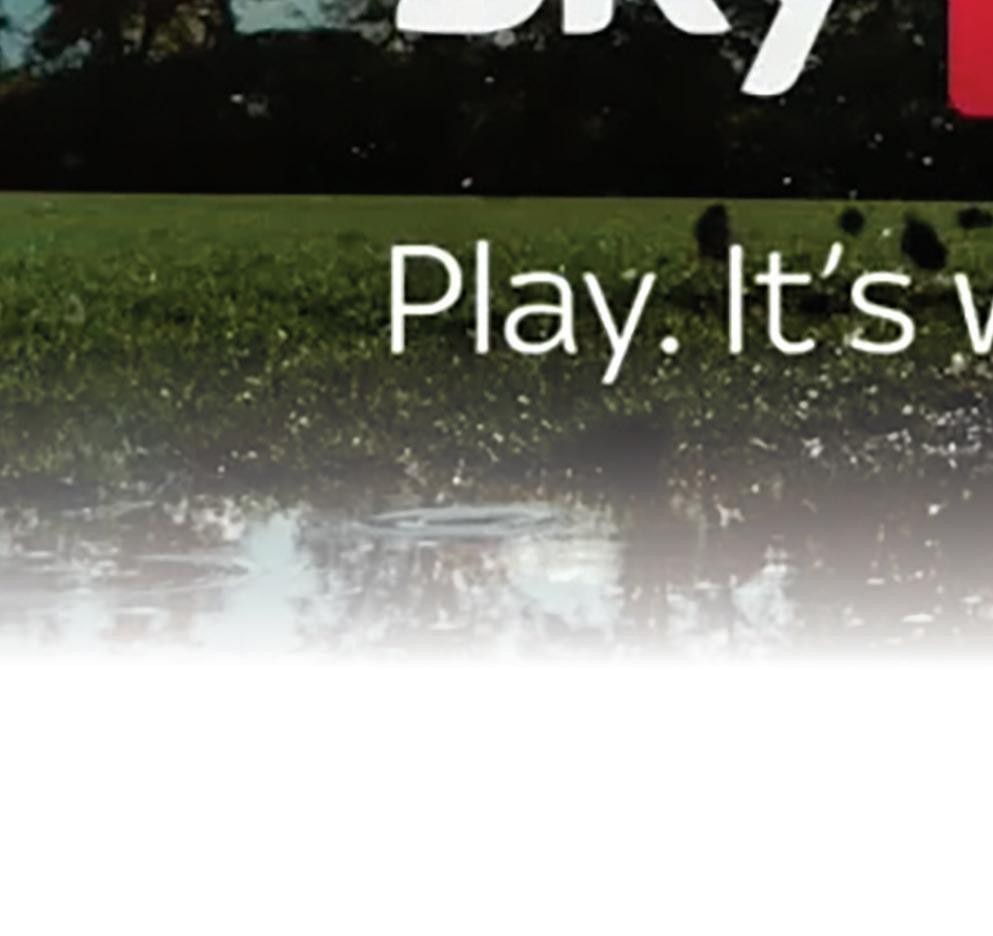
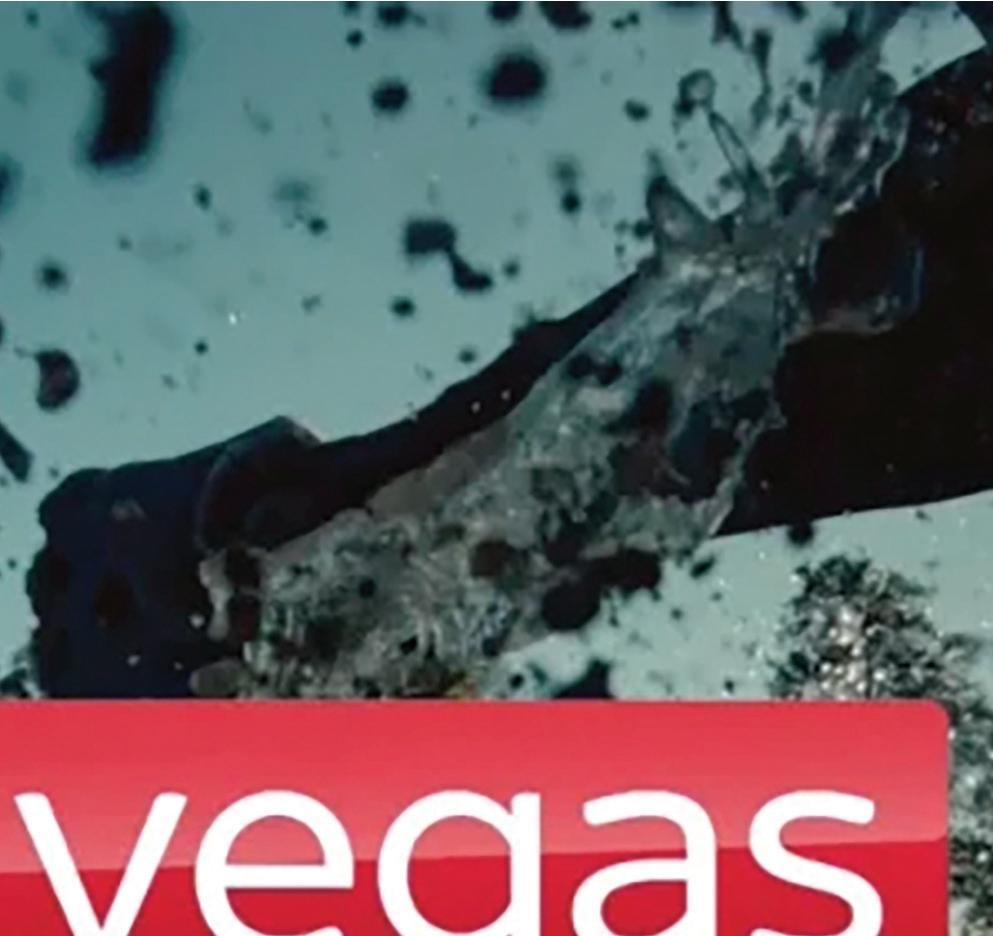
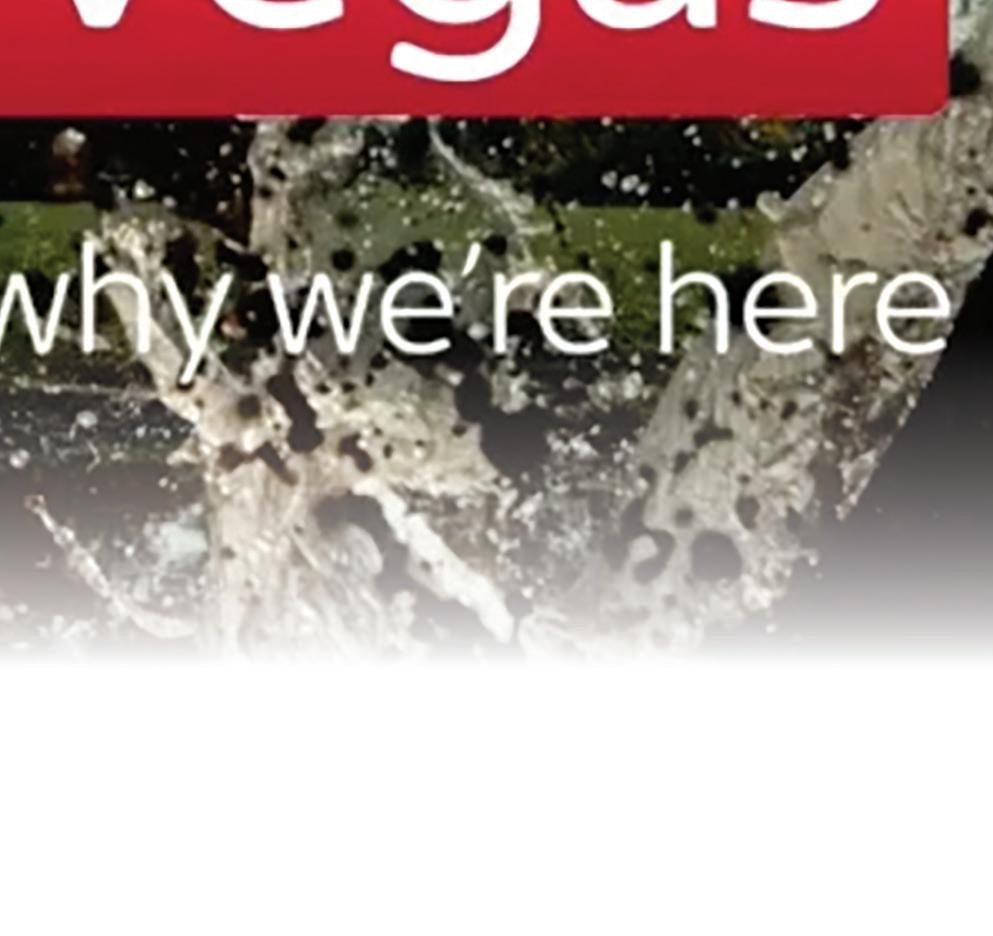
Jonathan Lloyd, Sky Betting & Gaming Head of Gaming Brand and Creative, speaks exclusively to Gambling Insider about Sky Vegas’ latest advertising campaign and why the operator has moved away from its usual direction
‘Play. It’s why we’re here’ – Could you explain the thinking behind this tagline? Put simply, we see Sky Vegas’ role as providing moments of play. It’s why we’re here for our players and for the wider casino market. We’re extremely proud of our content mix and entertainment heritage, and believe we excel in providing individual moments, whether that’s with the latest big-brand slot title or the newest live casino experience. The tagline is designed to bring our brand purpose and expertise to life, while also summing up the new creative approach centred on celebrating moments of play in the everyday.
Why have you gone away from your usual Sky Vegas advertising? The move away from our established creative
approach is the culmination of extensive customer research and a reflection of our new brand ambition. The new approach starts to address broader and well-established challenges we believe the category faces when it comes to developing better relationships with customers.
We enjoyed several years of success with the King of the Unexpected, but the approach began to feel limiting when it came to communicating beyond promotions, and giving players clear and distinct reasons to choose Sky Vegas over the competition at a brand level. We recognised that the category was awash with brand ambassadors vying for attention and other recurrent themes in advertising that didn’t really give players a reason to sit up and take notice of any brand.

There was also a strong sense that the established advertising techniques didn’t reflect players’ real experiences with brands. An almost single-minded focus on winning within the category didn’t tell the whole emotional story of why players play. And the world of hype and exaggeration that ambassadors rought to life was far removed from the reality of where and how our players play. We believe the lack of relatability is limiting brands’ opportunity to build meaningful and robust relationships with players, beyond the result of a spin. The new Sky Vegas approach is the first step in demonstrating greater empathy with players, provides scope to focus on more than just the win and is more grounded in the reality of why and how players play.
What were the most interesting points from your customer research on the matter?
With our Sky heritage, our natural inclination has always been to try and make experiences better for players, so we took the opportunity to understand what ‘better’ meant for them today. The results were clear; they were tired of the same old behaviours from brands in our space, were cynical about promotions and felt all casinos were the same. The hype and exaggeration that existed within advertising was supposed to create excitement but was undermining trust.
To begin to deliver better experiences for our players, the starting point was how we communicate through advertising. However, we know advertising is just one area where we can improve and differentiate. The new brand approach, of which the new creative is just a part, gives us a platform at a business level to look at every aspect of our players’ interaction with us and ask ourselves ‘how can we make this better?’ That means we’ll be using insight across the entire player journey to improve their experience at every opportunity, so the research will be ongoing.
How do you think this campaign will build up trust of customers towards casinos?
At its most basic, we set out to reflect players’ real experiences with us in our advertising approach. By showing greater empathy, we’re laying the foundations for greater trust Research revealed that it’s in the unremarkable moments in their day that players look forward to playing, preferring to play for excitement rather than only for the chance of big wins. We aren’t just focused on the win, but all the feelings of entertainment that players get from online casinos: jeopardy, anticipation, connection and even losing. That’s what they experience with us, so it’s only right that we reflect that in our comms. We’re using real-world, everyday scenarios as metaphors for what Sky Vegas delivers to players – big entertainment in small moments – as a means of establishing that we understand them and the way they play.
What more needs to be done by online casinos to show they are trustworthy?
Trust is earned, so the challenge extends far beyond advertising. Drivers of mistrust are so deeply engrained in the minds of players that brands will need to work hard to demonstrate they’re deserving of trust. That means greater levels of transparency, a sustained and systemic focus on player safety and a move away from purely transactional relationships towards ones that are built on fulfilling the needs of
players beyond the result of a spin or the next promotion.
As a category, we’ve been faced with the same challenges for many years. Players tend to use multiple operators to get a sense of value. Brands have predominantly focused on transactional value as a means of acquiring and retaining players, which we believe has only compounded the trust challenge and fuelled promiscuity. It’s a promotional paradox. Players have become so accustomed to promotions and free spins that they’re now a hygiene factor but at the same time see them as cynical ploys to draw them in.
Players are savvy and need to feel valued and understood beyond the transaction. As a category, we have a responsibility to players to answer more of their needs and work harder to earn their trust, through the things we do as well as the things we give away.
Most gambling adverts’ focus is of course on the win, but do you think your new campaign might see a change in this going forward?
I’m hopeful that there will be a step-change in how brands communicate in the near future, but ultimately it’s up to brands to decide what’s right for them. More than ever though, the category needs to address the challenges we face, whether that’s at a regulatory level, perceptions of the games and experiences we provide or the lack of trust that exists among our playerbase. To do so, we need to reflect on the category norms and established ways of doing things, and ask ourselves whether they’re solving the challenge or adding to it. If every brand has the same focus, standards will raise and the entire category will benefit.
Fundamentally, we all have a responsibility to players to provide a safe environment where they can enjoy the small moments of big entertainment they’re looking for. Advertising is at the front line of communicating with players and sets the tone of what players can expect from an operator. We’re confident the new approach from Sky Vegas begins to show that we’ve listened to what players want. Of course there will always be a role for promotions in our space, but we believe we’ve laid the foundations for better, more trusting relationships with players; by simply talking to them in a relatable way that’s more true to their everyday experiences.
Is there a worry that making the campaign related to everyday life could raise concerns with the Advertising Standards Authority (ASA) when it comes to problem gambling and underage players? This isn’t something we’re concerned about.

Player safety is paramount, and at Sky Betting and Gaming it’s our primary focus in every aspect of our business, none more so than with decisions we’ve made around the new creative approach. Our ads are tested throughout development and our Compliance team are scrupulous in ensuring that our communications adhere to all ASA guidance and fall well within the threshold it stipulates.
Nothing has changed in terms of who we are aiming to reach with the new approach, it’s simply the way we’re communicating the experience at Sky Vegas that has matured. We believe the new approach is actually a more responsible way of communicating as it’s more grounded in real experiences and focuses on all aspects of playing, rather than on simply winning, which currently the industry largely does. By representing a more accurate portrayal of the outcome of games, we’re being more responsible. Our new ads all feature a moment of drama that ultimately resolves to a state of normality. It’s this return to normality we feel is a more responsible articulation of how our games should be enjoyed.
In addition to the new ‘favourite games’ campaign, we’re also launching a new safer gambling ad encouraging players to set a deposit limit, which we know is a crucial and effective step in ensuring players play at a level they’re comfortable with. Additional safer gambling messages are also planned for later this year. The new creative approach provides us a platform to communicate these vital messages in a more relatable way, normalising the conversation around safer gambling, which is key to creating a safer environment for all players.
Mario Fiorini , Founder and Director of IGA Group, walks us though the history of
one of gaming's most important hubs. One, though, whose "fundamentally flawed" framework brought with it a chequered past

The Government of Curaçao is currently undergoing a significant transformation, with the complete reformation and modernisation of its gambling legislation. This comprehensive legislative overhaul seeks to address the weaknesses and inefficiencies that have tarnished the jurisdiction’s reputation, and bring the sector in line with international standards. In light of this, a bird’s-eye view of Curaçao’s
past and present is a good approach to properly understand why the existing framework is fundamentally flawed, what is being done to remedy the situation and what we can expect from the jurisdiction in the future.
When online gaming was formally legalised in 1993, Curaçao enacted extremely liberal gambling laws. When one considers the host of other benefits the jurisdiction offered, such as its OCT (Overseas Countries and Territories) status, 0% taxation on foreign-sourced income, 0% VAT, no sales tax or import duties and no restrictions on the withdrawals of dividends, it quickly becomes clear why Curaçao became the go-to solution for gambling start-ups seeking to access the global iGaming market. Despite attracting thousands of operators, a lack of regulations and monitoring compared to other jurisdictions, weaknesses inherent to the Master-Licence system and cultural idiosyncrasies proper to Curaçaoans would ultimately result in a broken system; allegedly responsible for up to 40% of global unregulated gambling.
Under Curaçao’s outgoing system, licensing is handled by four private businesses, which each hold “Master Licences” granted by the
“There is little doubt that Curaçao’s judicial reform is an extremely positive development with clear advantages for players, operators and the jurisdiction itself”
Government. B2C operators would then apply for a sub-license under one of the Master Licences. This created a number of restrictions for operators, such as payment providers (PSPs) not recognising the sub-licence, meaning operators had to add a subsidiary to their structure, in an EU country such as Cyprus, to process payments.
Without the necessary supporting framework, the Gaming Control Board (GCB) devolved most responsibilities to the Master-Licence holders and then struggled to adequately monitor them. Master-Licence holders also failed to hold their sub-licensees accountable, chiefly because it was economically convenient for them not to do so. Anti-money laundering measures already existed, but without enforcement measures were largely ineffective. Over the years, this lack of intervention and enforcement gradually tainted the jurisdiction’s reputation. Loss of reputation aside, international pressure and demands for Curaçao to overhaul their regulatory framework were steadily increasing.
With the benefit of hindsight, perhaps a catalyst was needed. That came with the curtailing of international travel during the Covid-19 pandemic, dealing a major blow to Curaçao’s struggling economy and prompting it to seek assistance from the Netherlands. While financial assistance was granted, pressure to implement reforms was also brought to bear.
Following discussions between the Dutch Government and its counterparts in Curaçao, it was agreed that the island would create an independent gaming regulator with the power to grant and revoke gaming licences, collect taxes and licence fees, and ensure operators act in accordance with the laws and regulations
of targeted countries. After engaging in consultations with industry stakeholders, as well as analysing and modelling best practices in other well-regulated jurisdictions like the Netherlands and Malta, Curaçao began drafting a new legal framework, the National Ordinance on Games of Chance, Landsverordening op de kansspelen (LOK). Having formalised a timeline towards reform, Curaçao committed wholeheartedly to the process.
In line with the Government’s desire to preserve existing businesses, the current draft of the LOK provides a transitional framework for operators working under an existing Curaçao licence.
Based on the new legislation, the GCB will be converted into the Curaçao Gaming Authority (CGA), a new independent licensing and supervisory authority for all games of chance. The CGA will grant licences to both B2C operators and B2B suppliers that provide critical services or goods related to games of chance, such as games, platform and payment services providers.
Master-Licensors are required to register existing sub-licensees and their associated domains through the GCB portal by 31 March 2024 as part of a census of the current gaming landscape. They may continue to operate – and permit their sublicensees to do so –until current renewals expire or until the National Ordinance on the Games of Chance (LOK) comes into force, whichever happens first. They will then automatically be ‘grandfathered in’ to the new regulatory regime.
Concurrently, since November, the GCB has been accepting new registrations via the same portal and successful applicants are currently being issued with a provisional licence based on the current law (NOOGH). They are then given a further six months to submit audited policies and procedures aligned with international standards.
Online gaming and supplier licences will only be granted to persons that are legally established and providing their services in Curaçao through an actual local presence. There will be a requirement that the operator or supplier provide
“With the impending finalisation of the legislative process, Curaçao is now well on its way to re-establishing itself as a well-regulated and reputable jurisdiction”
permanent and full-time work to at least one local key person, and there will be fit-and-proper tests for applicants, beneficial owners, stakeholders, directors, managing directors and compliance officers. The financial integrity of the organisation and source of funds will also be audited. Despite suggestions to the contrary, there is currently no requirement for licence holders to acquire or lease property in Curaçao for the purpose of carrying out business activities.
Player protection, dynamic AML/CFT procedures, responsible gaming, KYC and robust technical and information security setups are required as standard under the new framework and compliance will be subject to regular audits. All licences granted by the CGA will be non-transferable. While this does not imply the prohibition of white labelling, it does mean licence holders will be personally responsible for the execution of their licence and its associated obligations.
Licence fees for operators and suppliers have already been finalised and communicated. They are affordable and competitive, and largely similar for B2C and B2B operators.
The LOK is expected mid-2024. Once introduced, a bill must go through a number of stages before it can become law, where the bill's provisions are debated in detail and amendments can be introduced, debated and agreed to. The LOK has already been submitted to Parliament’s Council of Advice, which has put forth a number of objections to the draft in its current form.
The Government will address when the Central Committee next reconvenes. Once the draft and any eventual amendments have been debated and finalised, the bill will proceed to Parliamentary vote and be promulgated into law.
Having demonstrated a clear political will in implementing the reforms, Curaçao has been able to rely on political backing internationally – as well as industry support.
There is little doubt that Curaçao’s judicial reform is an extremely positive development with clear advantages for players, operators and the jurisdiction itself. Players stand to benefit from the stricter oversight and compliance requirements that will result in greater transparency and fairness. With operators held to higher standards, players can expect higher-quality gaming services and updated responsible gaming practices. Operators also stand to greatly benefit from the regulatory changes. On the one hand, clearer guidelines and standards lead to more responsible and sustainable business practices. On the other hand – and this is key – the Authority being directly responsible for the licensing process unlocks opportunities with regards to payment processing and the provision of critical supply that were previously unavailable. For example, consider the wording of Malta’s most recent binding instrument, which came into force on 1 January:
“The Licensee may offer the critical gaming supply to persons or entities that are licensed by the Authority, or to persons or entities licensed by a governmental body or regulatory authority in another jurisdiction (...)”
Aside from the obvious advantages, such as enhancing the jurisdiction's credibility and reputation, leading to increased investor confidence, Curaçao will benefit tremendously from strengthened economic contributions such as increased revenue and job creation.
With the impending finalisation of the legislative process, Curaçao is now well on its way to re-establishing itself as a well-regulated and reputable jurisdiction. At IGA Group, we are firm believers in the potential of the newly evolved jurisdiction, which is why last year we completed our expansion into Curaçao by merging with a local trust company in order to extend our portfolio of services. Having already delivered multiple provisional licences, we look forward to continuing serving clients who wish to operate in compliance with industry standards.
Industry experts answer Gambling Insider’s burning questions on all things related to the casino streaming market, including Greentube, BGaming, Betcore, Lady Luck HQ, Swintt and Gamzix




BERND BAUMERT Director of Games Production and Operations Greentube
Bernd Baumert is Director of Games Production and Operations at Greentube, joining the Novomatic Digital Gaming and Entertainment division in 2023. Previously Head of Business Development at Novomatic, with more than 12 years' history with the Business Development department. Bernd has great expertise of the industry, providing the knowledge to take Greentube to the next level. Through his extensive experience in both land-based and online gaming, Bernd is constantly striving to introduce new mechanics, themes, and game types that put Greentube at the forefront the industry.












TEREZA
MELICHARKOVA Head of Marketing
Swintt and Glitnor Group
KATE PUTEIKO CMO BGaming








Kate Puteiko has around 10 years of profound experience in marketing. In 2020, Kate joined BGaming as a Product Marketing Manager. For two years, she has headed the Marketing department as Chief Marketing Manager. Now Kate has a team of 14 managers with whom she successfully implements international marketing campaigns, raises brand awareness and makes BGaming stand out from others.
Tereza Melicharkova Starting her iGaming career at NetEnt, Tereza has held senior marketing roles at Pragmatic Play, Relax Gaming and Pariplay. She joined Swintt in June 2021 to support the commercial team through a range of marketing initiatives, and to drive awareness of the brand among operators and the wider industry. Today, she occupies the post of Head of Marketing at Swintt and Glitnor Group.







FRANCINE MARIC Influencer, Lady Luck HQ
VLAD
SLYUSARENKO CMO Betcore
YULIIA MAKARCHUK Head of Marketing Gamzix
Vlad Slyusarenko is the CMO of TVBet, CEO of Bet on Good Foundation and CMO of Betcore.








Francine Maric, better known as Lady Luck HQ across social media, is a digital entrepreneur and gaming aficionado. Specialising in casino gaming, she has successfully converted her passion into multiple revenue streams by creating monetisable content across various platforms. With over 4 million unique views per day across platforms like YouTube, Facebook, TikTok and Instagram, she's redefining what it means to be a social media powerhouse in gaming. Partnered with SCCG.







Yuliia Makarchuk is Head of Marketing at the popular European slot provider Gamzix. A leading marketing and communications specialist with eight years of experience in advertising and brand management.





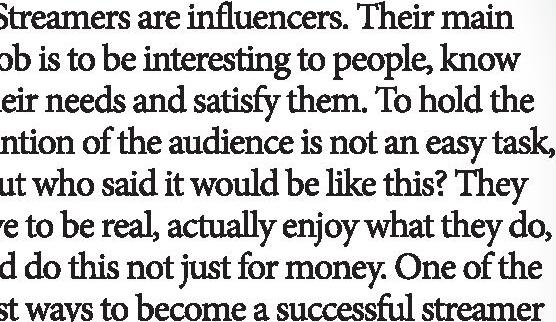
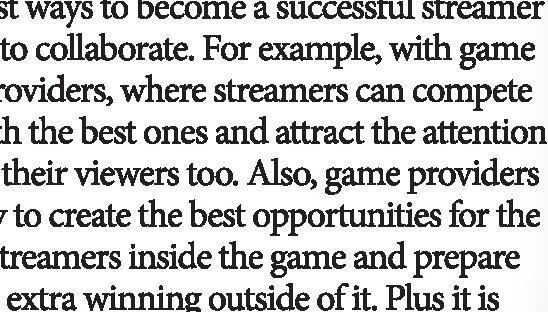


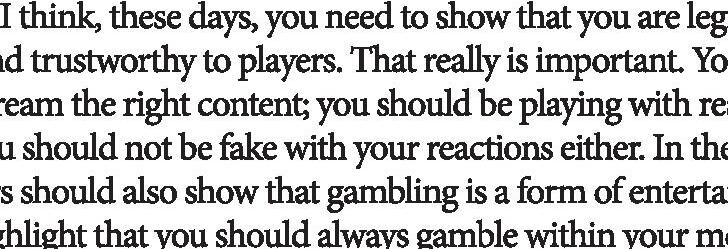


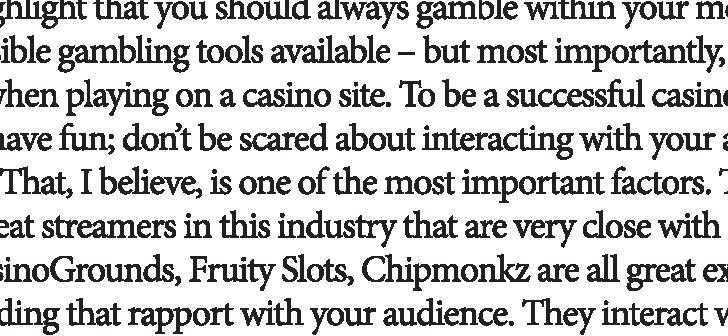








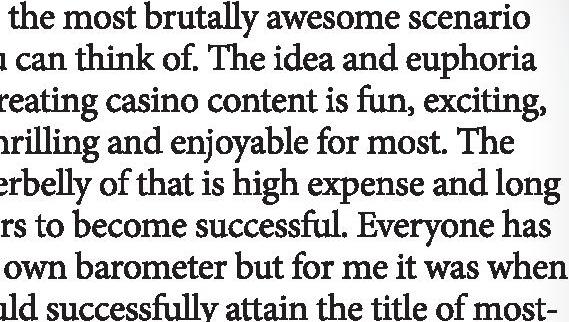
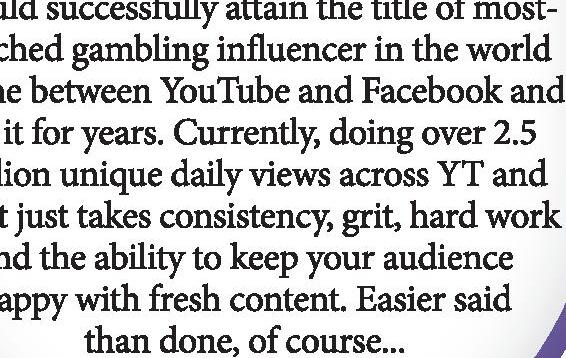







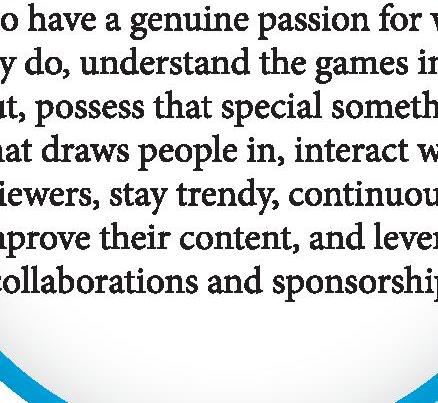

















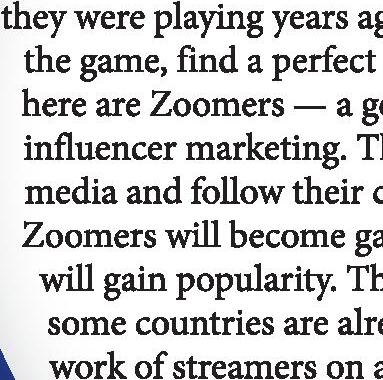

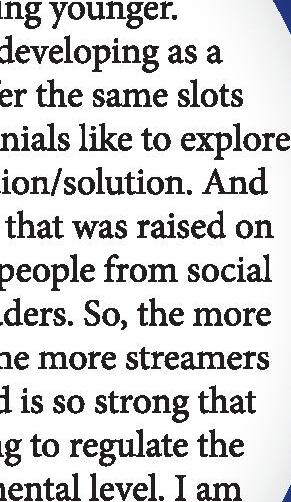
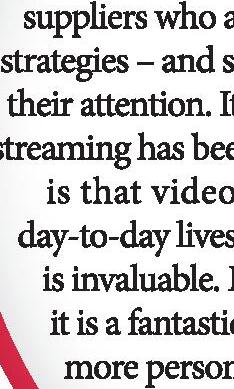






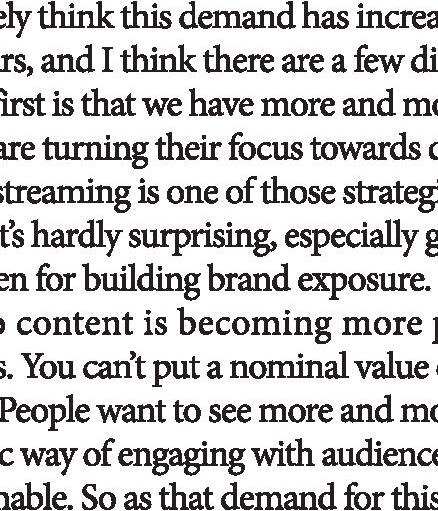
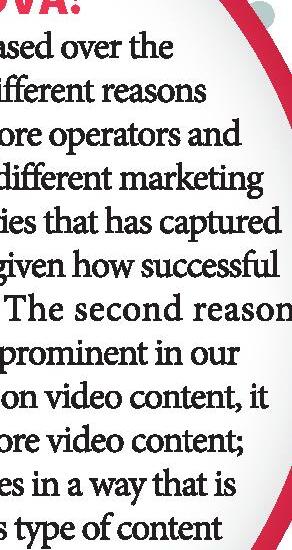













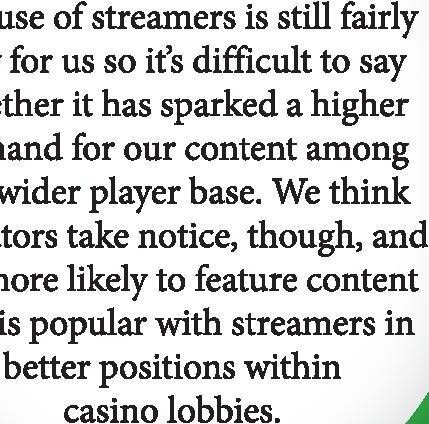

HAS THERE BEEN AN INCREASE IN THE DEMAND FOR CASINO STREAMERS CONTENT IN CURRENT TRENDS?










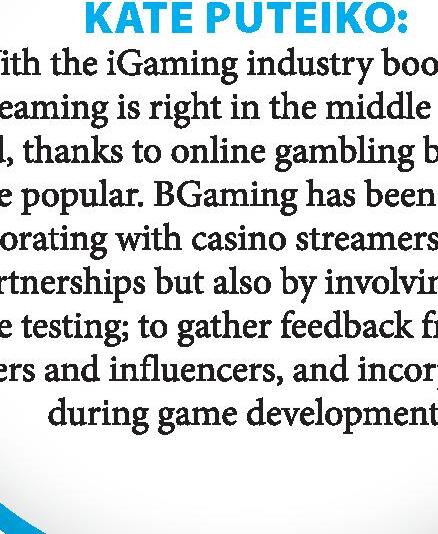


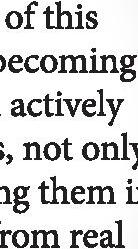



















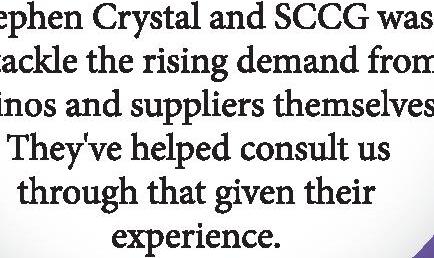



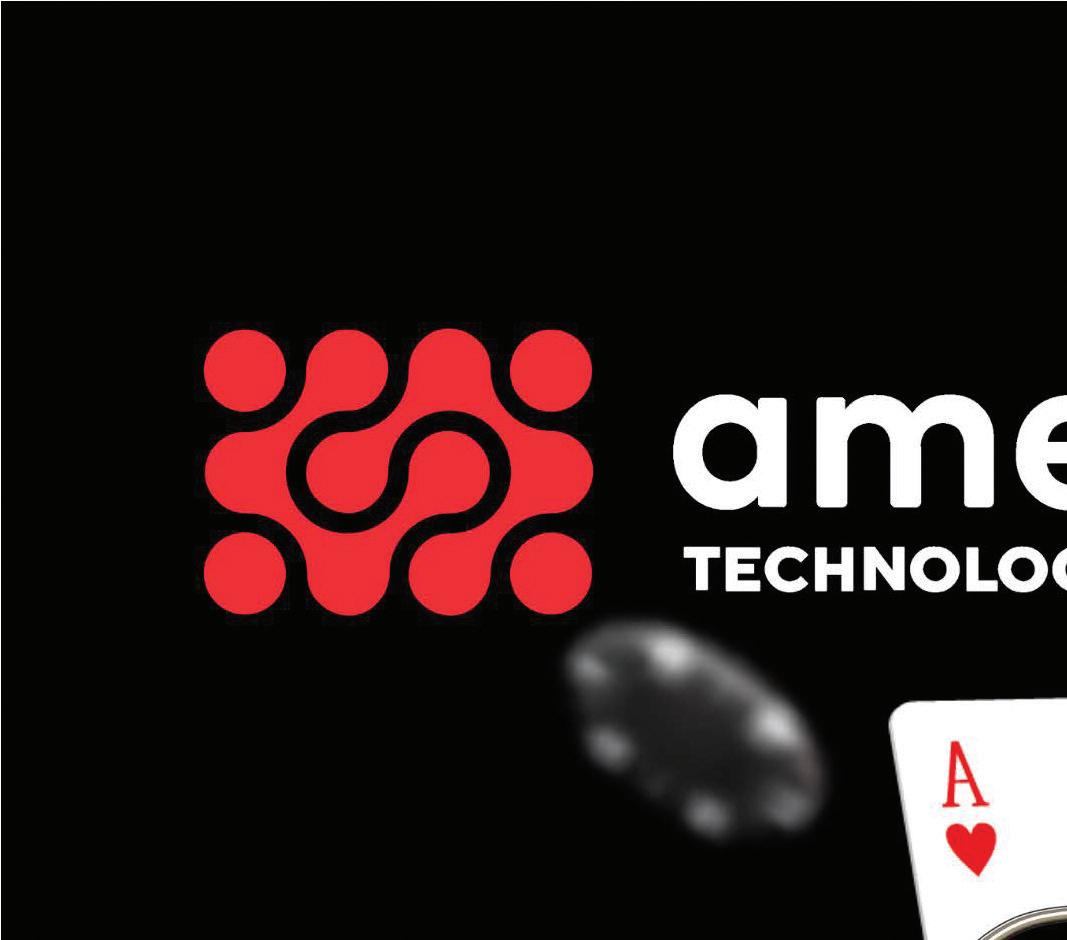
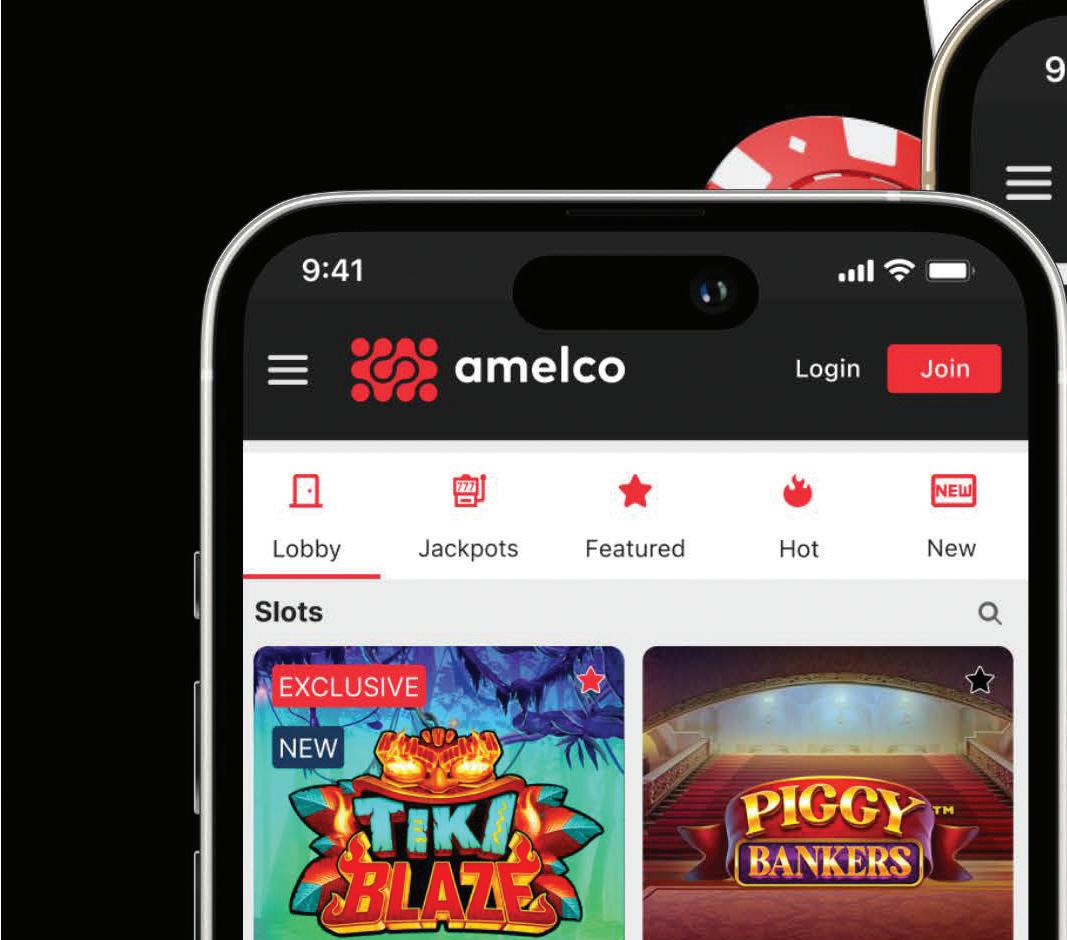
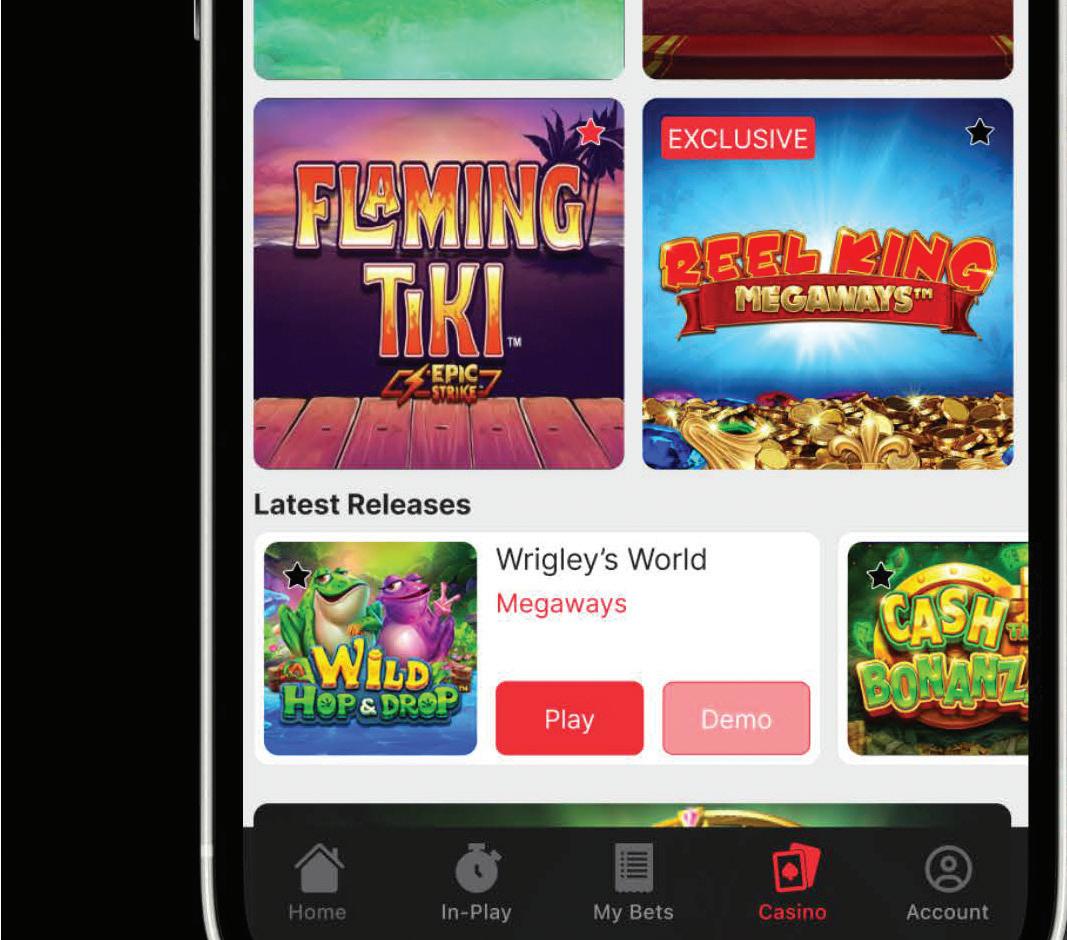

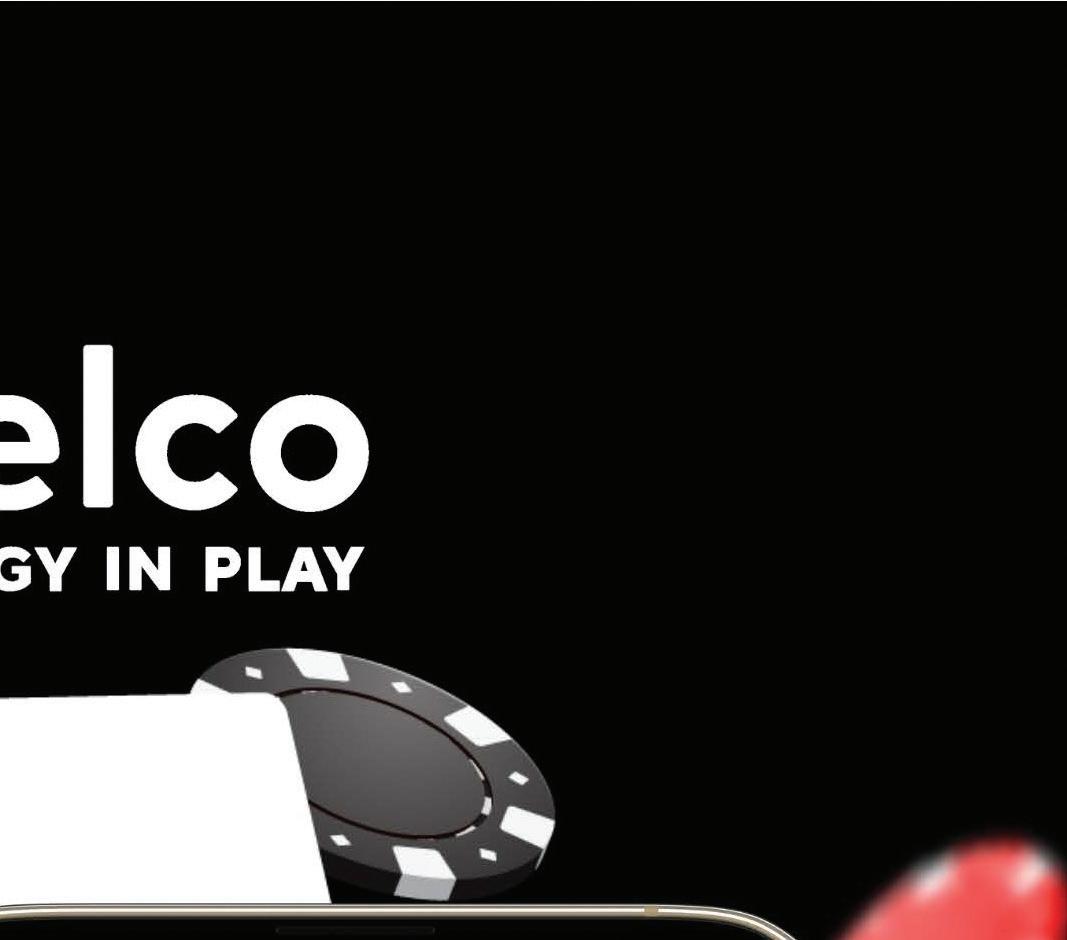
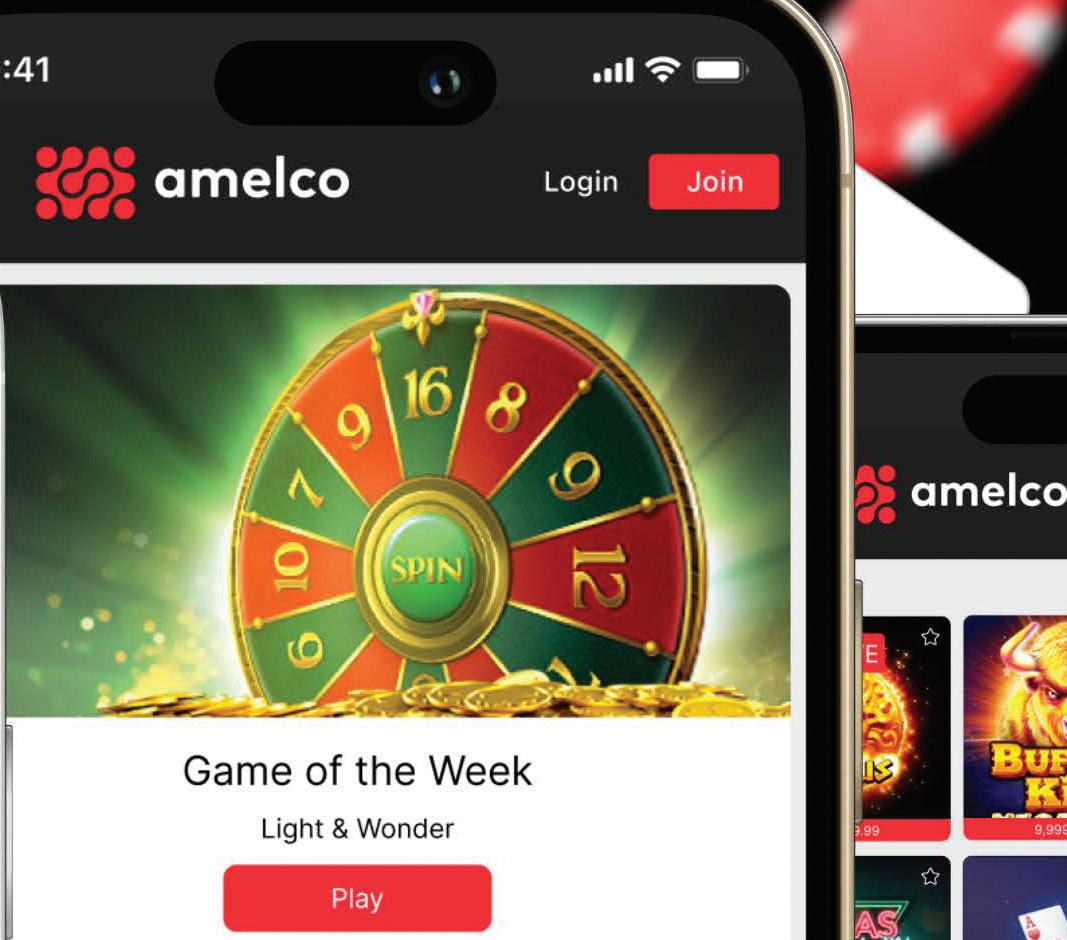
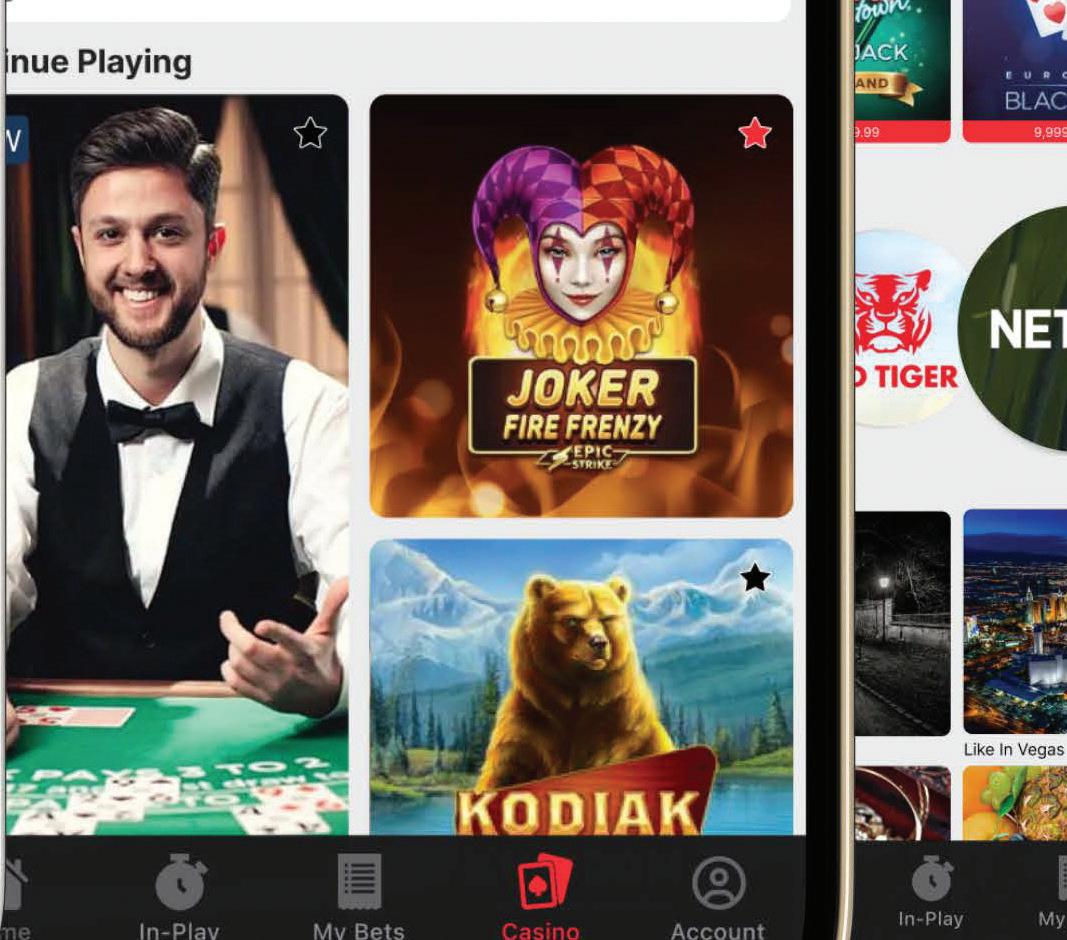


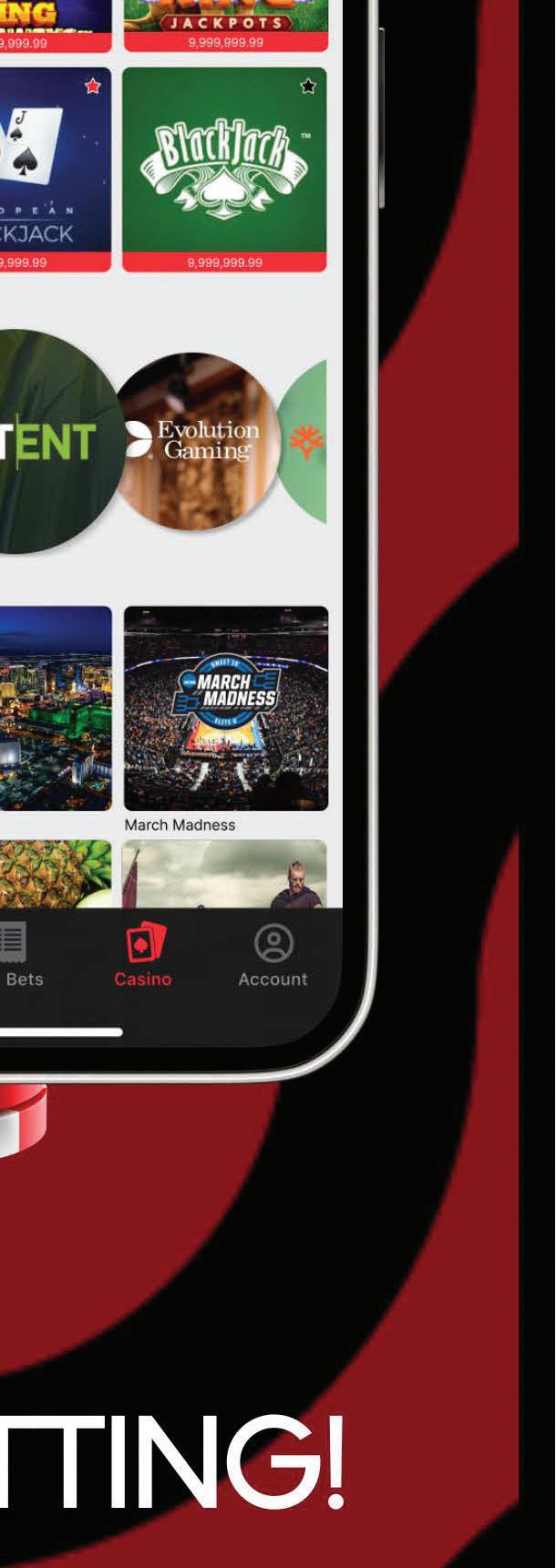












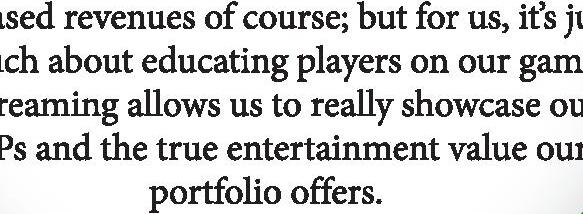




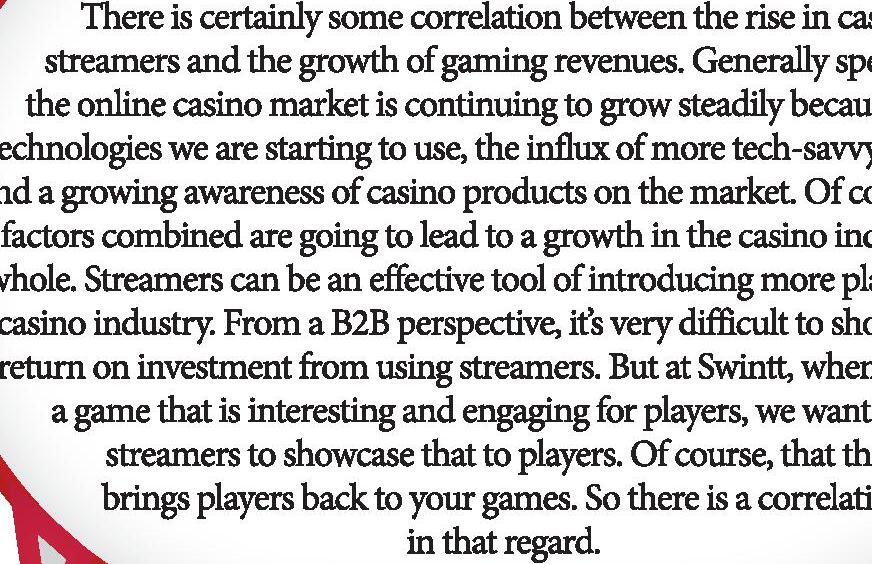
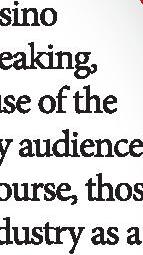














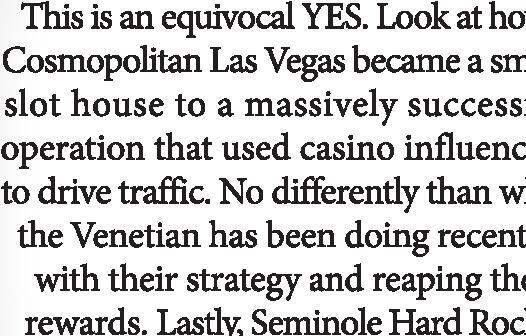














HAS THE RISE OF CASINO STREAMERS CONTRIBUTED TO AN OVERALL GROWTH OF GAMING REVENUE IN RECENT YEARS?

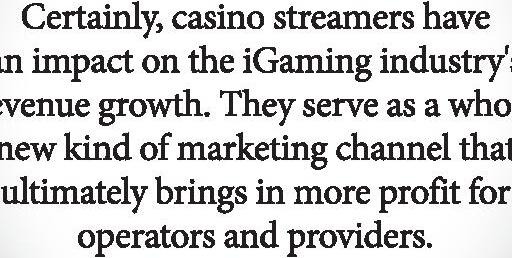



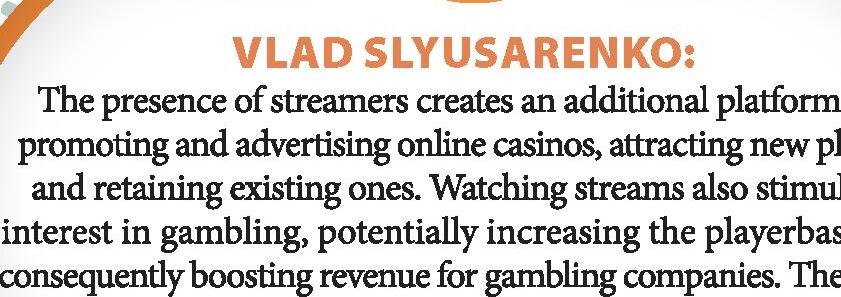












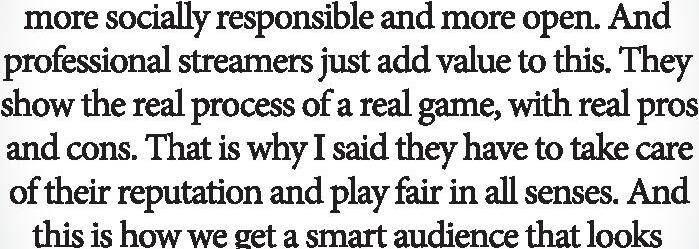


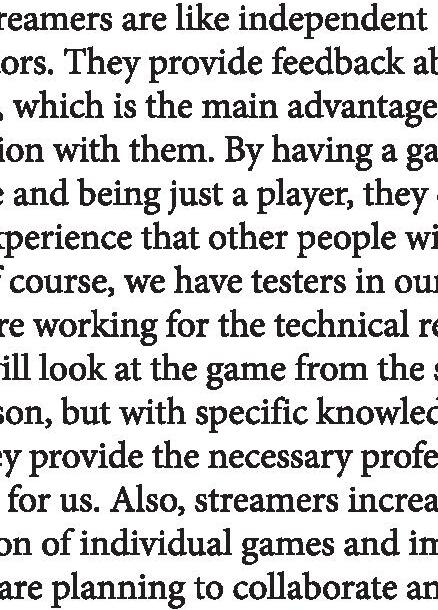



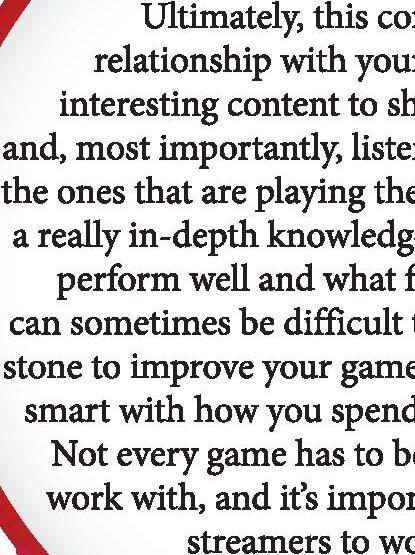

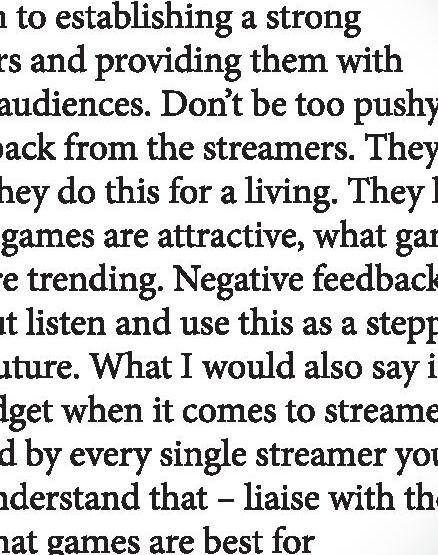






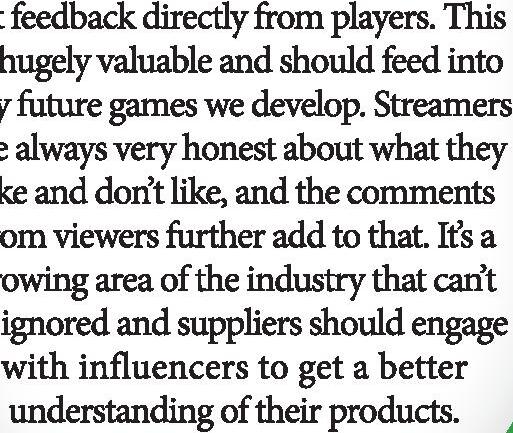

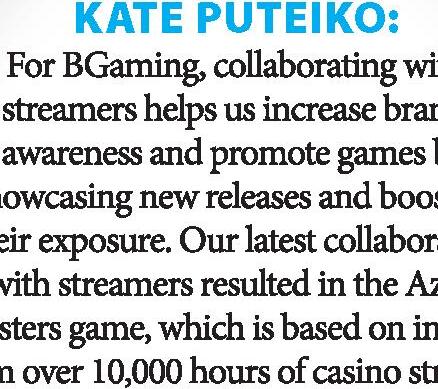







HOW CAN CASINO SUPPLIERS USE CASINO STREAMERS TO ELEVATE THEIR OFFERINGS?


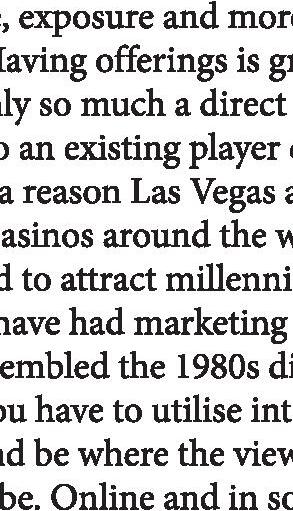







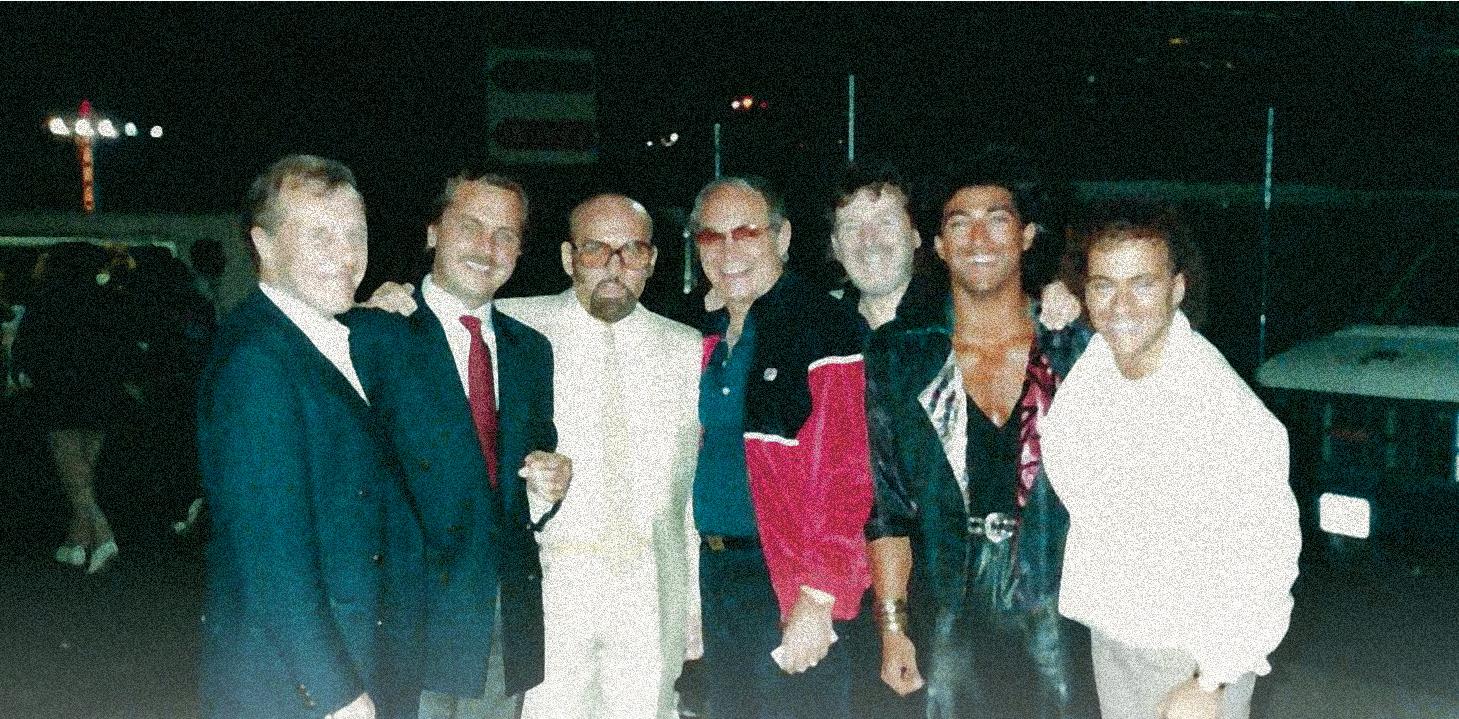


In the last 60 years alone, the land-based market for gambling in London has changed rapidly. In 'A Gamblers Tale' by Stevie Thomas, readers are led through the 1960s all the way to the 2000s
In a city as old as London, 60 years is hardly a dent. Yet, in the world of gambling, 60 years has rapidly altered the landscape of the market. Historic venues like Crockfords have shut their doors for good, while online betting companies like bet365 are earning billions annually. In 'A Gamblers Tale,' Stevie Thomas tells his experiences of the gambling industry from the 1960s to the 2000s, recounting the betting shops and casinos opened by his father to his experiences in Las Vegas and Hong Kong, to the many historic gambling venues across the UK capital. It offers a window into how the market once was, putting the changes of The Old Smoke into sharp perspective. Releasing posthumously,
Gambling Insider Staff Writer Beth Turner spoke with Stevie’s son, Max Thomas, about the release of the book and the light it shines on London’s gambling scene today.
Can you to introduce yourself, who you are and what we’re talking about today?
My name is Max Thomas. I am Stevie Thomas’ oldest son. My dad started writing a book when he was 39. Two years later, the book still wasn’t completed. He then met somebody who created a manuscript for him. Unfortunately, my dad passed away in 2019 and my mum, myself and my youngest brother made it our mission to make this into a ‘proper book.’
"Anybody who’s grown up around London will know the places that are talked about, and especially the London historians will know some of the older casinos and where the games took place"

When my dad first started writing it, he was recording it into a Dictaphone and that was being typed up. The tone is colloquial, London Cockney, and we wanted to keep that. It details the story of his father, who was originally Greek Cypriot, who came over on a boat from Cyprus, opened up a casino then betting shops and finally got involved in property. It is set against the backdrop of the whole world, really. There’s London, Kent, the gambling capital of Las Vegas, Los Angeles and Hong Kong. Basically, anything you think you could gamble on... my dad has a story about it.
Anybody who’s grown up around London will know the places that are talked about, and especially the London historians will know some of the older casinos and where the games took place.
The book feels like verbal storytelling. You can tell it’s been dictated. Why keep it as long-form text, as opposed to breaking it up into chapters? Why keep it in that formatt, as opposed to fine-tuning it?
I actually don’t think it’s something we originally thought about. If you knew my dad, he was this larger-than-life character who lit up a room and

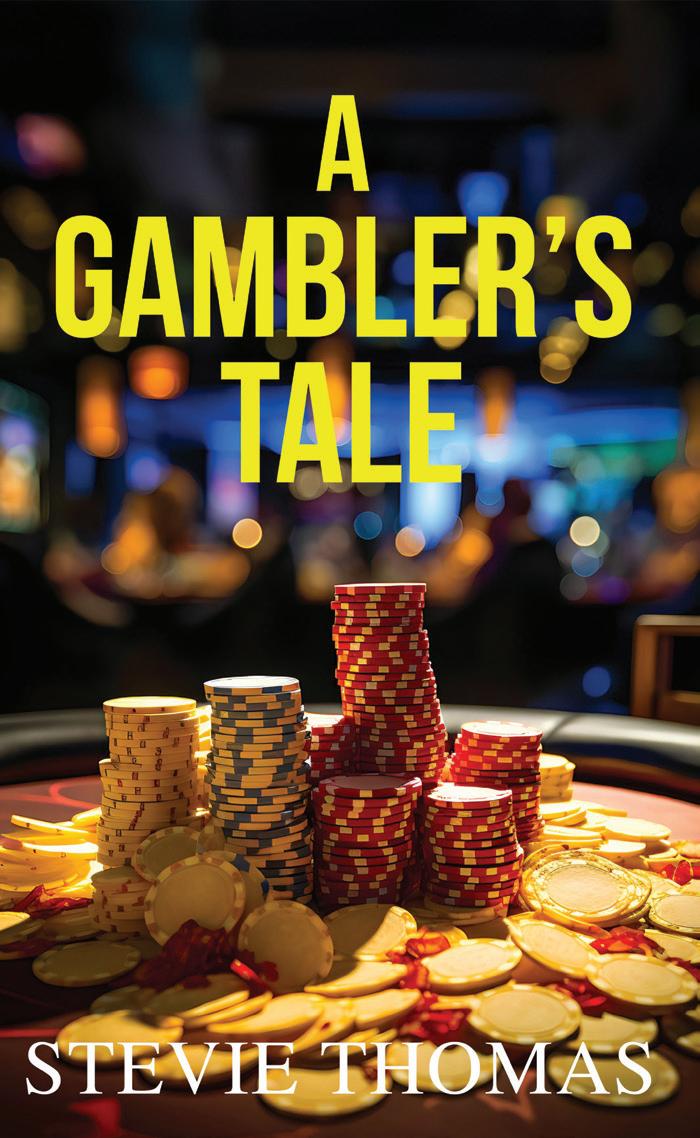
had so much energy. He had so much energy, Beth, that people would think he was on drugs!
I think that’s why you can’t put the book into chapters because the only measure in the book is chronological. It will go from 1983 to the summer of 1984 and the only real measure is time.
What I think is quite good about how it was kept is that it’s reflective of the pace and the energy of my dad... If anybody who reads the book knows my dad, I want them to read it and be able to hear his voice.
Your dad tells a lot of stories throughout this book. He talks about your grandad, as well. Are there any stories your dad told you that didn’t make it into the book?
As I’ve got older, the biggest thing I’ve taken from [the book] was how normal my dad seems to make these massive amounts of money. Like ridiculous, obscene amounts of money. I’m just like – what? For example, he made up 20 grand on one roulette spin. That was £20,000 ($25,371) in the 1980s; £20,000 is a lot of money now, but £20,000 in the '80s is crazy. I think, as I got older, the stories are more shocking to me.
There are a few stories that weren’t put in. I think maybe because there were people that didn’t want to be in it. Also, I think the book’s quite jovial and it wasn’t always like that. There was a time when my dad had a couple of really hard years; but as a family, we didn’t know it. But that is the truth of gambling, isn’t it? I think we talk about gambling in a very positive light because it gave us the life we live today originally from my grandfather... but there is a downside to it, which isn’t talked about in the book.
"He made up 20 grand on one roulette spin. That was £20,000 ($25,371) in the eighties. £20,000 is a lot of money now, but £20,000 in the eighties is crazy"
What’s something in the book that was normal in the past, but perhaps less so now? One thing I’ve taken from the book is there seemed to be a real amount of honour and camaraderie between these gamblers... It’s like for everybody who sat down at the table, there was a friendship element to it. There was obviously a buzz because they all loved doing that. But, there was this truth and honour between them. From the tone of the book, London seemed to be a lot safer and fun in those times... it was a very affluent time for the people in those circles.
Crockfords shut down recently. Do you think the closing of that venue reflects a change in the gambling industry in London? We are in a time when we’ve got venues closing down, but we’ve got adverts on TV for gambling and everything now is about comfort, it’s about speed and having everything on the tip of your fingers on your phone. Back in the day, you had to go to the casino to bet, you had to go to the betting shop. Now just sitting indoors, you think oh, I fancy playing a bit of roulette? Just get my phone out. There isn’t that drive or desire to go out.
What do you think the culture of gambling in London now is and how do you think the internet has shifted that culture? I think now it has become a young person’s game. Gambling has never been one of my vices. I’ve had a little on the Grand National, and it was usually with my dad. That was it. But now I’ve got friends that are placing accumulators on the football every week and it’s a lot more accessible for a wide variety of people, especially with smaller betting stakes; you can put 50p or £1 on stuff, and I think to go to the casino back then, you had to have a lot more money around you.
Land-based London casinos are still generating large revenues. What do you think these casinos are doing to keep people coming when technology makes gambling so accessible?
I haven’t been in a London casino for a couple of years. I think the last one I went to was the Hippodrome in Leicester Square. But, if you go to the Hippodrome now, it’s not very gambling focused. There are bars on all of the floors.
There’s music. There’s a DJ. They’ve attached a theatre where they were doing Magic Mike... and due to licensing, it’s staying open later. So it’s kind of becoming a: “We’ve been out. The pubs are shutting at one o’clock. Where should we go now? Casino.” People are ending up in the casino and their primary drive wasn’t to go to the casino – their primary drive is, well, we can continue drinking there.
What are your hopes with the publication of your dad’s work?
I think the ultimate outcome, what we would love, is for friends and family to read the book and, like I said in the beginning, hear my dad’s tone because it means we’ve done our job... But, to just read it and think “Wow, what a crazy life this family has had.” To live through some of the memories and think, is this even real? If you don’t know my dad, enjoy some of the crazy gambling stories. It’s four/five decades of industry in a place like London, which is changing constantly. It’s really exciting stuff.
A Gambler's Tale by Stevie Thomas is currently available via Amazon
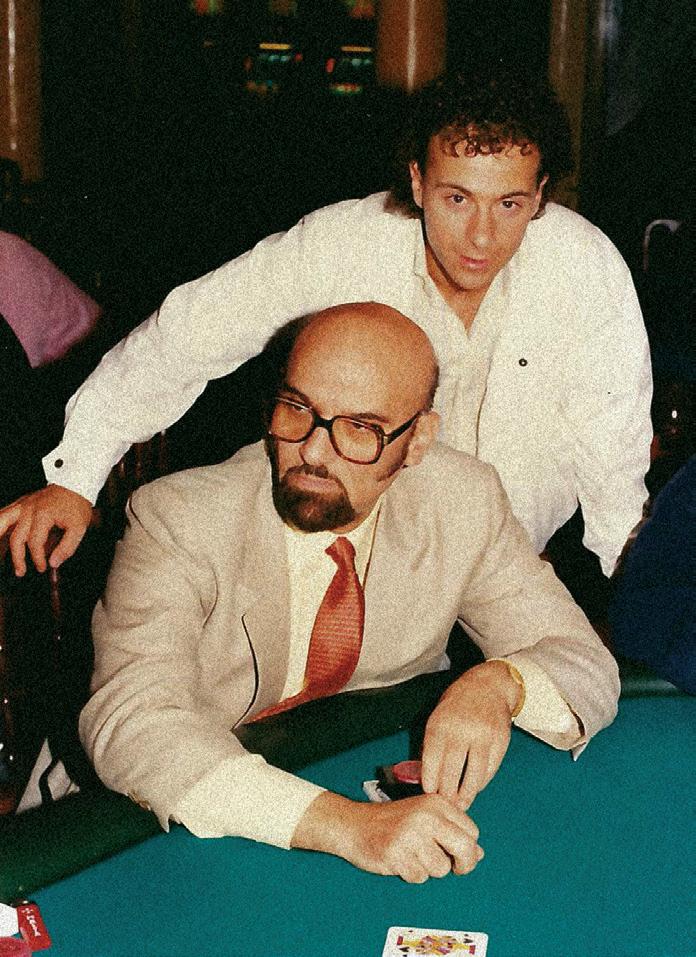
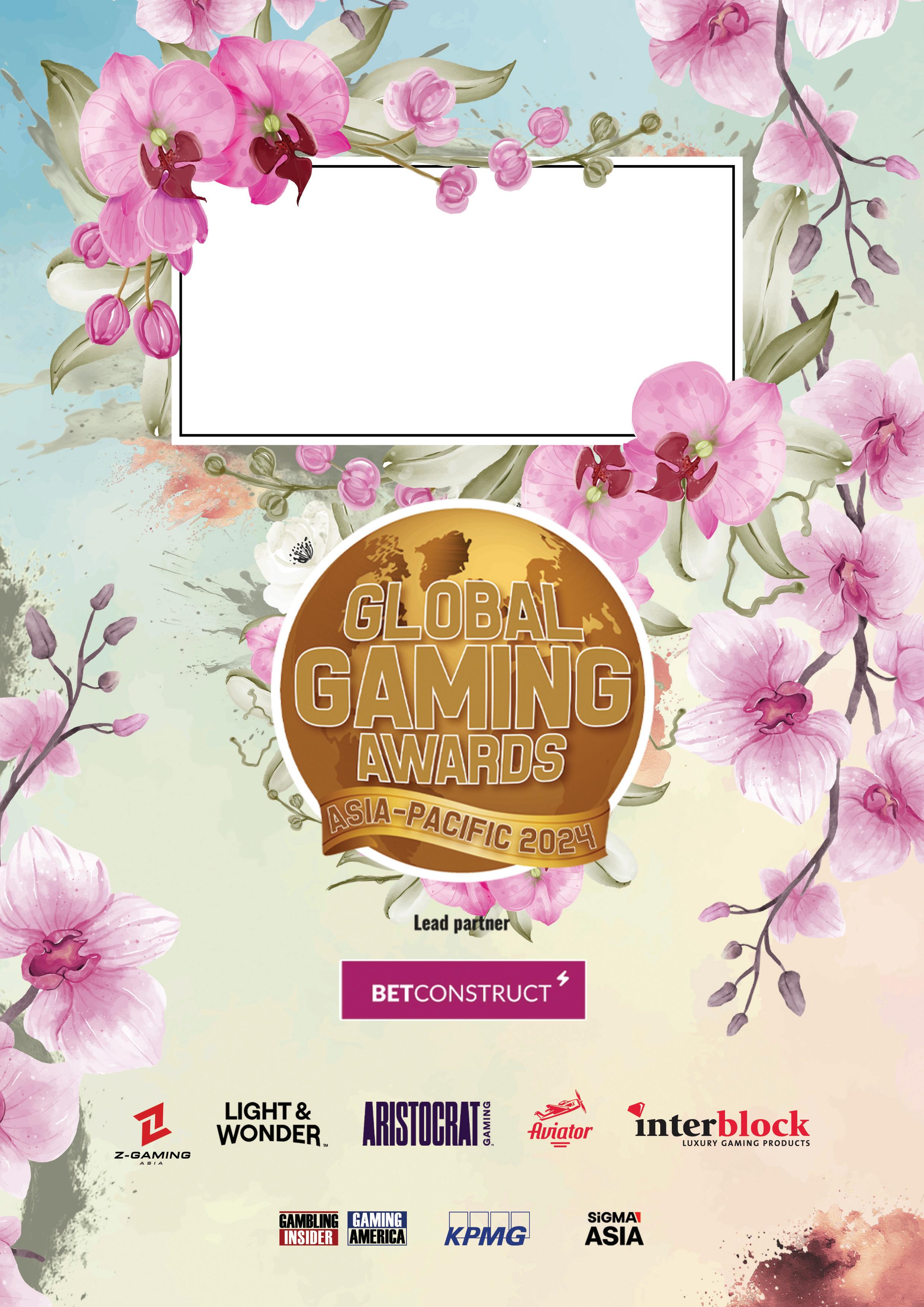


Following in the footsteps of The Ritz and The Clermont, we dive into the history of Crockfords Casino and try to gure out where it went wrong
Not all periods of transformation materialise into a new beginning. Sometimes, the end of an era is just that. The croupiers call out ‘No more bets please’ one last time and the ball rolls around the roulette wheel for one final bet; the doors to the casino close and no other doors, metaphorical nor physical, open in their wake. This is what happened at Crockfords in London, arguably the oldest casino in Britain, that has seen countless customers come and go over the generations. The Mayfair venue was first opened in 1828 by William Crockford, a working-class fishmonger who went on to establish a gambling hall for the elites.
When a modern iteration of Crockfords was opened in Westminster in 1934, it prided itself on being one of the biggest venues for chemin de fer, a particular variant of baccarat. By the time it had moved to what is now its final resting place on Curzon Street in 1983, it had been operating in one way or another for over 150 years and had built a solid reputation for itself. Despite being a relatively small location, the casino found itself making headlines several times over the years. In September 1999, it was rumoured that Kerry Packer lost around £11m ($14m) in one night, which broke the previous record held by Frank Saracakis, who lost £8m while also at Crockfords.
The news stories don’t stop there, though. Most famously, or perhaps infamously, the casino would be at the heart of a scandal in 2012 when it refused to pay out Phil Ivey while he played there. According to the casino, Ivey had won a £7.7m
punto banco baccarat hand, but only by edge sorting – a way of recognising cards while they remain face-down. While this itself is not illegal and does not involve dishonesty, the casino ruled that it was still classed as cheating ‘under civil law.’ This case would end up being taken to the UK Supreme Court, which would rule that, while Ivey’s acts did not contradict anything in the Gambling Act of 2005 regarding cheating, his actions were still found to be ‘dishonest in a civil context.’ The courts ruled in favour of Crockfords and Ivey never receive his winnings.
So what happened to Crockfords, and why did it shut down? It clearly had clientele who were playing heavily each hand, if the snippets of news reports are anything to go by. Was it crushed by the rise of online casino, or was there something else going on?
Of course, it’s difficult to say for certain, but there were warning signs all along. First of all, Crockfords worked hard to maintain its timeless, classy demeanour. It upheld a membership fee and the interior was always maintained to the highest of standards. That being said, perhaps there simply isn’t room in the world for these small establishments anymore. A little like subscription models on the internet.
Crockfords operated a handful of gaming tables, including some variants that are difficult to find elsewhere in London. However, as part of the ‘old school’ image, the casino was completely absent of slot
"For those frequent visitors, what else is there to do at the venue if you’re not feeling like playing on the tables? Well… Unfortunately, it seems like not much"

machines or any form of sports betting. Sure, it’s understandable. It can be difficult to uphold a refined atmosphere with the sound of slot machines whirring in the background, not to mention those flashing lights. But was there not a side room where they could’ve been squirrelled away for customers who wanted to play? It would’ve brought in another avenue of income for the casino, especially for those who visited often.
So, for those frequent visitors, what else is there to do at the venue if you’re not feeling like playing on the tables? Well… Unfortunately, it seems like not much. There were no other real attractions to the venue, other than the bar and restaurant. For visitors who weren’t local, there wasn’t even the opportunity to stay in accommodation at Crockfords. It existed purely as a venue to play a handful of table games.
But what about its loyal customers? The casino catered towards the rich and famous, with many of the tables’ lower limits set at £100. This is all well and good if your clientele visit each night. However, when your players have that much money and can afford to travel wherever they like to gamble, suddenly you’re not just competing with that neighbourhood, but the whole of London. Before you know it, you’re in competition with casinos – and, naturally, other forms of entertainment – all over the world.
Casinos are a place for gambling, yes, but for many they’re also a place for socialising. Unless your entire group is happy with precisely what Crockfords is offering, it’s likely they’ll go somewhere else and, as with the nature of gambling itself, where the fish go, the sharks will follow. So is it any surprise to see that even the most loyal of customers would want to experience something new? The timeless vibe that Crockfords aspired to can only work if it’s truly undefeatable, which of course, we’ve seen time and time again with venues like the Bellagio in Las Vegas. But was Crockfords truly timeless, or was it simply hoping that it could last as long as it could on the business model it was sustaining?





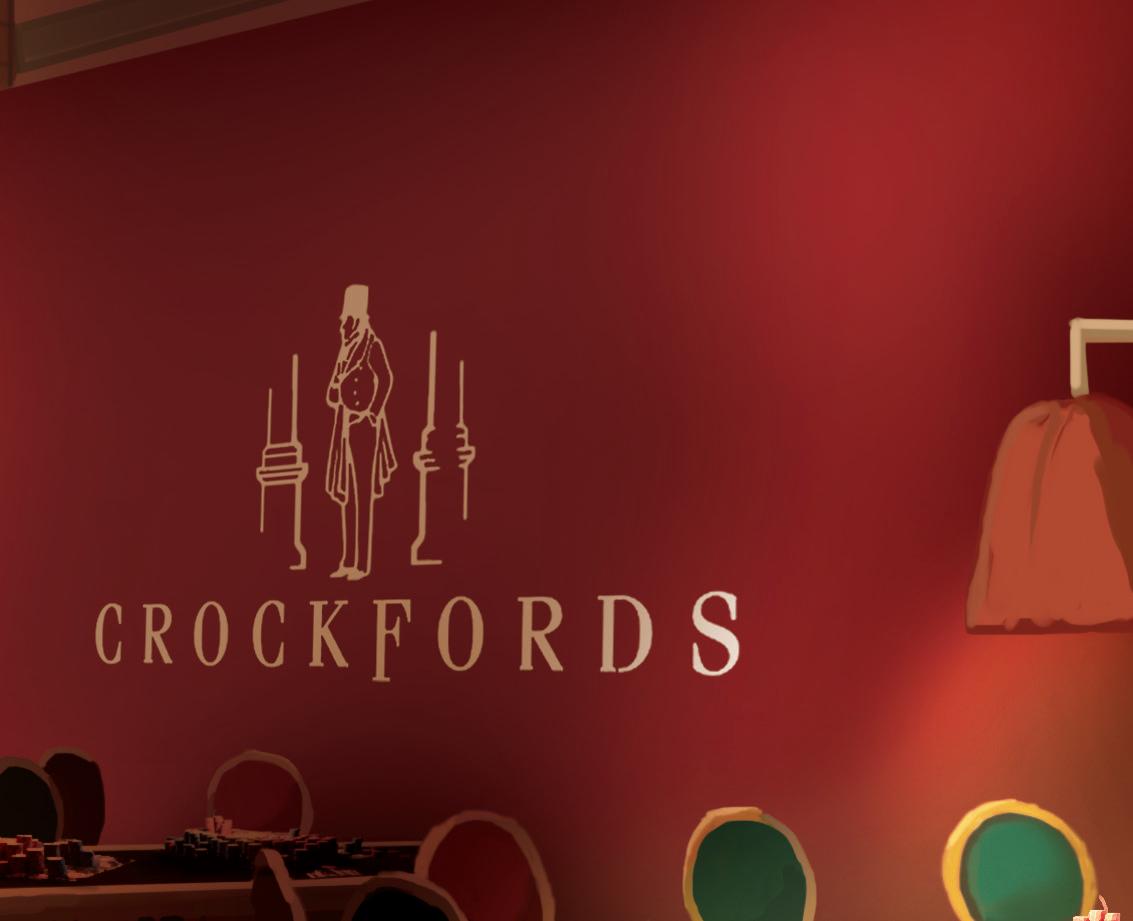






Finland’s gaming market is in the process of overhauling its long-established monopoly system, headed by government-owned Veikkaus, for a licensing system. With these changes now in motion and a draft of the new law expected in the summer, what can the market and those set to enter it expect? Gambling Insider spoke with Finnish Consulting Group Partner Jari Vähänen , Partner and Legal Advisor at Legal Gaming Attorneys at Law Antti Koivula and Finnplay Managing Director Jaakko Soininen to nd out more...
What is unique about Finland’s current gaming market from a cultural and historical point of view?
Antti Koivula: From the 1980s, for longer than I have lived, Finns have been taught local gambling company slogans, slogans which have been really effectively used to normalise gambling

























in Finland. If the losing money goes to public health or what else, it’s not a big deal. Gambling is also present everywhere in Finnish society. For example, you can find gambling terminals in any open space, next to cashiers in basically all grocery stores, petrol stations, restaurants and even in hospitals and elderly home cafeterias.
Jari Vähänen: What is special here is that, according to the National Institutes of Health (NIH), 80% of adults in Finland have done some gambling, which includes lottery, sports, horse betting and casino games. As far as I know, that’s higher than anywhere else. They belong to normal life here. Then, if we estimate the gambling expenditure per capita, we have been among the top three/five.
The Pre-exploration Project was a paper by the Finnish from 2023 that assessed Finland’s gaming market and what it should look like going forward. Could you give us a brief summary of it, and the impact the results had on the gambling system Finland has chosen to move towards?
Jaako Soininen: I think the paper outlined three options and said, okay, you need to
go with one or two. It says continuing with the current system is not feasible. Then they outlined that there is an option to go with the monopoly model and stricter control, or move towards licensed markets. I would say the paper handled both options in a neutral way. However, they spend a lot more paper space on the licensing model and how it would affect everything. I can read between the lines that they were recommending the licensing model (of course, nothing official there).
Then the report went through different markets in quite a lot of detail, and found out different rules and regulations from those. Basically, doing a background study for the current Government on what the options are for moving forward if you want to have a licensing model.
Was there a single event that caused Finland to shift from a monopoly to a licence system and, if not, what were the contributing factors?
JV: Before the merger of operators, the total GGR level in Finland was about €2bn ($2.17bn) and Veikkaus’ GGR was €1.8bn,

“I would say the Finnish system will resemble the Swedish and Danish and Dutch system to a certain extent. But there will be other characteristics... It’s not going to be a copy-paste” - Antti Koivula
so they had 90% market share, according to official numbers and estimations from the Finnish Competition and Consumer Authority (FCCA). The FCCA has now analysed the market and the total size is something like €1.6bn-€1.7bn and because GGR has been down to €1bn, they now have something like 65% anymore...
In August 2022 my former colleague, the Veikkaus CEO, announced that Veikkaus is not willing to continue as a monopoly operator anymore in some areas. He meant their sports betting and online casino because, in those areas currently, Veikkaus has, in sports betting, something like 10% despite the monopoly and, in casino, I would say 30% market share. So when they face lots of restrictions from the regulator, but the regulator has no tools to act against other operators... It’s not fair competition for them.
JS: I think the world changed around us and we needed to adapt. You cannot pinpoint one thing and say this is the reason we changed away from the monopoly system. Veikkaus themselves came out and said' okay, channelisation is in danger of dropping below 50%.' So, the monopoly starts to be questioned and I think that is the main reason. Of course, you can speak for hours





Antti Koivula



on the reasons... I don’t believe a monopoly is an answer in modern European society.
With Finland’s strict privacy laws, what will operators entering Finland need to know regarding Know-Your-Customer policy and data collection?
JV: There is a system of banks and I have to give my bank details. Then, the bank system will take that from authorities to register that it’s really me and the bank account is really my bank account, and I’m able to use it when using a betting account... There is a €2,000 limit. So if I spend more than €2,000, they have to check where the money is coming from. It’s not enough that it’s coming from my account, but where I have got it. And if I win €2,000 or more, for some reason, still they have to check again if that is really my account.
Many operators have never faced anything like that and I’m sure, although we don’t know precisely what kind of legislation we will have, we will continue with the same regulations we have now. It would definitely be a case of a lot of adjusting to that market, I think, for the operators coming offshore.
JS: One thing that is really not familiar in Finland is taking a photo of your passport, taking a photo of your driver’s licence or anything like that. I’ve never done it in Finland in the years I have used online systems. I know that it’s rather normal in other European countries but the big thing here is that the systems need to rely on customers taking photos of your household invoices or passports... Even though the laws are strict, we are used to services, no matter what the sector is, where you have really quick and handy online solutions; and you really don’t need to provide other data yourself.
Finland has been described as ‘following Sweden’ in terms of industry. Do you think Finland’s gambling industry will be able to replicate Sweden’s or do you feel like it will be different?
being said, Finland has closely benchmarked the Swedish system along with some other foreign gambling systems, for example the Danish and Dutch systems... On the other hand, several negative aspects have also been identified from the benchmark system and those will not be included in the Finnish system. So I would say the Finnish system will resemble the Swedish, Danish and Dutch systems to a certain extent. But there will be other characteristics and other choices made in the legislation. It’s not going to be a copy-paste.
When is Finland’s licensed market set to go live and how can operators planning to enter the market prepare themselves?
AK: According to the government programme from last June, it was stated that the reform would take place by 1 January 2026 at the latest. That’s the official schedule. Now, this aim is extremely ambitious, taking into consideration the magnitude of the reform. For example, there’s going to be a new regulator and they have to establish that from scratch. So that has to be done as well, in addition to several other things.
JS: In terms of what the operators should do, I think they should circle Junw 2024 in their diaries, because the first draft of the law should go into commenting around June this year. Of course, the law will not be in its final form, but it will be in such a form that you will need to start reading the law, and understanding the requirements from a technical and operations point of view. Your planning should be so that the law should be entering Parliament for final approval in more or less 12 month’s time from here. So you need to have your organisation readyby around the end of this year to make sure you are prepared to apply for a licence in what will most likely be the first half ofnext year.











AK: I want to be absolutely clear regarding this. Finland is not going to copy-paste the Swedish system. That’s really not the situation at all. That Jaakko Soininen



















In every issue, GamblingInsider commissions guest columns and interviews with people at the heart of the gaming industry – to discover more about the challenges its leaders, pioneers and innovators face. These contributors form The Insiders



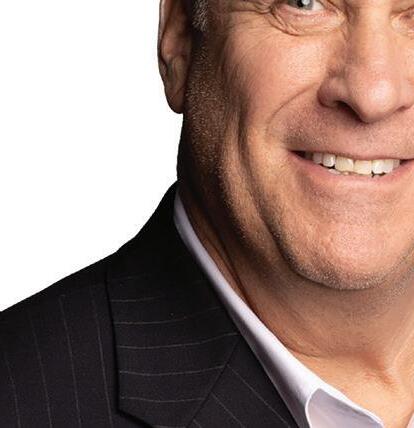





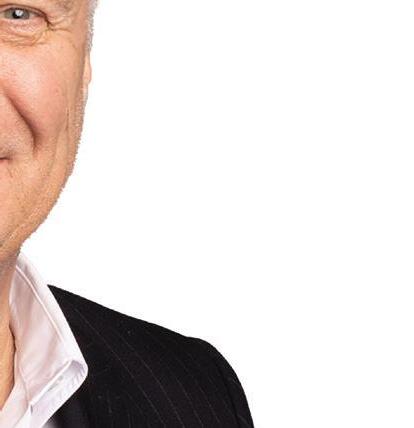









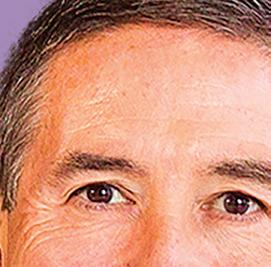



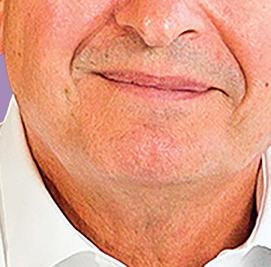
























































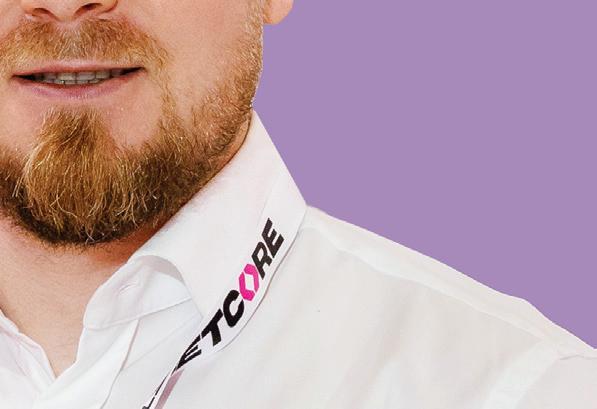






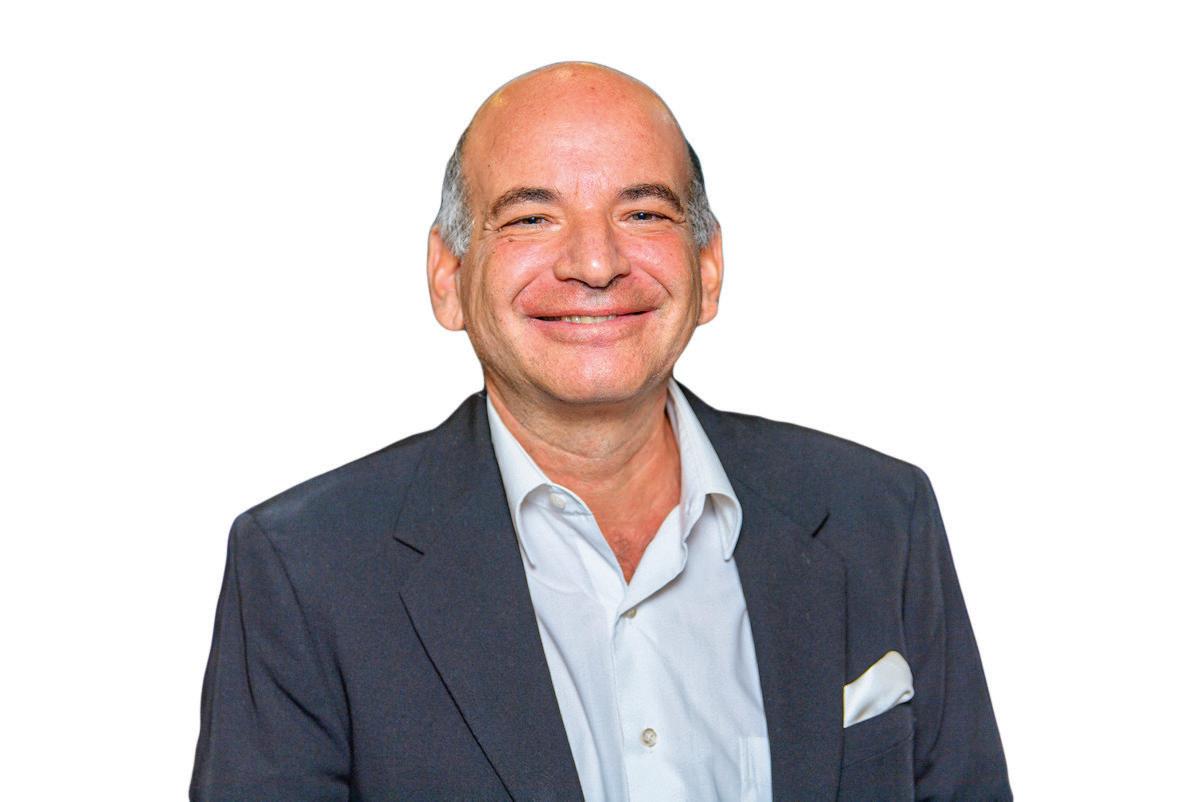
SVP of Innovation at Interblock, Jeff Kowalchuk, speaks to Gambling Insider about Interblock’s products and how they cater to a variety of different players










are having trouble finding labour these days, so they turn to an electronic solution and an ETG solution fills that gap. We’ve got a wide variety of offerings that can fill those gaps from stadiums to standalone units, to communal games like a MiniStar Roulette or something where six to eight people could play at one time. So absolutely, it’s helping operators to be able to fill the void and also helps to grow their business. For those operators that may not be struggling, it’s also helping to increase revenue in their casinos overall.


Which of Interblock’s electronic table games is most popular at the moment?
Our most popular segment at Interblock is probably our Universal Cabinets, along with our Stadiums and Pulse Arenas. So those different products cater to two different demographics. Our Universal Cabinets are going to be catering to the player who wants that individual experience, and then Stadiums and Pulse Arenas is going to be catered to that customer who's looking for a more communal experience, fun environment, something similar to that.
Do you think an industry-wide dip in table game revenue is benefiting electronic table games (ETGs)?
For those properties that are struggling with table game revenue, I would say absolutely yes, we’re filling a void. A lot of operators
How do Interblock’s games cater to both an experienced player and then your more first-time player? From an experienced player's perspective, we’ve got a variety of different products that customers would find. They’re going to see roulette on the floor as an automated roulette, and they will fall into that game just because they’re familiar with the game itself. From a Smart Pit perspective, it’s another product that we’re now introducing into Interblock’s line of games. Those games are actually in the pit, so you’ve got experienced table game players that are looking for games in the pits and now those players are actually finding the Interblock hybrid product, which is our Smart Pit, that now caters to the more experienced player. From a non-experienced first-time player, I think I mentioned the Universal Cabinets earlier, it’s a game you can walk up to and is very unintimidating; you can go play by yourself, make mistakes, do whatever you want, nobody’s really going to care because you’re playing in your own environment and you’re not affecting anybody else, so first-time players enjoy that experience.
How key is the tribal gaming market to Interblock?
I think the tribal gaming market is as key as any other casino in the world; there are a
number of tribes out there that are looking for a variety of different solutions. Some of them may be handcuffed by regulations as to what they can do and what they can’t do. Interblock offers a wide variety of products to be able to fill those gaps. So tribal gaming a lot of times turns to Interblock because they don’t have any other solutions; they may not be able to offer live card games, live craps games or live roulette and we’ve got solutions to be able to help their casinos. Whether they are fully automated or not, there are solutions that are going to benefit those tribes.
In terms of the casino floor, what further innovations do you see taking place?
One of our key innovations right now is our Smart Pit. We are introducing a lot of AI into our Smart Pits. For example, we’ve got a hybrid live dealer assisting craps game right now. We’ve got the dealer manually entering in the result of the dice after each roll, so what we will have in the very near future is camera technology, AI technology, that will actually detect the roll of the dice and automatically record what the result is. This eliminates any manual entry that the dealer may mistakenly do and now it puts it as 100% reliability with dice detection, and it also eliminates the possibility of any collusion that might happen with the dealer.
What do the next few months hold for Interblock?
We’re growing rapidly. We’re getting into every segment of the business; I mentioned our Smart Pits earlier, we’re now starting to bring automation into live pits, so by trying to help table game operators be more profitable, we’re penetrating that area of the business. Eventually we’re going to be going online with our products. So we’re looking to expand in every facet of the business.
Gambling Insider speaks to Zitro’s International President, Sebastian Salat, about the supplier's latest developments, international expansion and how it is helping operators differentiate
How do you ensure Zitro’s land-based offerings stand out?
Our main goal is to enhance the gaming experience for players through stunning and immersive visuals – be it graphical presentations and animations of our machines, multimedia components or sound. To ensure our games are not only entertaining but also adequate to the players’ demographics of the markets we target, we employ a rigorous testing process. We have the unique advantage of being able to test our games on some machines of the 30,000 units actively in revenue share. This real-world testing allows us to gather valuable data and insights into player behaviour and preferences.
Moreover, our commitment extends to collaboration with operators in each market we operate in. We believe localisation is key to success and, therefore, work closely with operators to ‘fine-tune’ our products according to the specific preferences and nuances of the player base in each region.
Which markets are most important to Zitro?
In the present scenario, Zitro holds a prominent position as a leader in Spain and every country in Latin America. Despite this, our focus is not limited to these regions alone. We are actively pursuing growth opportunities in Europe, Asia, the USA and Canada.
However, our growth is not only based on entering new countries or jurisdictions; it is also based on developing new business verticals within the jurisdictions where we are already present. For instance, we have recently launched a new product line based on our WAP games, and are planning to roll them out into existing and new jurisdictions soon. Additionally, we are eagerly anticipating the potential opening of the Brazilian market, an opportunity for which Zitro is exceptionally well-prepared.
Zitro has partnered with a number of operators and casinos worldwide in the last few months, but which have been the standouts?
In the last few months, Zitro has strengthened its position in Europe, Latin America, the US and Asia, through strategic
partnerships with various operators and casinos. The successful debut of our latest proven performers, ‘Fu Frog’ and ‘Fu Pots,’ in international markets, and the positive response from players, marks a significant milestone in our expansion plans. We take pride in every partnership we have and appreciate the casinos that have placed their trust in us by choosing to install our products, as they have played a vital role in our growth.
How does Zitro Digital help operators in their promotional efforts?
At Zitro Digital, our approach goes beyond game accessibility – we’re committed to actively assisting operators in their promotional efforts. Our account management team holds periodic meetings with clients, focusing on strategic positioning discussions and exploring promotional opportunities such as tournaments.
Can you talk to us about the launch of Zitro’s latest Wide Area Progressive (WAP) slot product line?
We recently launched Zitro’s WAP slot product line for Europe, following its success in Latin America. ‘Mighty Hammer Ultimate’ marks our first WAP game, setting the stage for a series of titles specifically designed for the Altius Glare cabinet. The games featured on Altius Glare, showcased recently in London, will soon be WAP-compatible, ensuring the commercial refreshment of any WAP product launch and emphasising our commitment to innovation. In line with our goal for 2024, which is a global deployment across all markets, our WAP product line allows operators to customise prize configurations and frequency of appearance, based on the number of casinos and machines connected.
What developments has Zitro been working on recently?
There are significant projects underway at the organisational level, such as the initiation and expansion of our Technology Campus in Bangalore. This strategic move is aimed












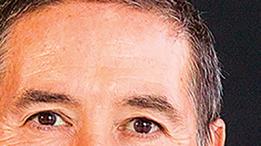















at increasing our product development bandwidth, ultimately enhancing our time to market and expanding our product development capacity.
A key focus for us is to secure licences in the highly influential US market, a critical step in expanding our reach to all jurisdictions. We’re actively pursuing the necessary licences to support our growth and establish a strong presence in this key market. Moreover, we’ve recently dispatched our first machines for installation in leading integrated resorts in the Philippines. This marks a significant milestone for us, as the Philippines is an important casino market where we are expanding our presence.
Finally, in terms of product offerings, we are expanding our line of Wide Area Progressive (WAP) games and anticipate announcing upcoming installations in international markets.
Pin-Up Global CEO Marina Ilina speaks to Gambling Insider about the role of business scaling within the ecosystem, Pin-Up.Investments and much more

Could you tell us about the markets
Pin-Up Global is currently operating in and which it is aiming for next?
We are now represented in seven countries: Cyprus, Ukraine, Poland, Armenia, Kazakhstan, Peru and India. In the latter, we opened an office at the end of last year. We also realise that this is not the limit and we will continue to increase our presence. Very soon we will have a new office in a new geo.
If we talk about operating in the markets, it is important to understand that the Pin-Up ecosystem is not a gambling operator per se, but a community of independent companies. These, in turn, provide the full life cycle of the entertainment product; each of them may have their own markets and goals (sometimes even competing with each other). Therefore, in the context of Pin-Up Global, we talk more about being present than operating, and we are always open to working with new partners (including licensed operators). The main thing is that our values and vision coincide. This is how the Pin-Up brand enters the markets of different countries.
What role does business scaling play in Pin-Up Global’s operations?
Pin-Up Global has no limits in scaling the ecosystem, and it is important to realise we are
striving not just to grow through the number of offices, but also to increase the line of our own developments. For example, last year we launched an anti-fraud tool. Now it works for internal clients, but we are considering the option of launching it on the external market as well. Our hallmark remains the rapid growth of our products and services without sacrificing quality, and maintaining this momentum remains a priority for me.
Can you tell us more about Pin-Up.Investments?
Within the Pin-Up Global ecosystem, members are the best professionals in the market, who have in-depth knowledge and experience both in the development of gambling products and in bringing such products to the markets where they operate. We want to share our expertise and continue to develop, so we decided to create a new business segment where our specialists can actively interact with promising projects and develop them.
We focus our investments on projects covering gambling, traffic, software development, artificial intelligence, customer service, advertising platforms and arbitrage teams. Our development strategy covers the full range of key segments related to the gambling industry.
I would like to point out that Pin-Up. Investments is not just about financial investment. The project, team, technology, product that will be selected can count on our resources and support in training, opportunities to really practice and hone skills on Pin-Up products and greatly accelerate the growth of their project. We will also help with strategic planning, expansion into new markets and possible integration into our ecosystem.
How does Pin-Up Global ensure it always has the best expertise within the business?
Pin-Up is a team of professionals that, as I said, has unique experience in the market, and a constant striving for development and excellence. Within the ecosystem, we create a quality product thanks to the high expertise and competence of the teams. To our clients, independent licensed gambling operators who
operate under the Pin-Up brand, we provide not only consulting services in the areas of business, market entry, marketing, legal, financial support and much more, but also the opportunity to use our own developments and platforms. We are also constantly adding participants from different markets to our team, which allows us not only to expand our expertise, but also to create more adaptive or universal products that fit the realities of the countries where we operate. One of our values is “be the first to lead.” That is, we are constantly moving forward and setting trends.
What other developments has Pin-Up Global been working on recently?
We plan to actively develop Artificial Intelligence and Machine Learning in-house within our ecosystem. We are planning projects related to AI and ML – from chatbots to custom User Experience. With these technologies, we will thoroughly explore patterns of user behaviour to personalise game offerings and create a better user experience. We are also in the process of developing our own B2B platform for even greater convenience for our partners – all Pin-Up corporate products and services will be featured on the platform. In addition, we are developing our own automatic system for detecting failures/bugs in games – Casino Healthchecker for prompt automatic response to incidents. This system will be a part of the author’s anti-fraud product, which we will present on the external market.
You were included in the Forbes Cyprus 20 Women in Tech Awards list 2023. How happy were you to be among the winners?
The year 2023 was actually a very eventful year for accomplishments –and being named to Forbes Cyprus Magazine’s “20 Women in Tech” list is certainly one of them. Absolutely, I am delighted! This is one of the milestones of hard work and being results-oriented. All the awards and rankings are a great confidence boost for me and my team that we are moving in the right direction.
DS Virtual Gaming’s Sales Manager, Yesika Rodriguez , spoke to Gambling Insider about the company’s offerings and what's on store next for the virtual sports industry
What are the advantages of betting on virtual sports compared with real-life sports?
Players are looking for the best way to relax and have fun, and that is what virtual sports offers them. These games offer convenience, speed and consistency – all of which are highly valued by our audience. With virtual sports, players have the freedom to place bets whenever and wherever they want, without worrying about weather, time or location. Best of all, these games are available 24/7 and are much faster than traditional sports – often finishing within just a few minutes; this means bettors can quickly see the outcomes of their wagers, making the experience all the more exciting. Additionally, virtual sports don’t require extensive knowledge or preparation, allowing players to simply unwind and enjoy the game.
How do you ensure your products are engaging and innovative?
At DS Virtual Gaming, we value our players and operators above all else. As a result of listening to their feedback, we are able to design games that captivate and engage players, and we are continuously working to develop innovative solutions that enhance our clients’ operations.
From the very beginning, we have remained committed to producing games using only the highest-quality pre-recorded videos. This approach allows us to deliver our players a level of immersion and excitement that traditional graphics cannot replicate. Our players appreciate the careful thought and attention to detail that goes into every game we create, and they recognise the complex mathematics behind it. The last year, we launched our Online Ticket Solution, which has proven to be a resounding success with operators, cashiers and players alike. With this solution, hundreds of shops can be activated in a matter of hours, streamlining the process for staff who only need to print out tickets and accept payments.
Customers enjoy complete control over their wagers and receive instant feedback on their mobile devices; this ensures a smooth and exciting gaming experience. We are always looking for new ways to push the boundaries of what is possible in
our vertical, and we are excited to continue delivering immersive and unforgettable experiences to our players.
Is it difficult for virtual sports to appeal to Millennials?
Millennials, and I include myself in the group, are the digital natives; we are the first generation to have grown up with the internet, mobile phones and social media. Our lives are defined by instant results and convenience, as we can access any piece of information within milliseconds with just a click of a button. Virtual games are the perfect match for our generation as it combines speed and convenience. At DS Virtual Games, we identified this opportunity when we created our OTS, providing our players with a seamless and enjoyable gaming experience through their mobile devices, which lets them maximise their gaming enjoyment.
Which markets are most important to DS Virtual Gaming and where else are you looking to expand to?
At DS Virtual Gaming, we only operate in regulated markets. Our main focus is in Europe, Latin America and Africa, where our products are certified and we hold licences. This year, our focus remains on these three major hubs, and we are committed to maintaining a constant presence at events related to these markets. It is essential for us to stay connected with our clients and potential customers.
What are the differences in regulations between countries when it comes to virtual sports?
When it comes to virtual sports, the laws and regulations can be quite different depending on where you are. In fact, the rules can vary dramatically from one jurisdiction to the next, with some places not even recognising virtuals as a distinct category. That’s why we take a



















case-by-case approach, making sure we’re fully compliant before entering any market. Whether it involves applying for licences, obtaining technical certifications or simply talking with regulators, we’re committed to meeting all requirements and ensuring a smooth, successful launch.
How do you see the virtual sports industry changing over the next few months and years?
Our vertical will continue to grow in popularity. It’s exciting to think about the possibility of new virtual sports emerging or existing ones becoming even more mainstream. Our ultimate goal is to constantly innovate and improve our offerings, providing our players and partners with a truly unique and unforgettable experience. We take great pride in what we do, and we’re committed to doing everything we can to make our sector even better.
"Our ultimate goal is to constantly innovate and improve our offerings"
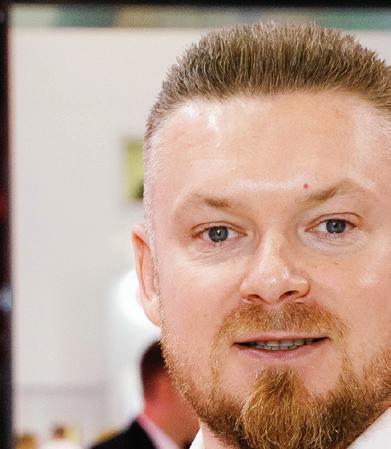

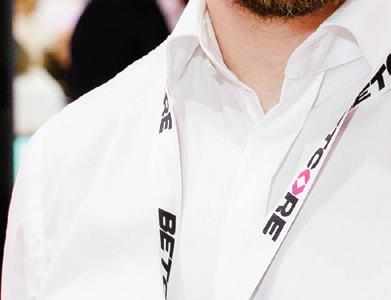




How has the launch of Betcore gone and how did ICE London help spread the word on this?
Hello! Glad to talk with your media again. You know, we are very pleased that we launched the new global brand Betcore and the positive reception it’s receiving from the iGaming audience. Betcore is an ultimate provider of casino games that combines several gaming areas available for integration through a single API. And our partners, like other operators, are interested in such a product that can easily and quickly be integrated into their system.
At ICE London 2024, we presented for the first time our new look and talked more about our products. And as we expected, we created a huge stir around our stand, firstly due to its brightness, and secondly due to innovative offerings for the market. So we are very pleased with how everything was held and were pleased with the results of the exhibition. This year, we have plans to visit several more major expos, so if you want to catch us somewhere, follow the news on our social networks or on our website betcore.eu.
Tell us about Fastsport. Can you give us an example of the kind of markets a player would bet on for 'fast sports'? Fastsport is a comprehensive platform and provider offering integration of amateur sports and esports events. Fastsport matches take five to 45 minutes and have all the same advantages as betting on big sports, namely a wide betting line, both live and pre-match, favourable odds, and exciting sports games.
As for the types of games, we currently offer bets on football, e-football and tennis, and we will also launch badminton soon. But the most important advantage of our fast sports events is that these games do not depend on high seasons, important world matches, majors etc. Sports fans will be able to place bets on their favourite sporting events at any time of the year.
How popular are fast sports betting markets? And how can you ensure responsible gambling if betting is quicker and more frequent?
Fastsport is a relatively new area that we are actively developing and introducing to our partners. Initial feedback from the audience indicates a positive reception of the product, and we are committed to continually improving our offerings and expanding the Fastsport line with new games.
When it comes to responsible gaming, we understand the importance of ensuring a safe and secure environment for players. While operators who implement our games play a crucial role in this aspect by enforcing KYC policies, excluding underage players and conducting strict identity checks, we also prioritise responsible gaming in our partnerships. We strive to collaborate with operators who are proactive in addressing responsible gambling concerns and are committed to providing a responsible gaming environment. Additionally, we maintain a focus
"We understand the importance of ensuring a safe and secure environment for players"
on the fairness of our games, offering clear game conditions, accurate odds and transparent payout percentages.
Can you tell us all about Fashion Keno, the collaboration with Fashion TV Gaming Group? This doesn’t look like your average new game...
Yes, sure! We are pleased to announce that together with the large and recognisable brand Fashion TV Gaming Group, we are launching a joint branded Keno, which we are very proud of. We are now at the stage of completing all the work around our new Keno and will tell you more about it very soon.
In the meantime, I want to note that the rules of this Keno do not change. This is still the same beloved and familiar lottery with well-known rules. Still, at the same time, together with Fashion TV Gaming Group, we have worked to make this Keno incredibly stunning and captivating. The luxurious ambience of the new Keno is sure to appeal to high rollers. And every player placing bets in our new Fashion Keno will be able to feel the atmosphere of elite Las Vegas casinos.
Finally, what are your plans for TVBet and the wider group for the rest of 2024?
As for TVBet, in 2024 we continue to actively work on enhancing the existing product. This includes ongoing efforts to improve user interface and overall user experience, ensuring our products remain user-friendly and aligned with the evolving needs and preferences of players.
In addition, this article may come out later, but in March we are planning to visit SiGMA Africa and SAGSE, where we will talk about the launch of the updated Spin2Wheels game. Previously, this game was in our portfolio and was especially popular among players on the African continent, but then we turned it off for a while and began making significant improvements to the game. We are now pleased to announce its launch again. In general, we are working on products, adding new ones and actively developing a network of partnerships. 2024 promises to be fruitful for Betcore and TVBet in particular!












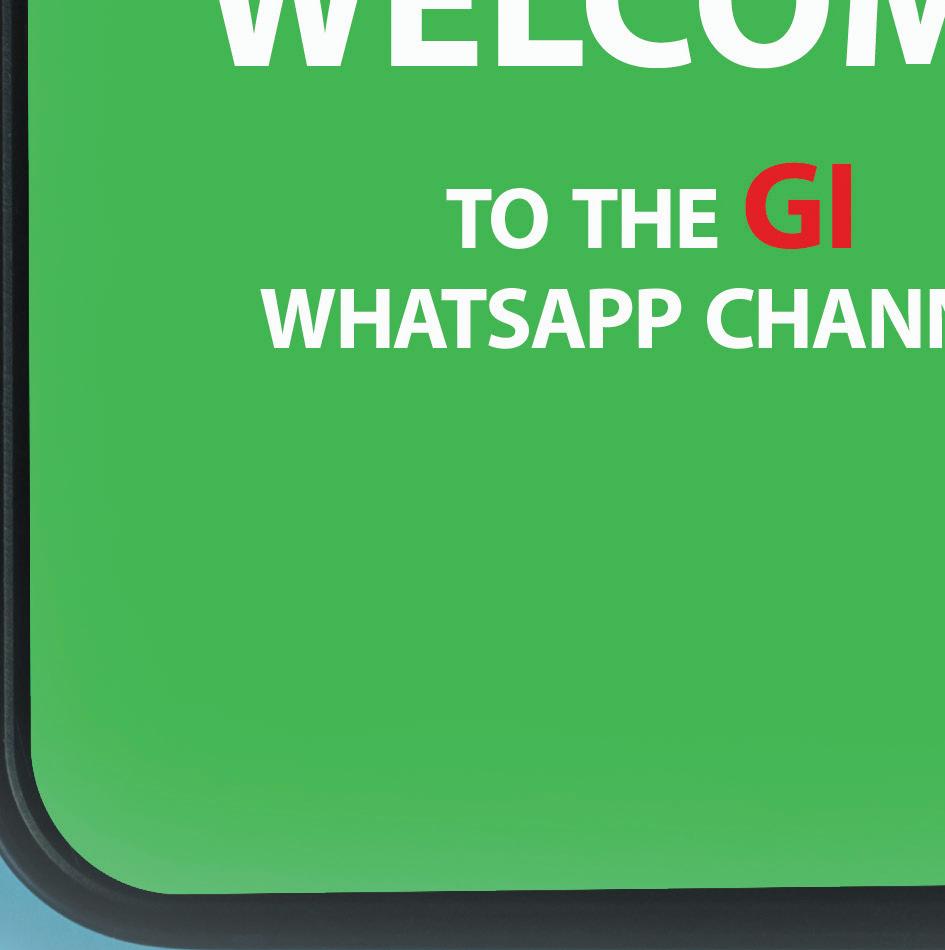











FOLLOW THE GI WHATSAPP CHANNEL FOR THE MUST-READ NEWS OF THE DAY







Gambling Insider spoke with Gil Soffer, SVP of Sales & Business Development of Galaxsys, for insight into the fast-growing and innovative verticals of fast, crash, mines, skill, and plinko games
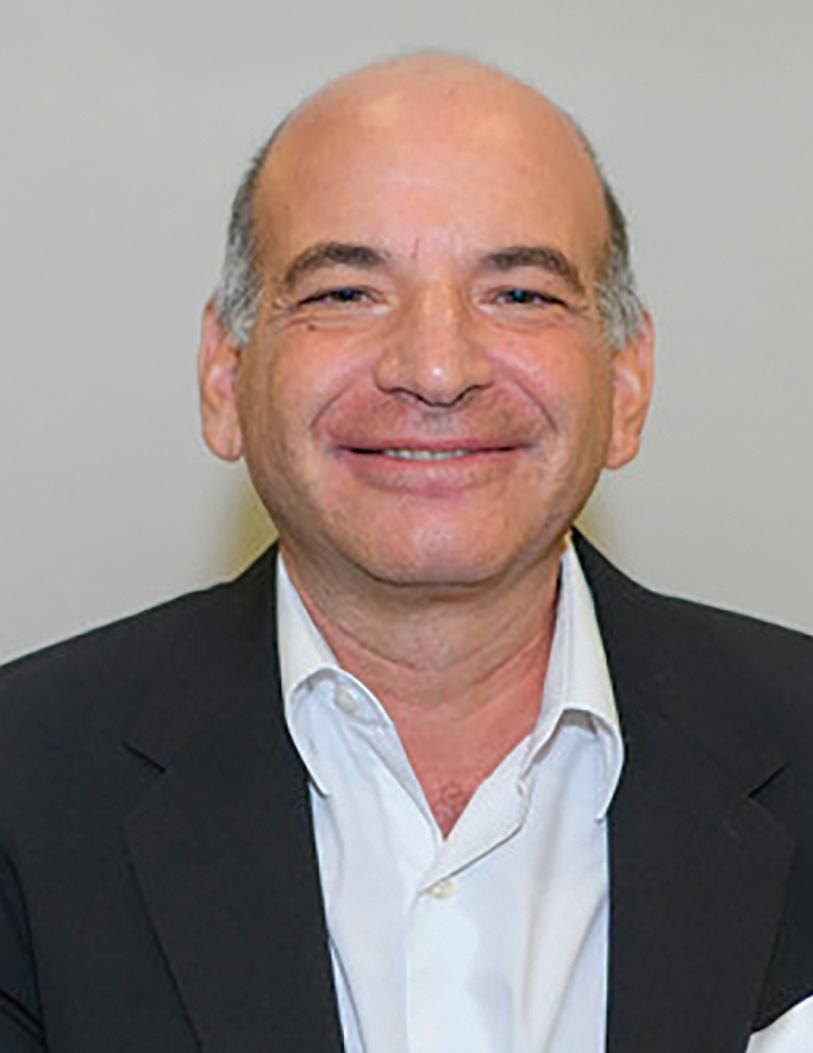
How do you reflect on Galaxsys’ performance in 2023?
It was an excellent year for the business; Galaxsys released 16 games in 2023. This included such hit games as Ninja Crash, Golden RA, Mr. Thimble, Plinkoman, F Mines, Crasher, Jungle Wheel, Roulette, Scratch Map, Coin Flip, Magic Dice, Totem, Turbo Mines, Bingo Star, Maestro and Atlantis.
2023 was an excellent year for our company growth, and 2024 is already proving to be a smash. We recently expanded into North America with Fortunecoins.com, who are one of North America’s leading social casinos. The Fortune Coins Casino is an expanding social casino brand in the US and Canada, and is operated by Blazesoft Ltd; this marks Galaxsys’ first entry into one of the biggest markets.
Are you planning on entering any new markets?
Galaxsys has widened its market coverage throughout the year. Our games are accessible to 150+ operators, with 170 currency options and 30+ games available in a single integration. We saw user growth of 263% in 2023 compared to 2022. This demonstrates our
gaming services’ growing demand and popularity among tier-one casino operators. From a new market perspective, we have MGA and Curaçao licences and have obtained certifications for Romania, Croatia, Serbia, Bulgaria, Greece, the Republic of Srpska, Switzerland, Colombia; we are also entering Italy and other markets located in Europe, Asia and LatAm countries.
How do your games perform?
Galaxsys games are enjoyed across many different markets. The reason is that online casino players want to try something new, something different, but they also like games that are simple and easier to play. Players like to maximise their time to play without having to learn the complexities of characters, bonus conditions and bonus rounds, which can result in confusion, particularly when they only have a certain amount of free time for gameplay. Crash and Fast Games provide a streamlined experience with low friction and give players the feeling of control over what happens next during the game. These are just a few reasons behind the increased demand from players and B2C operators for our game portfolio.
What have you learned from your market expansion?
We continually review which new markets to enter and bring our services to a broader market. The lessons we have learned from the previous expansions provide valuable insights for our future pipeline. Every country’s market has unique characteristics and dynamics, and we welcome the chance to change and improve.
Galaxsys’ current focus is expanding into markets including North America, the UK,
Italy, Netherlands, Sweden, South Africa, Colombia and the Baltics. We have also started developing our own slots, which will be very exciting for our continued growth throughout 2024.
Can you talk us through the games you have launched so far this year?
We have released some great games, such as “Dr. Shocker,” where players enjoy a fast-paced game by connecting cables to win. “Tower Rush” requires players to create an endless series of floors to maximise their chances. “Limbo Crash” introduces an exciting concept, with winnings dependent on the chosen multipliers. “Bingo Star” combines the most popular bingo elements with a surprising twist. “Hot Gear” seamlessly blends speed and fashion by requiring players to scratch their fingers and reveal the matching odds or attractive symbols. “Cosmo Saga” is a puzzle game that requires players to move colourful particles to create winning combinations. Each game has its distinctive features and will prove popular with players.
What are your aims for the rest of 2024?
Galaxsys is already prominent in the fast and crash games market. We design, create and develop games that are extremely engaging and attractive to all casino players. As we mentioned earlier in our discussion, we are super excited to be developing and launching our own slot games, and that will power our continued growth. We love helping our partners increase their players’ active and revenue targets, and 2024 will be an amazing year for Galaxsys.
"Casino players want to try something new, something different, but they also like games that are simple and easier to play"

GALACTIC X-PERIENCE:
NOVOMATIC SKYROCKETS INTO NEW GAMING SPHERES WITH BRAND-NEW CABINET
As one of the industry's leaders, Novomatic guarantees an incredible X-perience for its customers and directs the spotlight on VIPs this year: the recently launched V.I.P. X cabinet series is aimed at discerning gaming guests and, of course, operators who want to welcome their guests with out of this world top-class gaming entertainment. The impressive V.I.P. X Royal™ 1.85, the V.I.P. X Dream™ 3.43 and the V.I.P. X Lounge™ 2.32 offer exceptional luxury with exquisite V.I.P. comfort, extra high and wide gaming screens, and an integrated sound system in a comfortable armchair – factors that
ensure an intensive gaming experience and maximum immersion.
This Very Important Player X-perience was enhanced at ICE 2024 with the world premiere of a spectacular new cabinet: The brand-new V.I.P. X Galaxy™ 2.65 presents itself in its galactically large form and scores with unique seating comfort and design. With the ultra-wide set-up of two 65” game screens and its adjustable luxury seating comfort, it skyrockets players into new galaxies of gaming enjoyment. Because every player deserves to feel like a V.I.P.
“Our V.I.P. X Galaxy™ 2.65 luxury cabinet has to be experienced – it stands for the combination of high-end comfort and futuristic design. Functionality meets
modern gameplay and transports every gamer to new gaming galaxies,” explains Thomas Schmalzer, VP Global Sales and Product Management Novomatic AG enthusiastically.
Novomatic complements the galactic X-perience with exciting new Progressive Links. The four games of the GODS & LEGENDS™ Link take players to mythical worlds of ancient Greece, Egypt, Asia, and Scandinavian Viking times. The new CASH FLOOD™ Linktrio furthermore provides triple the excitement on the gaming floor while the top performing XTENSION LINK™ wows player as Volume 2 with all time Novomatic classics as well as new gaming highlights in its own XL version.

Zitro’s Norse mythology-inspired multigame, Mighty Hammer, has been launched at Casino de Ibiza (Ibiza Casino) on the Spanish island. Using symbols like Thor's hammer and lightning, the game has been designed to draw in players using familiar iconography with a new system of play. The game will be available in the casino’s gaming hall and will join many other casinos globally currently offering Zitro’s Mighty Hammer games.
The game’s mechanics include Zitro’s Link Up and Link King features, with three additional bonus links including the bonus link, bonus jewels and bonus thunder
Through these links, players can improve their Jackpot Bonus proportionally to the bet placed, with Zitro describing the experience to players at the Ibiza Casino as providing “three levels of excitement and multiple possibilities, each connected to a different bonus link.”
The game operates using a 4x5 slot format. The Mighty Hammer games have been a
part of several notable launches for Zitro, including the launch of the company’s first Wide Area Progressive (WAP) in Panama with the game ‘Mighty Hammer Ultimate’ in December.
Zitro Director of Casinos in Spain, Jaime Aníbal-Álvarez, said: “With the inclusion of Mighty Hammer, we have no doubt that players will surrender to its highly
entertaining gaming experience, featuring a dynamic gameplay.”
Ibiza Casino management added: “The inclusion of Mighty Hammer in our gaming hall has generated great satisfaction among players, who enjoy this game due to its impeccable graphics and innovative mechanics.”
The game is currently live at the venue.
"WITH THE INCLUSION OF MIGHTY HAMMER, WE HAVE NO DOUBT THAT PLAYERS WILL SURRENDER TO ITS HIGHLY ENTERTAINING GAMING EXPERIENCE, FEATURING A DYNAMIC GAMEPLAY" – ZITRO DIRECTOR OF CASINOS IN SPAIN, JAIME ANÍBAL-ÁLVAREZ
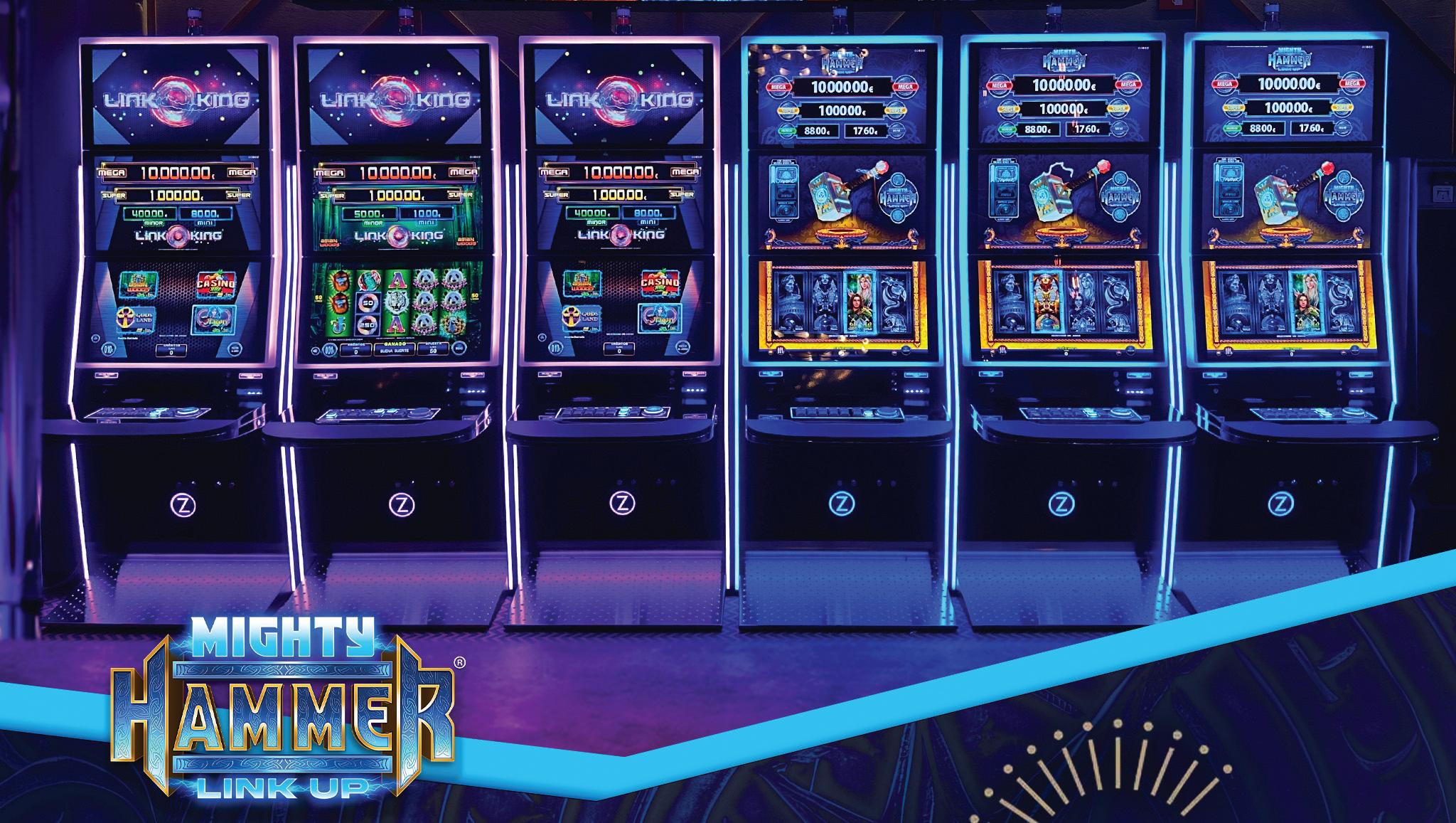
During ICE London 2024, Konami Gaming showcased some of its top land-based slot series, which included an overview of new releases that would be available to current and prospective partners.
One of the slot series exhibitors discovered during ICE was Fortune Mint Trinity™, which will be linked on the DIMENSION 49™ cabinet and the DIMENSION 49J™ cabinet.
The DIMENSION 49J™ is equipped with a 49-inch 4K Ultra HD (UHD) “J” curve display and the custom-engineered button interface is contained within a lighted deck with dual classic spin buttons, and there is even surface space for personal belongings such as drinks, phones, etc. As well this, other features include a wireless smartphone charging pad, USB port and built-in handbag hook.
Fortune Mint Trinity™ was shown to guests at ICE on DIMENSION 49J™ and players of
Konami’s Fortune Mint™ will be somewhat familiar with the new Fortune Mint Trinity™. With this latest series, players have an even greater multiplier win potential with a trio of playable reel windows.
Throughout the game, Trigger symbols marked with “Trinity” and “Double” appear across reel 1 and any time a player hits one of these Triggers, a corresponding number of reel windows suddenly appears into the upper part of the screen, to continue the same spin with three unique outcomes. With more reel windows, there is a greater potential of winning.
Like in Fortune Mint™, Coin Symbol credit prizes are collected across the centre reels whenever they appear in succession from left to right on Fortune Mint Trinity™, with bonus multiplier and jackpot transformations for the centre reel symbols. If a player gets three or more Scatter Symbols across any of the reel windows, they will be awarded with up to 20 free games.
"DURING ICE LONDON 2024, KONAMI GAMING SHOWCASED SOME OF ITS TOP LAND-BASED SLOT SERIES, WHICH INCLUDED AN OVERVIEW OF NEW RELEASES THAT WOULD BE AVAILABLE TO CURRENT AND PROSPECTIVE PARTNERS"
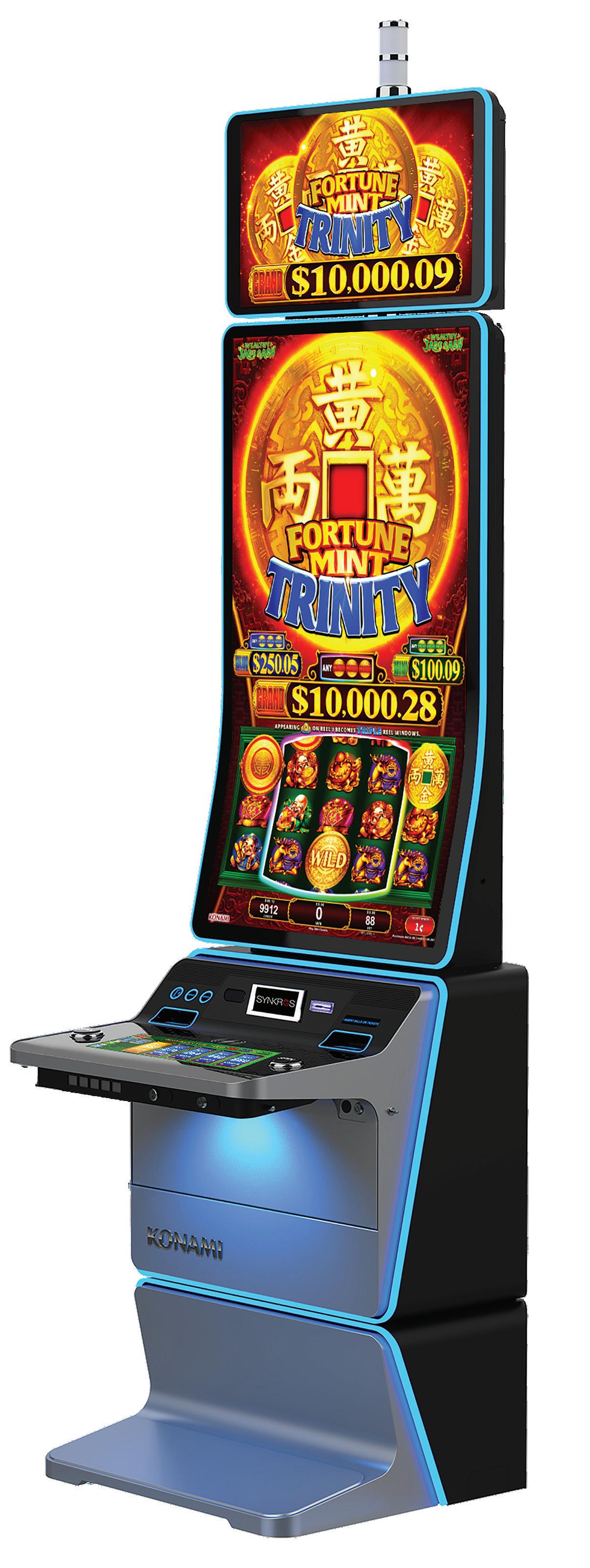

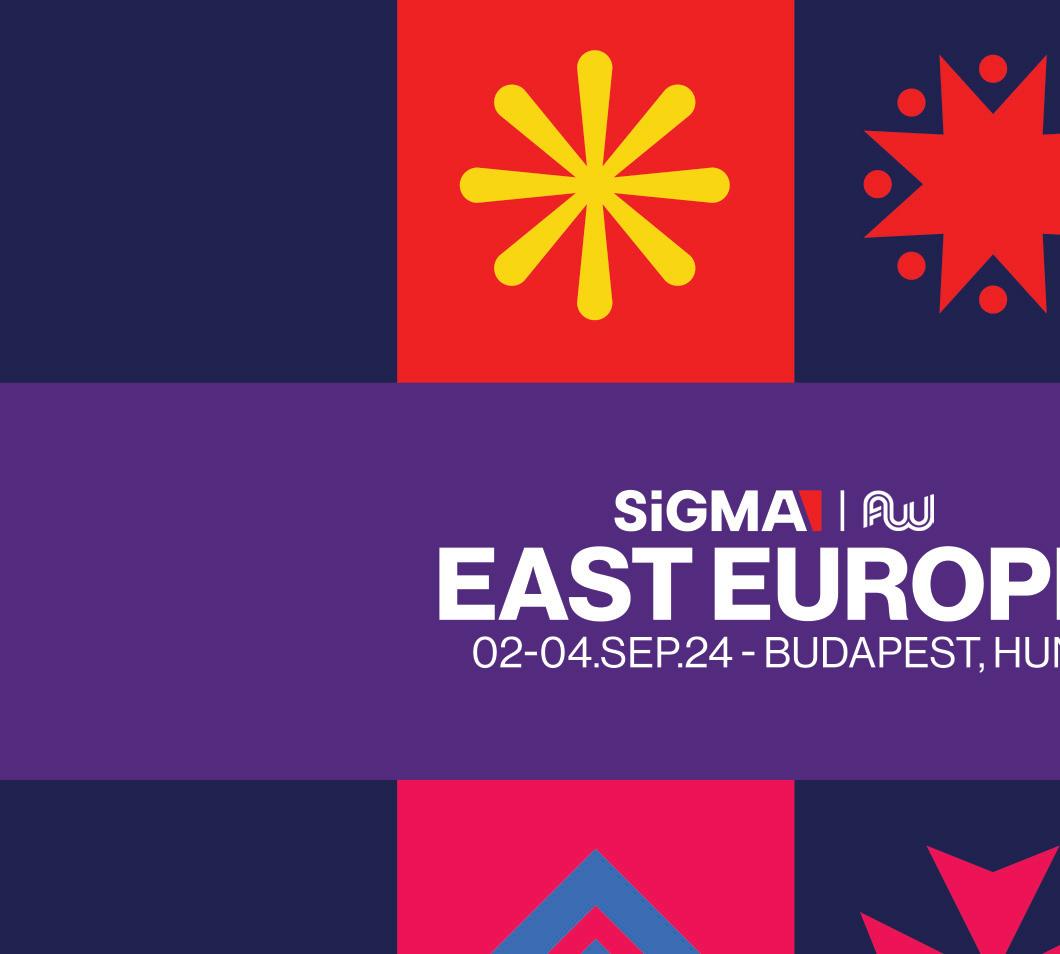
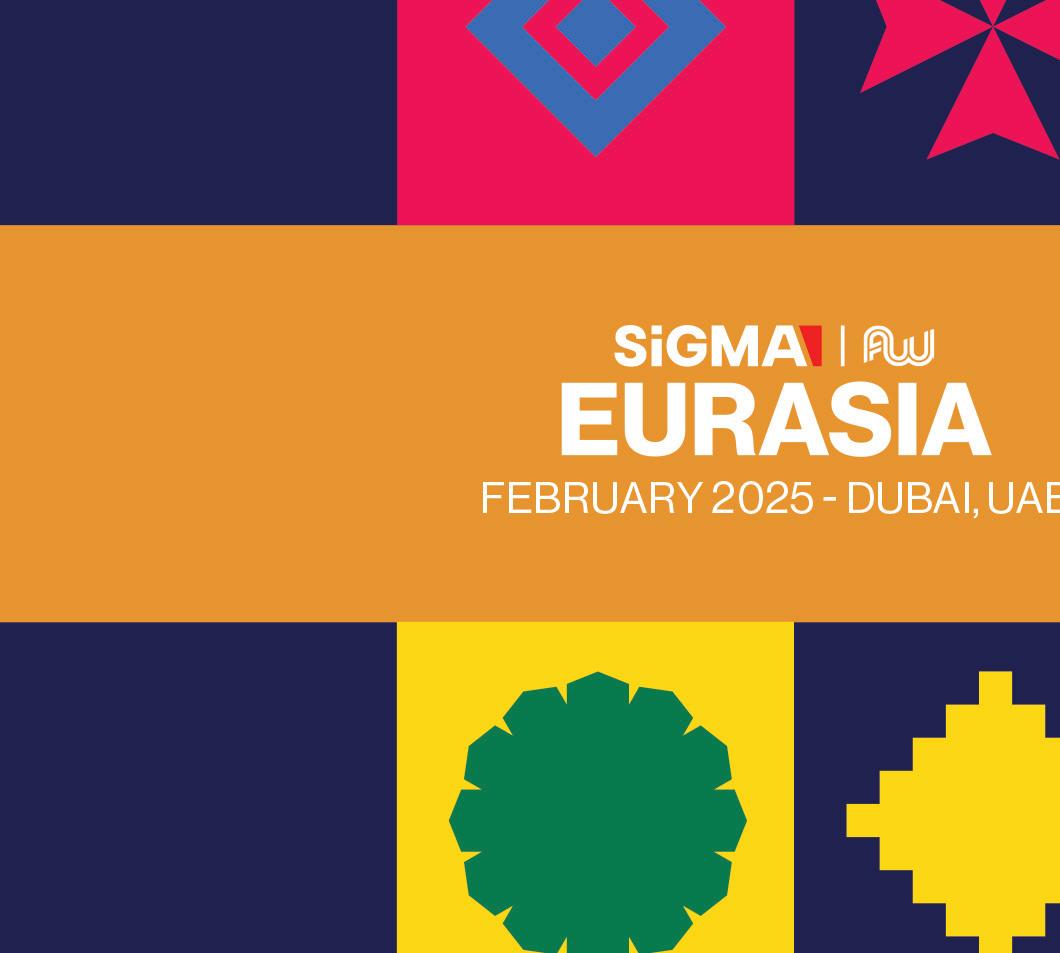
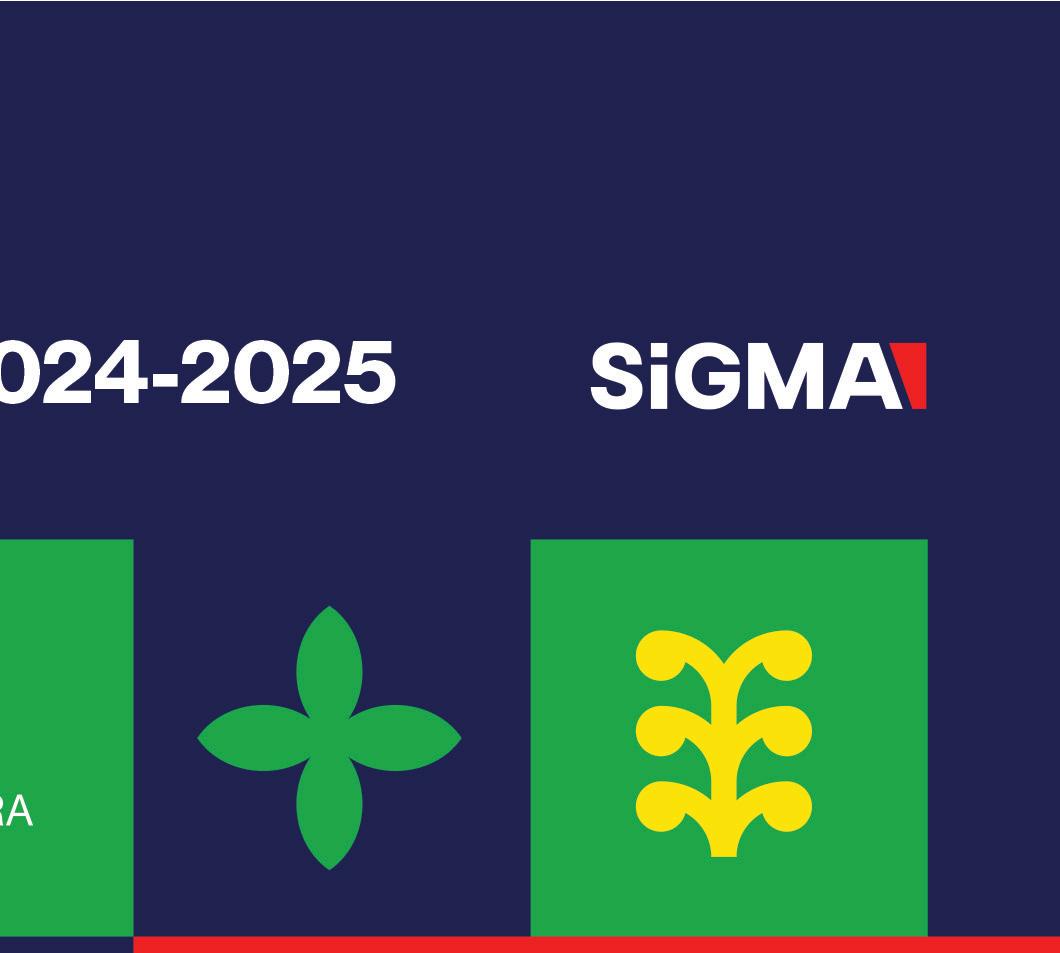

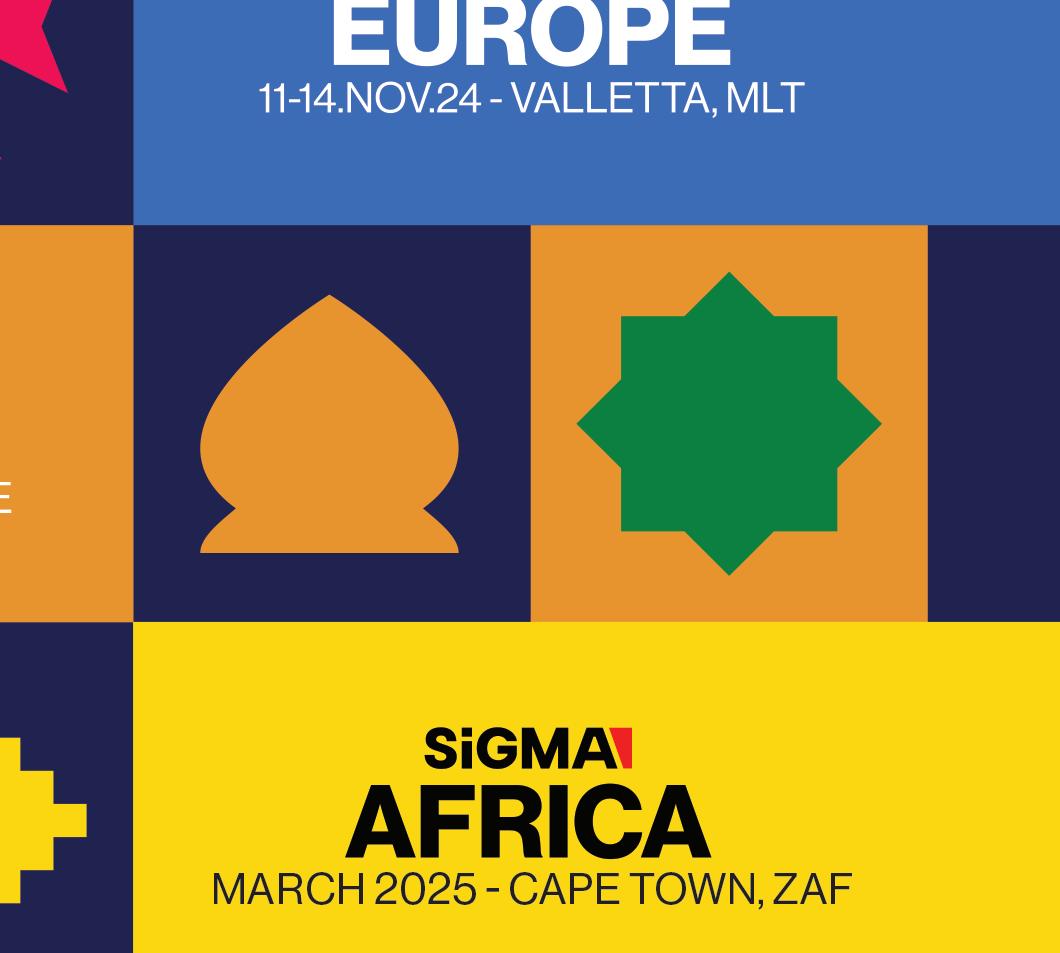


A D B C



Aardvark Technologies
www.adv.bet
T: +370 640 50001
E: sales@adv.bet
Aruze Gaming
www.aruzegaming.com
T: +1 70 2361 3166
E: sales@aruze-gaming.com


Continent 8
www.continent8.com
T: +44 16 2467 8888
E: sales@continent8.com
BBIN
www.bb-in.com
E: service@mail.bb-in.com
bet365
www.bet365.com
T: +44 80 0028 8365
E: support-eng@customerservices365.com

Betradar
www.betradar.com
T: +41 7 1517 7200
E: sales@betradar.com
BtoBet
www.btobet.com
E: sales@btobet.com

BetConstruct
www.betconstruct.com
T: +44 20 3709 9010
E: sales@betconstruct.com

Digitain LLC
www.digitain.com
T: +3 74 6070 0400
E: info@digitain.com
E





EveryMatrix
www.everymatrix.com
T: +40 3 7104 2222
E: info@everymatrix.com
Evolution
www.evolution.com
E: asrealasitgets@evolution.com
Evoplay
evoplay.games
E: business@evoplay.games
Exacta Solutions
www.exactasolutions.com
T: +356 2134 4249
E: info@exactasolutions.com
F

G



FastTrack
T: +44 113 320 2245
E: letsgo@fasttrack-solutions.com

Interblock
www.interblockgaming.com
E: info@interblockgaming.com
Gaming Arts
www.gamingarts.com
T: +1 702 818 8943
Global Payments
Gaming Solutions
www.globalpaymentsgaming.com
T: 702-822-7000
E: tiona.petty@globalpay.com
Greentube
www.greentube.com
T: +43 1 90 171
E: o ce@greentube.com

HHabanero
www.habanerosystems.com
E: sales@habanerosystems.com
I

IGT
www.igt.com
T: + 1 702 669 7777
E: info@igt.com
L K

Kambi
www.kambi.com
T: +356 21315514
E: sales@kambi.com

LeoVegas A liates
leovegasa liates.com
T: +356 27780258
E: a liate@leovegas.com
M
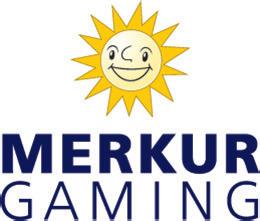
N


MERKUR GAMING
www.merkur-gaming.com
T: +49 5741 2736 9301
E: sales@merkur-gaming.com
Neosurf
www.business.neosurf.com
T: +44 1483 3630 91
E: sales@neosurf.com
NOVOMATIC
www.novomatic.com
T: +43 2252 606 0
E: communications@novomatic.com


E: info@pariplayltd.com P
Pariplay
www.pariplayltd.com
T: +3 56 2756 3725

Trustly Group AB
www.trustly.com
E: sales@trustly.com
Pragmatic Play
www.pragmaticplay.com
E: sales@pragmaticplay.com
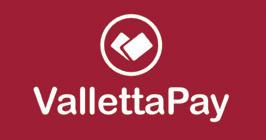
VallettaPay
www.vallettapay.com
T: +44 151 947 0483
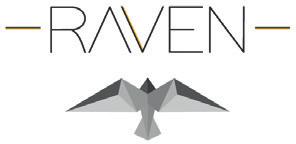

S R




Raven Track
www.raventrack.com
T: 07799 898 175
E: adam@raventrack.com
Relax Gaming
www.relax-gaming.com
E: sales@relax-gaming.com

Y

Suzo Happ
www.na.suzohapp.com
T: 888-289-4277
E: sales@suzohapp.com
Soft2Bet
www.soft2bet.com
E: office@soft2bet.com
E: sales@worldmatch.eu W Z T V
E: info@vallettapay.com
World Match
www.worldmatch.eu
T: +39 049 785 1905
Yggdrasil Gaming
www.yggdrasilgaming.com
E: sales@yggdrasilgaming.com

Zitro
www.zitrogames.com
T: +352 266 33
E: info@zitrogames.com

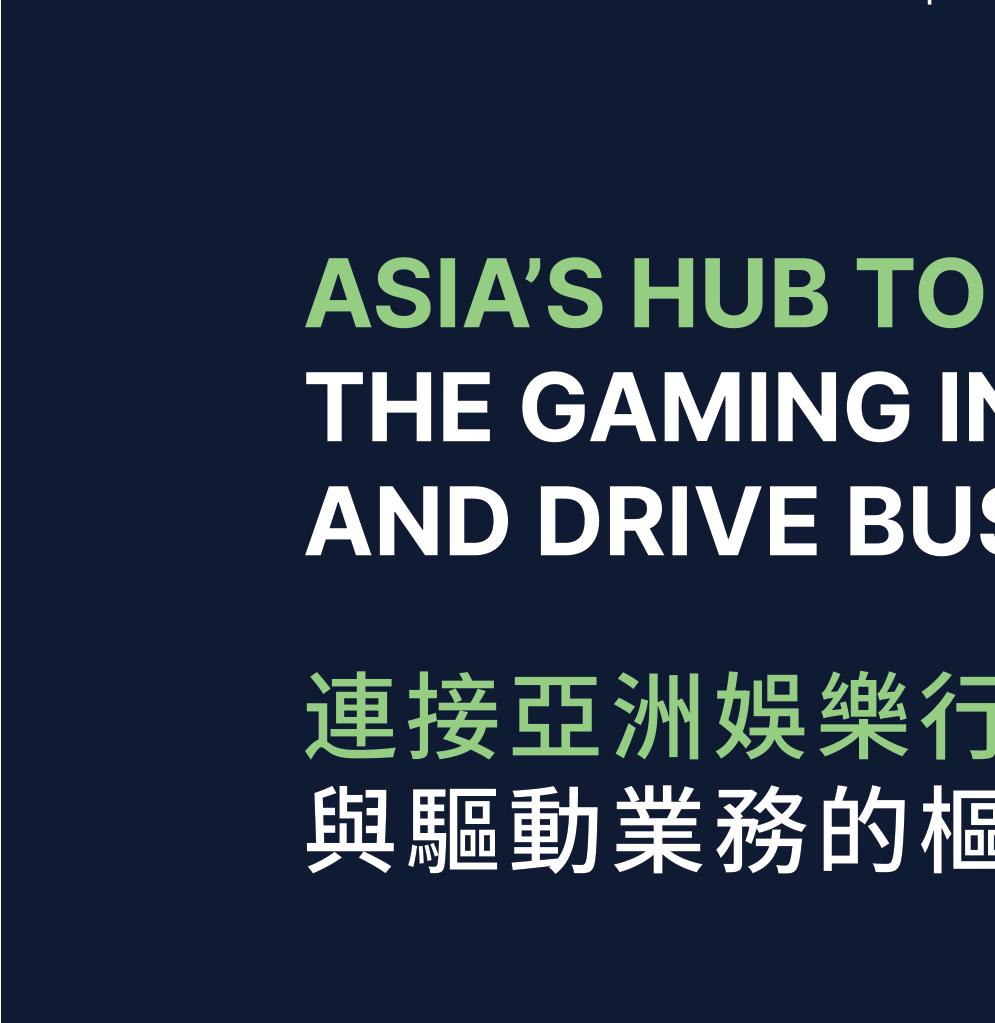



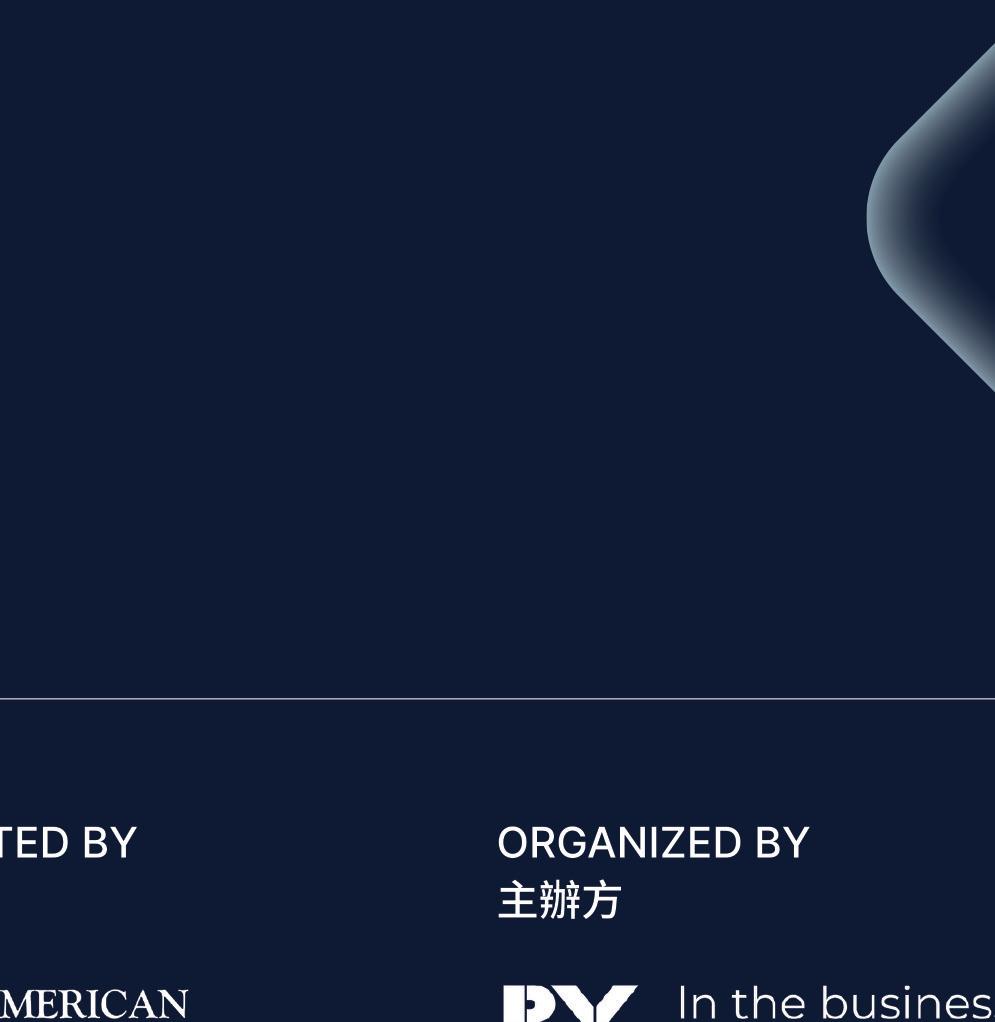































































Praxis Tech CTO, Guy Karsenti, speaks to Gambling Insider about the latest product enhancements and where the company is heading




Praxis Cashier has recently had a substantial upgrade. Could you talk us through that?
Of course, and thank you for the opportunity to discuss our premier product Cashier, which represents a significant part of our portfolio, that also includes Praxis Direct and Hosted Payment Fields (HPF). Cashier is a popular all-in-one payment solution that offers iGaming providers a holistic user interface with a full-stack comprehensive functionality in handling their payment forms, checkout, deposit, and withdrawal processes across their desktop, mobile, and automated payment experiences.
It’s a payment orchestration platform that’s designed to simplify the ability for online merchants to accept payments from anywhere in the world in the most efficient manner and comes pre-integrated with a substantial range of Payment Service Providers (PSPs) and Alternative Payment Methods (APMs) and is already compatible with the iGaming industry’s most popular Customer Relationship Management (CRM) platforms.
Last month we announced a substantial customisability upgrade to Cashier, which now provides merchants with a full theme Editor that lets them implement their brand personalisations across their entire user payment interface. While branding was always an option, this added functionality offers merchants almost complete autonomy over their payment fields and customer experiences.












This is particularly beneficial to the iGaming industry, where such customisation is crucial for user engagement and retention, be it through first-time deposits, one-click payments, or automatic balance top-ups.
What else is Praxis Tech working on? Are there any new developments or launches on the horizon?
We’re working on plenty of exciting products and feature announcements, as we continue to refine and evolve our current offerings. One area we’ve focused on recently is the expansion of our Decline Recovery feature suite, which is tailored to address common issues in online transactions, such as declines due to incompatible currency conversions and insufficient funds.
A recent addition to this suite is our 3DS Cascading feature, which intelligently re-routes payments that encounter issues without requiring the user to go through Strong Customer Authentication (SCA) checks repeatedly. This feature, alongside our cascading with open banking feature for card payments and our ongoing work to apply the latest AI advancements to our smart routing methods, ensures Praxis is at the forefront of payment innovation.
By addressing common causes of transaction declines, our feature-suite supported merchants to recover 20% of payments that would have otherwise been lost last year. We expect our 3DS feature and our soon-to-be-released Risk and Fraud engine, which will be powered by




















Visa’s CyberSource solution, to add to this recovery capability substantially.
What other global markets do you aim to enter into?
As we continue to grow our global footprint, which now consists of over 140 employees across two continents, we’re actively deepening our partnerships in Southeast Asia and the LatAm regions in response to growing demand.
With evolving local market dynamics and legislative developments, particularly in countries like Brazil where instant payment methods such as PIX have become a necessity, Praxis’ pre-integrated and ready-to-deploy payment solutions enable us to serve a growing number of iGaming operators in these regions.
What is Praxis’ overall aims for 2024?
Looking back at 2023, we are proud of what we achieved, including approving a record $4.5 billion in transaction volume, signing 150 new contracts, and integrating with 112 new PSPs.
For 2024, we’re setting even higher goals and plan to exceed these already impressive figures and continue our consecutive and sustained growth. Part of this plan involves investing more on internal development and talent growth, while also continuing to enhance our product and feature suits to support an ever-growing number of iGaming providers and online businesses to offer local payment options to a global audience.














